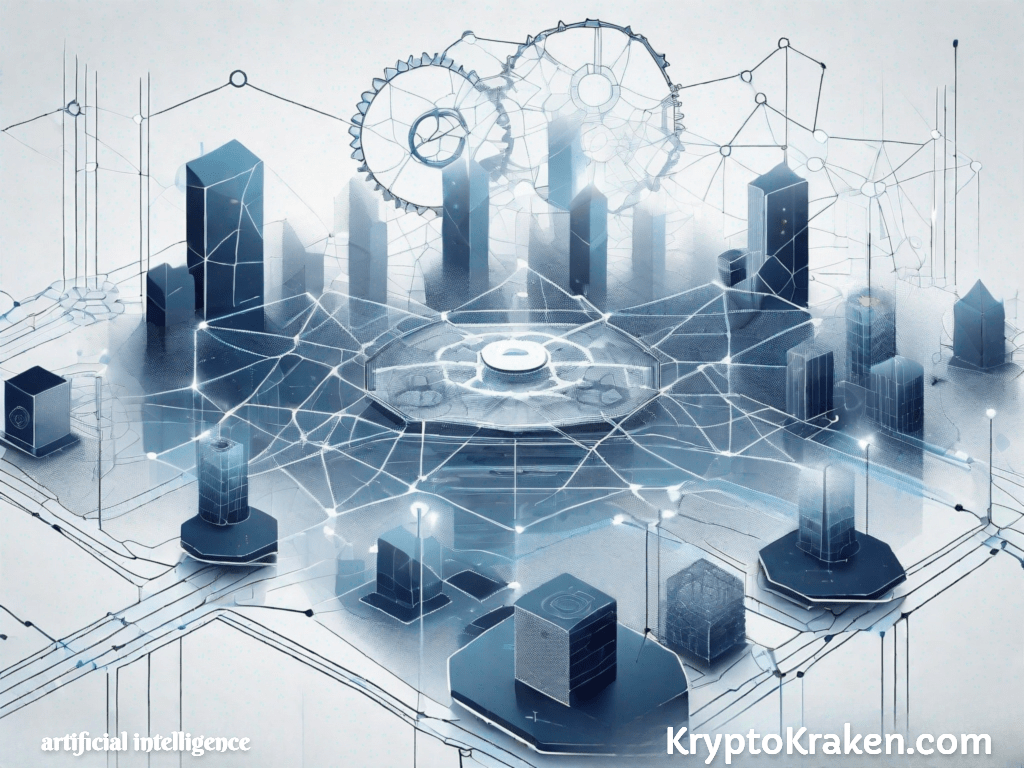
- August 25, 2023
- Dennis Frank
- 6
Table of Contents
Exploring the Applications of Artificial Intelligence(AI) in Decentralized Blockchain and blockchain technology are two of the most exciting and revolutionary advancements of our time. While they have made significant progress independently, their integration has the potential to unlock even greater possibilities. In this article, we will delve into the various applications of AI. In decentralized blockchain and explore how this fusion is reshaping industries worldwide.
Understanding the Basics of Artificial Intelligence and Blockchain
Before we dive into the applications, let’s take a moment to understand the fundamentals of AI and blockchain. AI is the simulation of human intelligence in machines, enabling them to learn, reason, and perform tasks that typically require human intelligence. On the other hand, blockchain is a decentralized, transparent, and immutable ledger that records transactions across a network of computers.
Despite their distinct natures, AI and blockchain share common decentralization, transparency, and security principles. These complementary characteristics lay the foundation for their integration.
Defining Artificial Intelligence
Artificial Intelligence is the simulation of human intelligence in machines, enabling them to perform tasks that typically require human cognitive abilities. AI algorithms can analyze vast amounts of data, identify patterns, make predictions, and learn from experience.
When it comes to AI, there are different types and levels of intelligence. Narrow AI, also known as weak AI, is designed to perform specific tasks within a limited domain. It excels at speech recognition, image classification, and recommendation systems. On the other hand, general AI, also known as strong AI, aims to possess the same level of intelligence as a human being, capable of understanding, learning, and performing any intellectual task that a human can do.
Machine learning is a subset of AI that focuses on algorithms that can learn from and make predictions or decisions based on data. It involves training models on large datasets to recognize patterns and make accurate predictions or decisions without being explicitly programmed.
Another important aspect of AI is natural language processing (NLP), which enables machines to understand and interpret human language. NLP algorithms can analyze text, extract meaning, and generate responses that are contextually relevant.
The Fundamentals of Decentralized Blockchain
Decentralized blockchain, as the name suggests, is a distributed ledger technology that lacks a central authority or control. It operates through a network of computers (nodes) that work together to validate and record transactions. The decentralized nature of blockchain ensures transparency, security, and immutability. You can read more about blockchain and how it works in this article: Blockchain Basics: How Does a Blockchain Work Step by Step?
Blockchain technology relies on cryptographic algorithms to secure transactions and maintain the integrity of the ledger. Each transaction is bundled into a block and added to the chain in chronological order. Once a block is added, it becomes nearly impossible to alter or tamper with the information stored within it.
One of the key features of blockchain is its transparency. Every participant in the network has access to the same copy of the ledger, ensuring that all transactions are visible to everyone. This transparency enhances trust and eliminates the need for intermediaries in many scenarios.
Blockchain also offers security through its consensus mechanism. Consensus algorithms, such as Proof of Work (PoW) or Proof of Stake (PoS), ensure that all participants agree on the validity of transactions and the order in which they are added to the chain. This consensus mechanism makes it extremely difficult for malicious actors to manipulate the ledger.
Furthermore, blockchain’s decentralized nature eliminates the single point of failure that exists in traditional centralized systems. With no central authority, the network becomes more resilient to attacks and disruptions. Even if some nodes go offline or get compromised, the network can still function and maintain the integrity of the ledger.
Blockchain technology has gained significant attention and adoption beyond its initial use case of cryptocurrencies. It is being explored and implemented in various industries, including finance, supply chain management, healthcare, and more. The potential of blockchain lies in its ability to provide trust, security, and transparency in a wide range of applications. Additionally, Learn about the Applications of Artificial Intelligence in Cryptocurrency
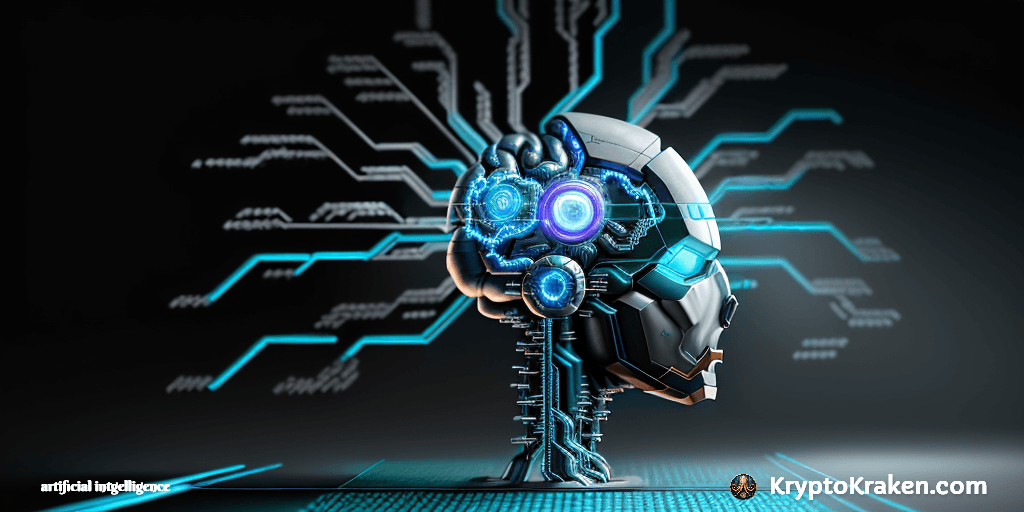
The Intersection of AI and Blockchain
The integration of AI and blockchain technology is a powerful alliance that holds immense potential across various domains. Let us examine how AI complements blockchain technology and enhances its capabilities.
How AI Complements Blockchain Technology
One of the most significant advantages of combining AI and blockchain lies in the ability to leverage AI’s advanced analytical capabilities to extract valuable insights from the vast amounts of data stored on the blockchain. AI algorithms can identify patterns, detect anomalies, and generate actionable intelligence, enabling businesses to make data-driven decisions with greater accuracy and efficiency.
The Role of AI in Enhancing Blockchain Efficiency
By integrating AI with blockchain, organizations can enhance the efficiency of various blockchain operations. AI-powered algorithms can improve consensus mechanisms, optimize transaction verification processes, and enhance the scalability of blockchain networks. This ensures faster transaction times, lower costs, and improved overall performance.
Potential Applications of AI in Blockchain
Now that we understand how AI bolsters blockchain technology, let’s explore some of the potential applications where this fusion can have a transformative impact.
AI in Blockchain Security
Security is a paramount concern in blockchain implementations. By integrating AI, organizations can develop robust security mechanisms that can identify and prevent fraudulent activities. Exploring the Applications of Artificial Intelligence algorithms can analyze network behavior patterns, detect potential threats, and provide real-time alerts, effectively safeguarding blockchain networks against cyberattacks and unauthorized access.
AI for Smart Contracts
Smart contracts, self-executing contracts with the terms of the agreement directly written into lines of code, are a key component of blockchain technology. By incorporating AI, smart contracts can become even more powerful. AI algorithms can evaluate and execute complex contractual conditions, automate decision-making processes, and ensure accuracy and transparency in contract execution. Another good read on this subject is here: Exploring the Applications of Artificial Intelligence in Smart Contracts
AI in Blockchain Data Analysis
The abundance of data stored on the blockchain presents a goldmine of insights. Exploring the Applications of Artificial Intelligence can help in extracting valuable information from this data, enabling organizations to perform advanced analytics, monitor trends, predict future outcomes, and optimize their business strategies. Additionally, AI can enhance data privacy by anonymizing sensitive information while still maintaining its integrity.
Challenges and Solutions in Integrating AI with Blockchain
While the fusion of AI and blockchain holds immense potential, several challenges must be addressed to fully capitalize on their synergies.
Technical Challenges in AI-Blockchain Integration
The integration of AI with blockchain poses technical challenges, such as scalability, interoperability, and computational requirements. Overcoming these challenges requires the development of innovative solutions, including the design of AI algorithms optimized for blockchain environments and the advancement of scalable blockchain architectures.
Ethical and Legal Considerations
As AI becomes more prevalent in blockchain implementations, ethical and legal considerations must be taken into account. Issues related to data privacy, bias in Exploring the Applications of Artificial Intelligence algorithms, and accountability in decision-making need to be carefully addressed. Establishing comprehensive regulations and ethical frameworks is crucial to ensure the responsible and ethical use of AI in blockchain applications.
Potential Solutions and Future Directions
To overcome the challenges and harness the full potential of AI in decentralized blockchain, collaboration and research between AI and blockchain communities are essential. Through interdisciplinary efforts, ongoing technological advancements, and shared knowledge, we can develop innovative solutions and shape the future of this powerful fusion.
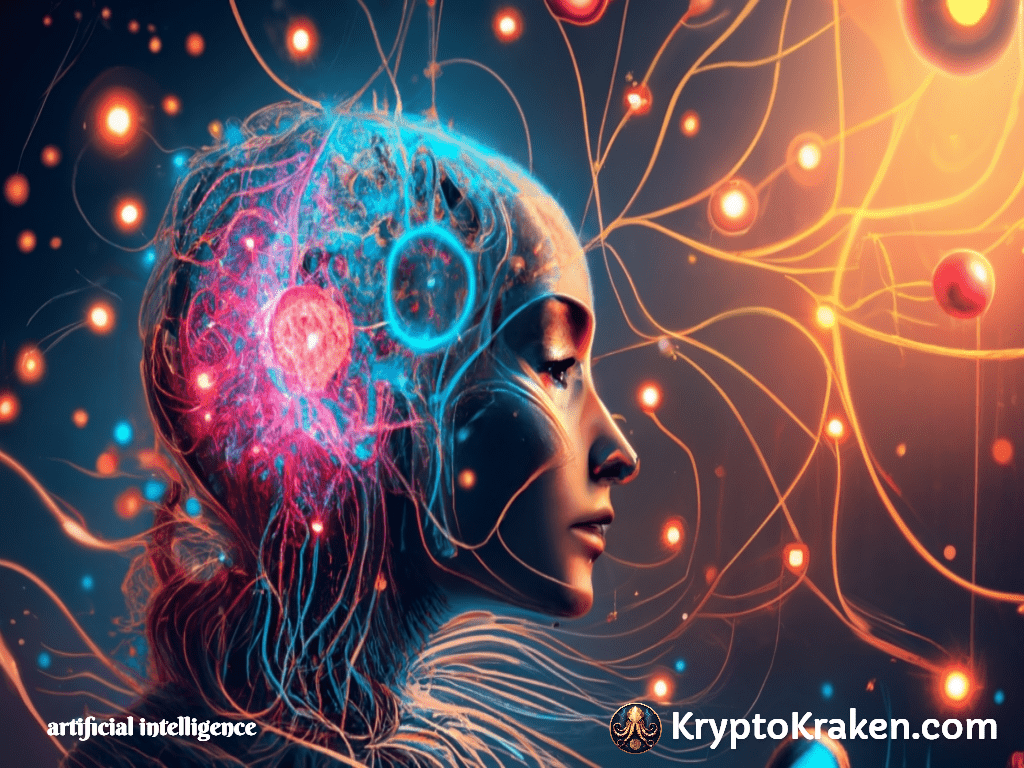
The integration of AI and blockchain is still in its early stages, but the future looks incredibly promising. Let’s explore some of the predicted trends and the potential impact on various industries.
Predicted Trends in AI and Blockchain
Experts anticipate that AI will continue to enhance blockchain scalability, privacy, and security. On the other hand, blockchain will provide the immutable and transparent foundation required to ensure the integrity and traceability of AI algorithms and models. Together, these technologies will drive advancements in areas such as decentralized finance, supply chain management, healthcare, and many others.
The Impact on Various Industries
The integration of AI and blockchain will revolutionize numerous industries. For example, in healthcare, AI-powered blockchain solutions can enable secure sharing of patient data, facilitate clinical research, and improve diagnostics and treatment outcomes. Likewise, in finance, AI algorithms integrated with blockchain can enhance fraud detection, streamline regulatory compliance, and provide personalized financial services.
Preparing for a Blockchain and AI-Driven Future
As AI and blockchain continue to converge and reshape industries, it is crucial for individuals, organizations, and governments to adapt and prepare for this transformative future. Embracing lifelong learning, fostering innovation, and establishing regulatory frameworks are key steps to maximize the benefits and minimize any potential risks associated with this powerful fusion.
In conclusion, the integration of artificial intelligence in decentralized blockchain opens up endless opportunities for innovation and disruption. As we explore the applications, overcome challenges, and shape the future. The potential for this fusion to revolutionize industries and empower individuals is truly remarkable.



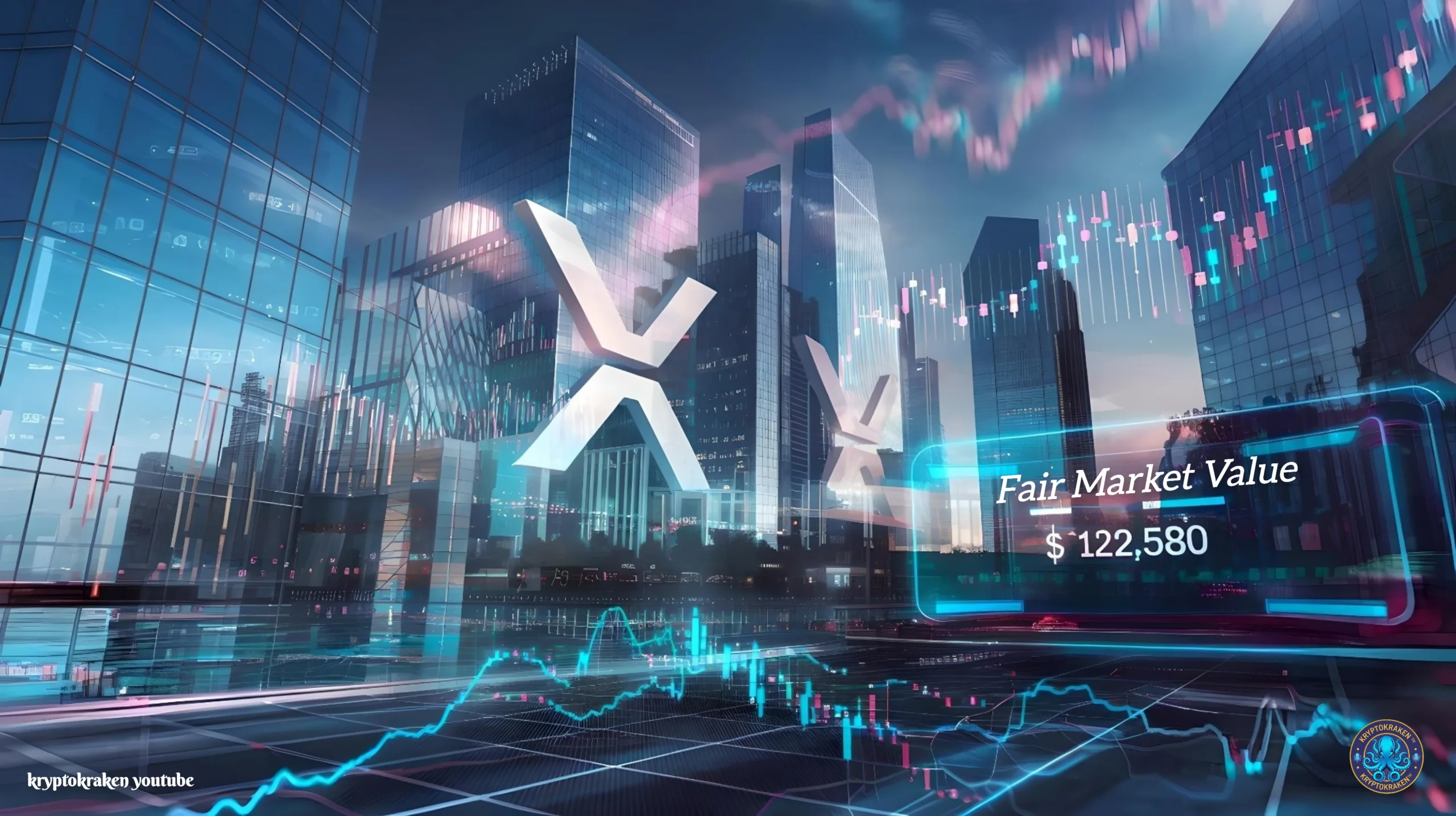

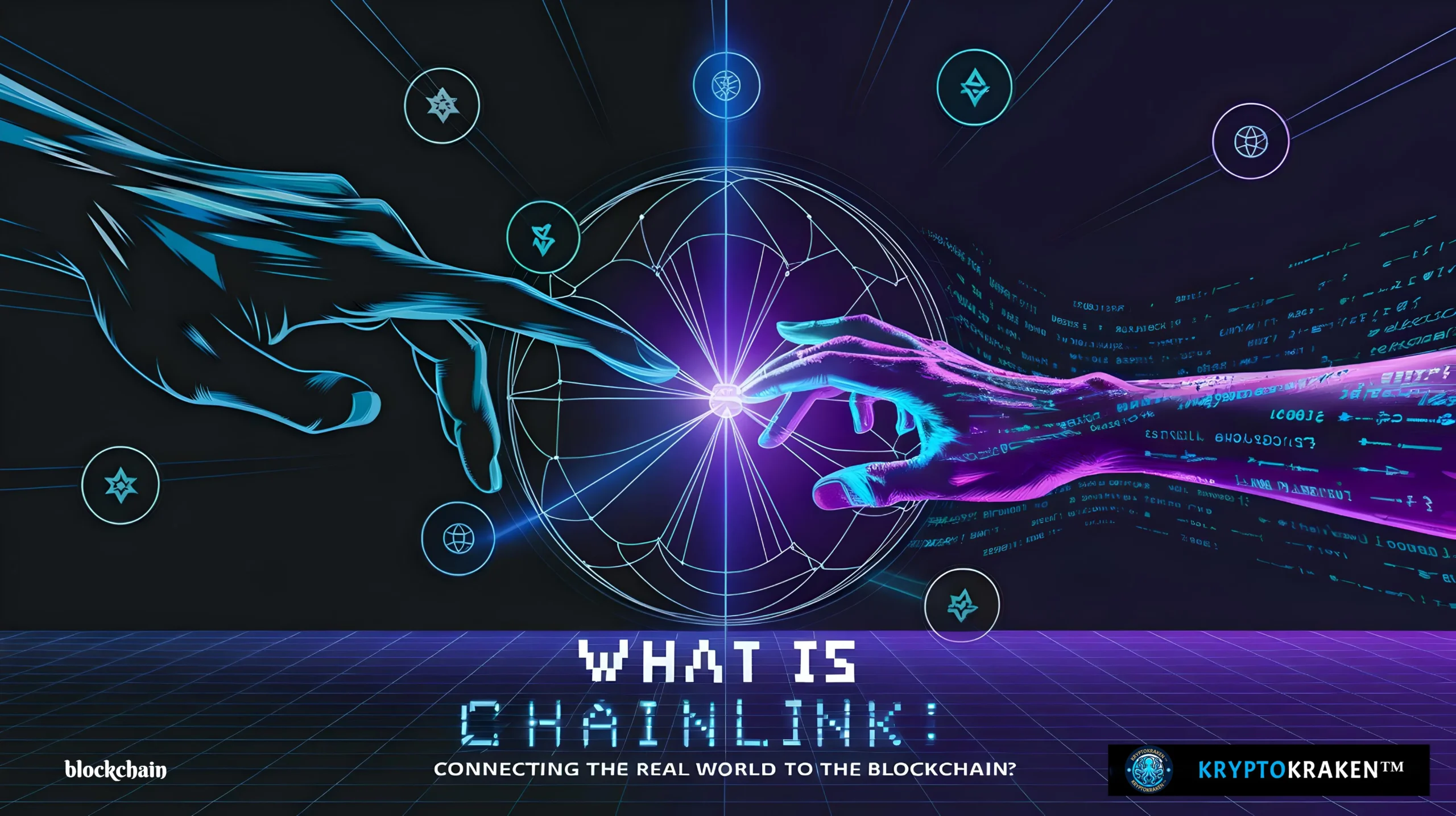
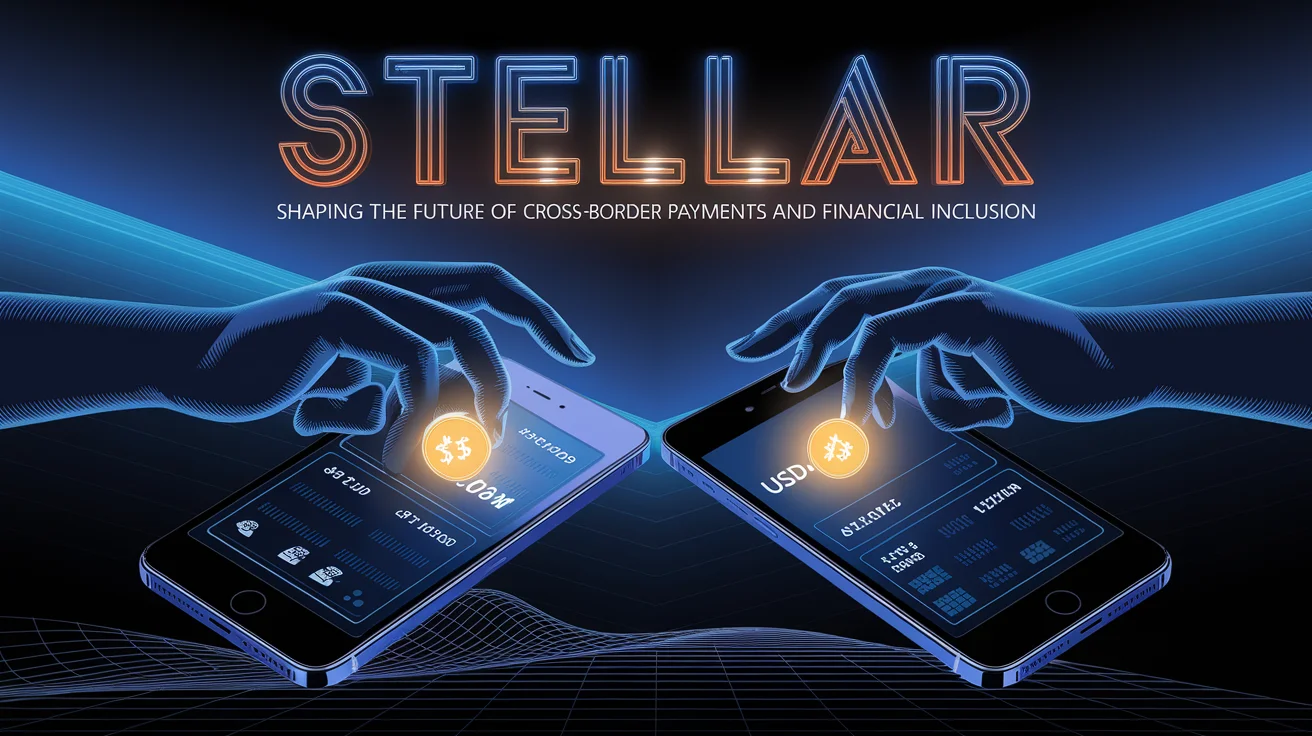
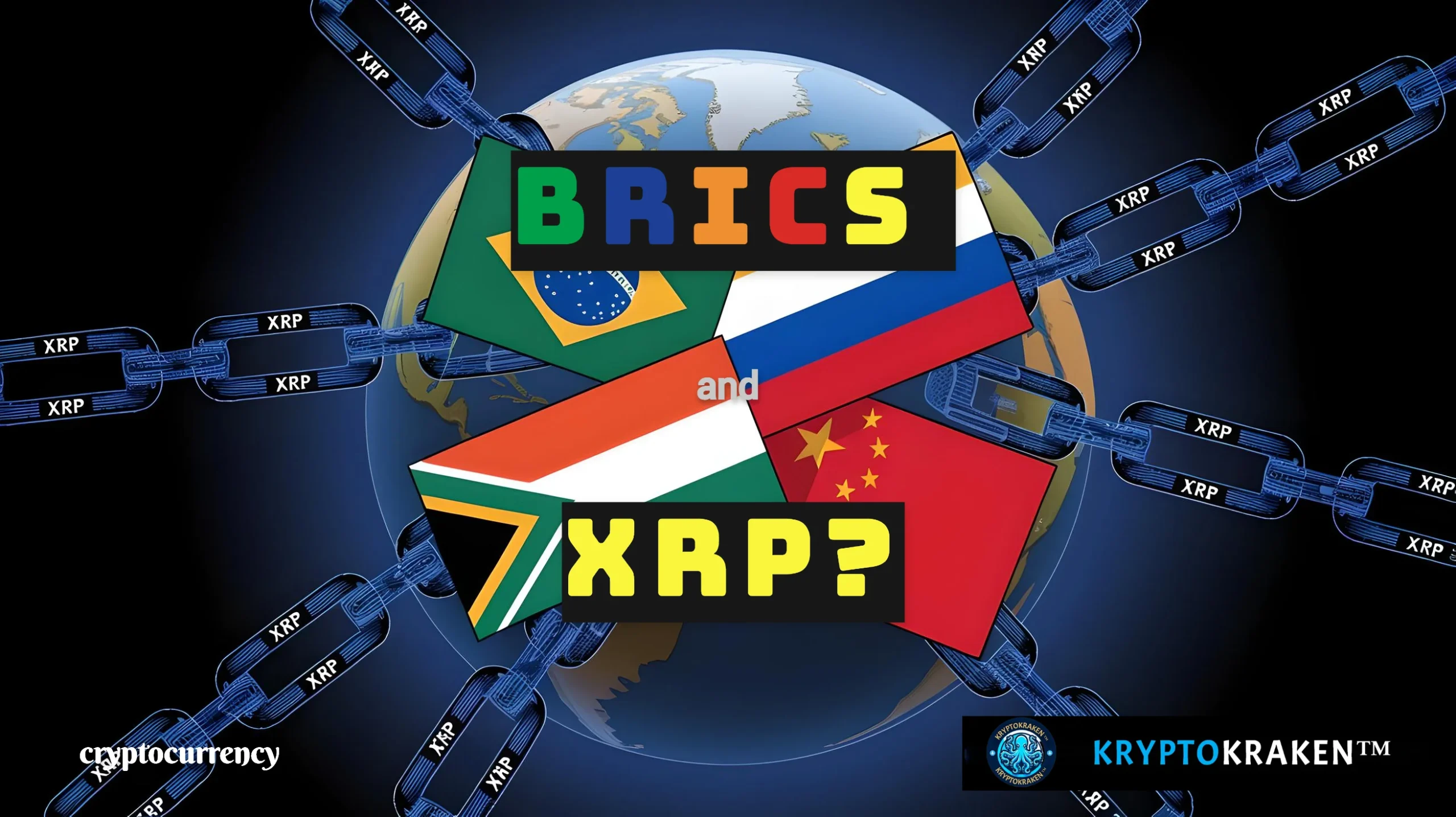

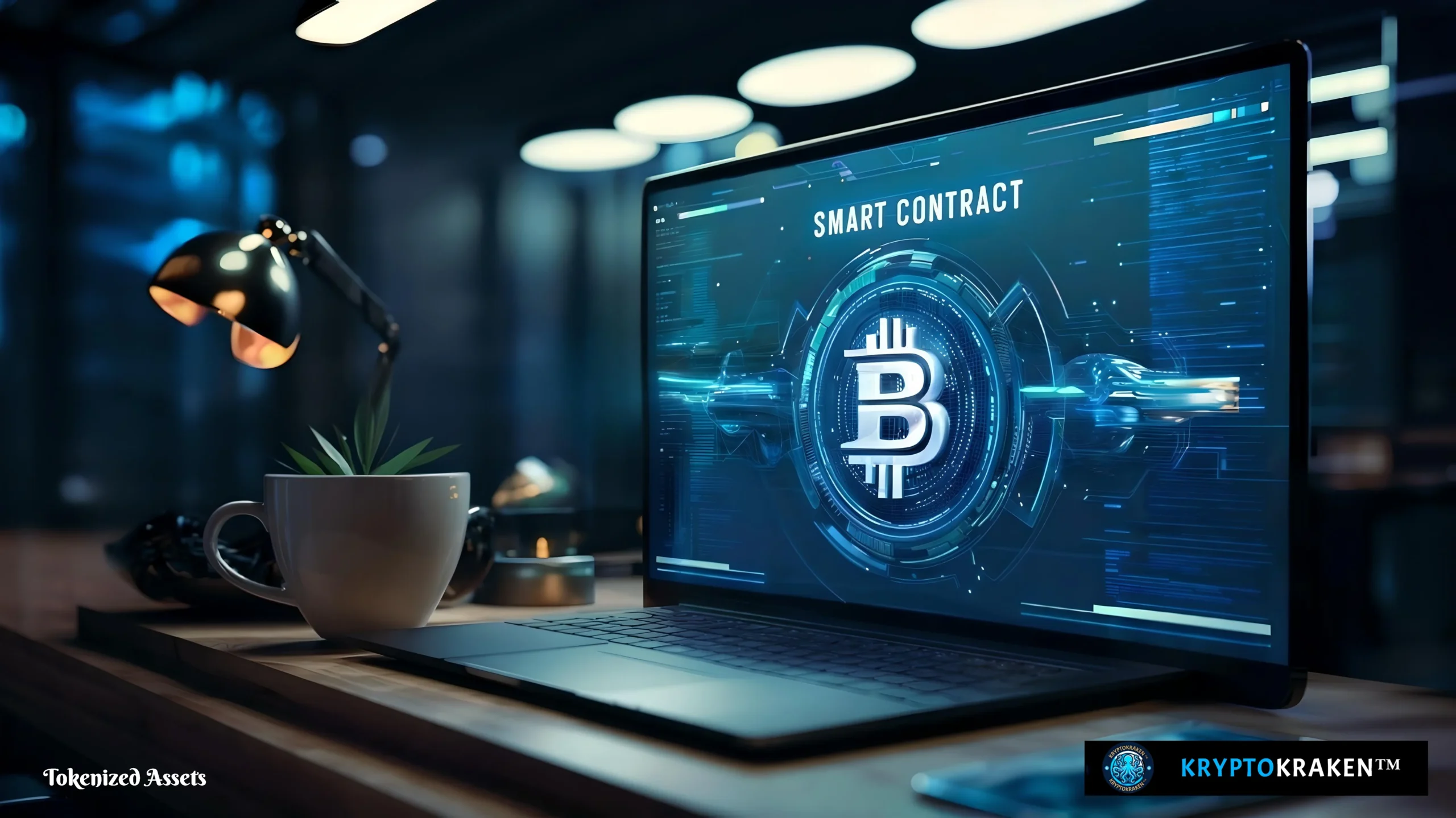
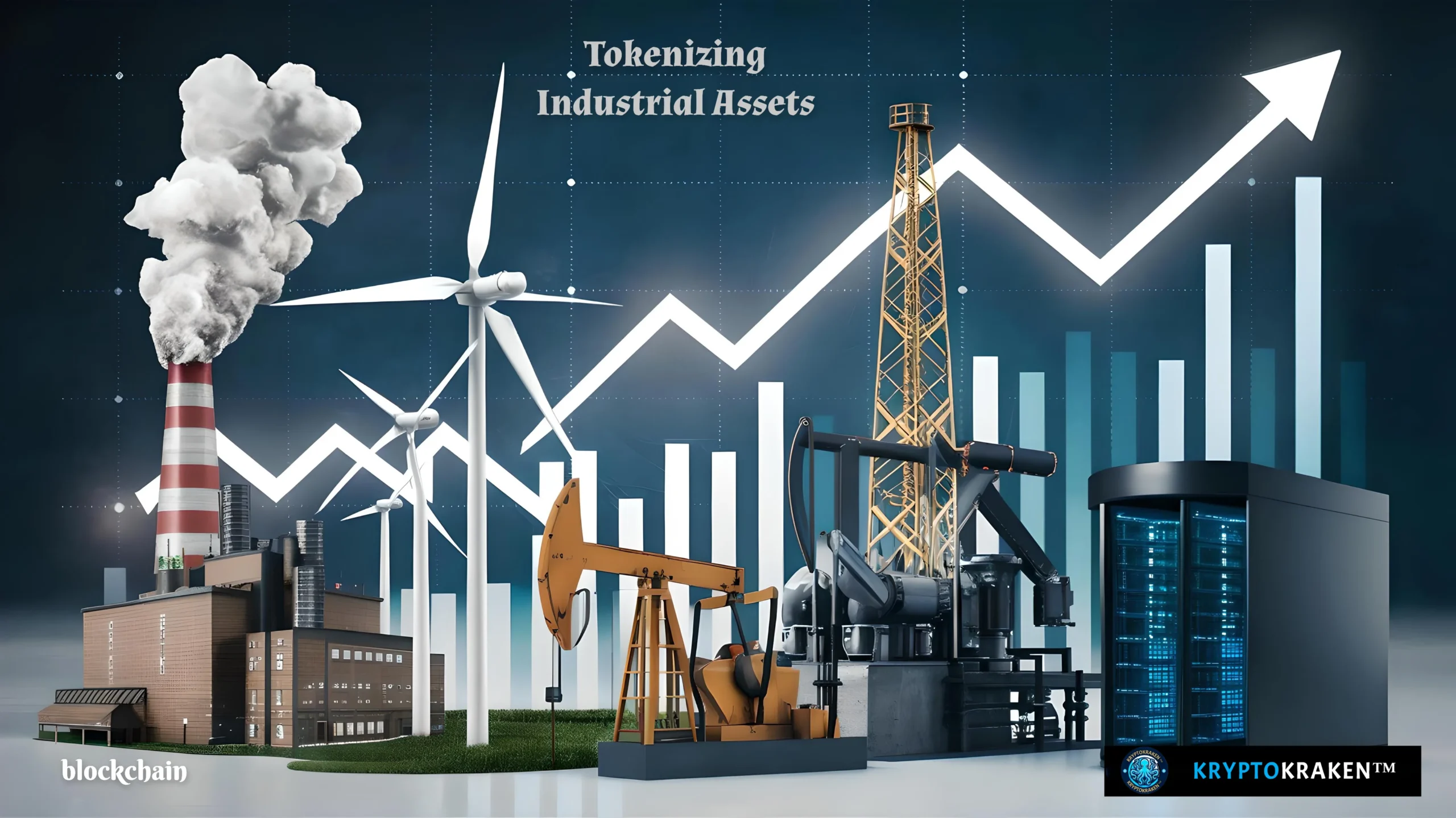
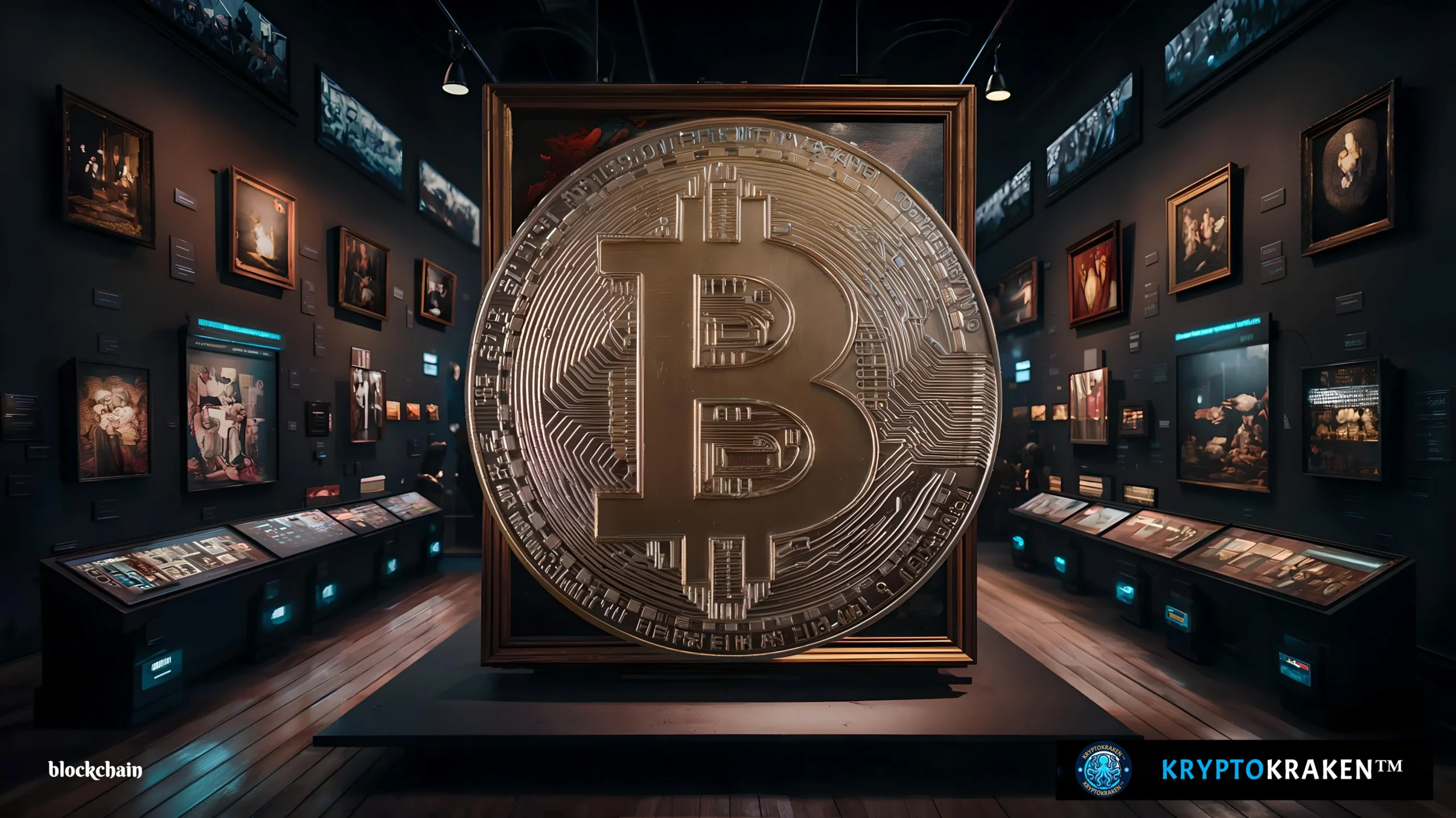
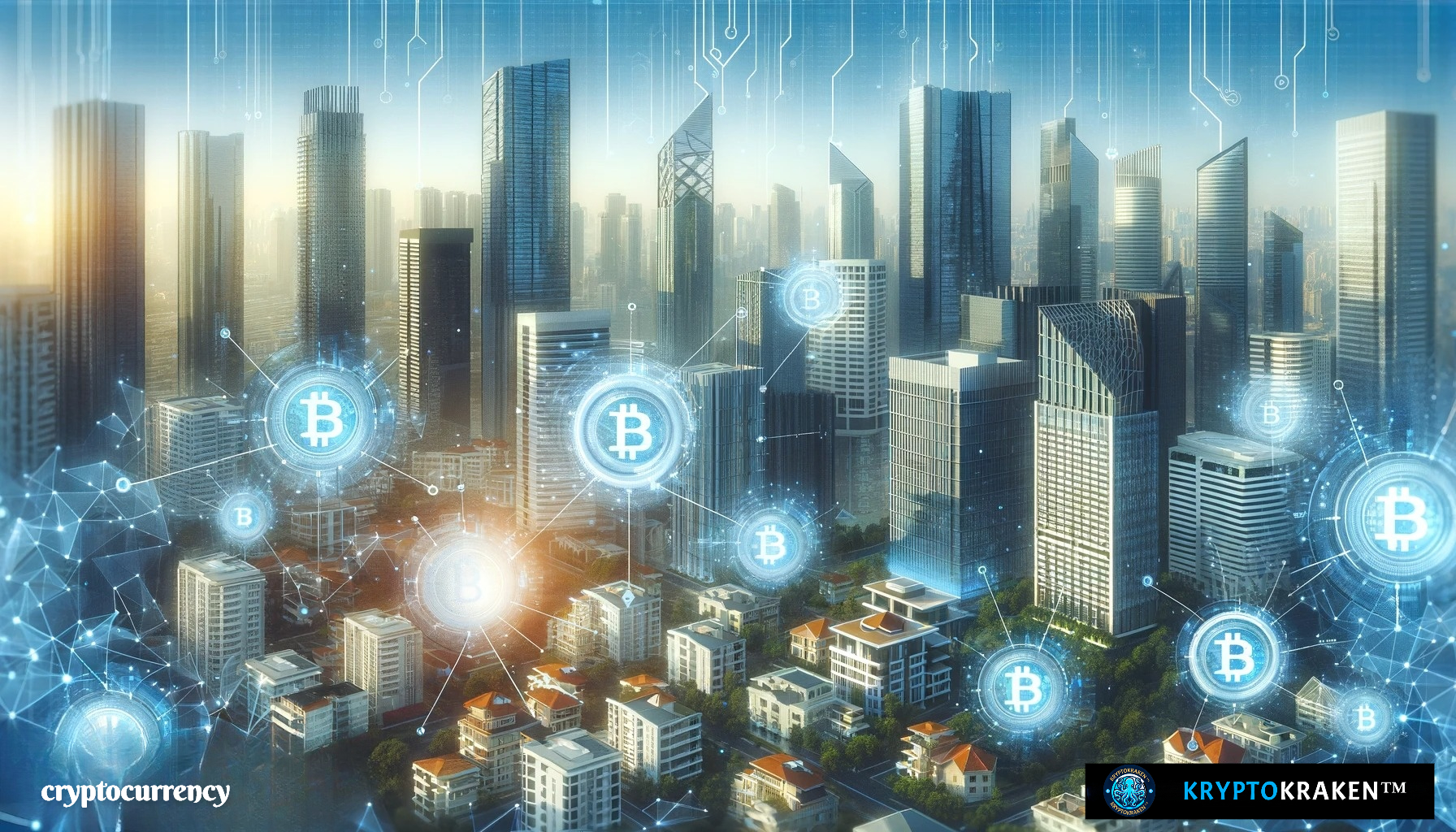

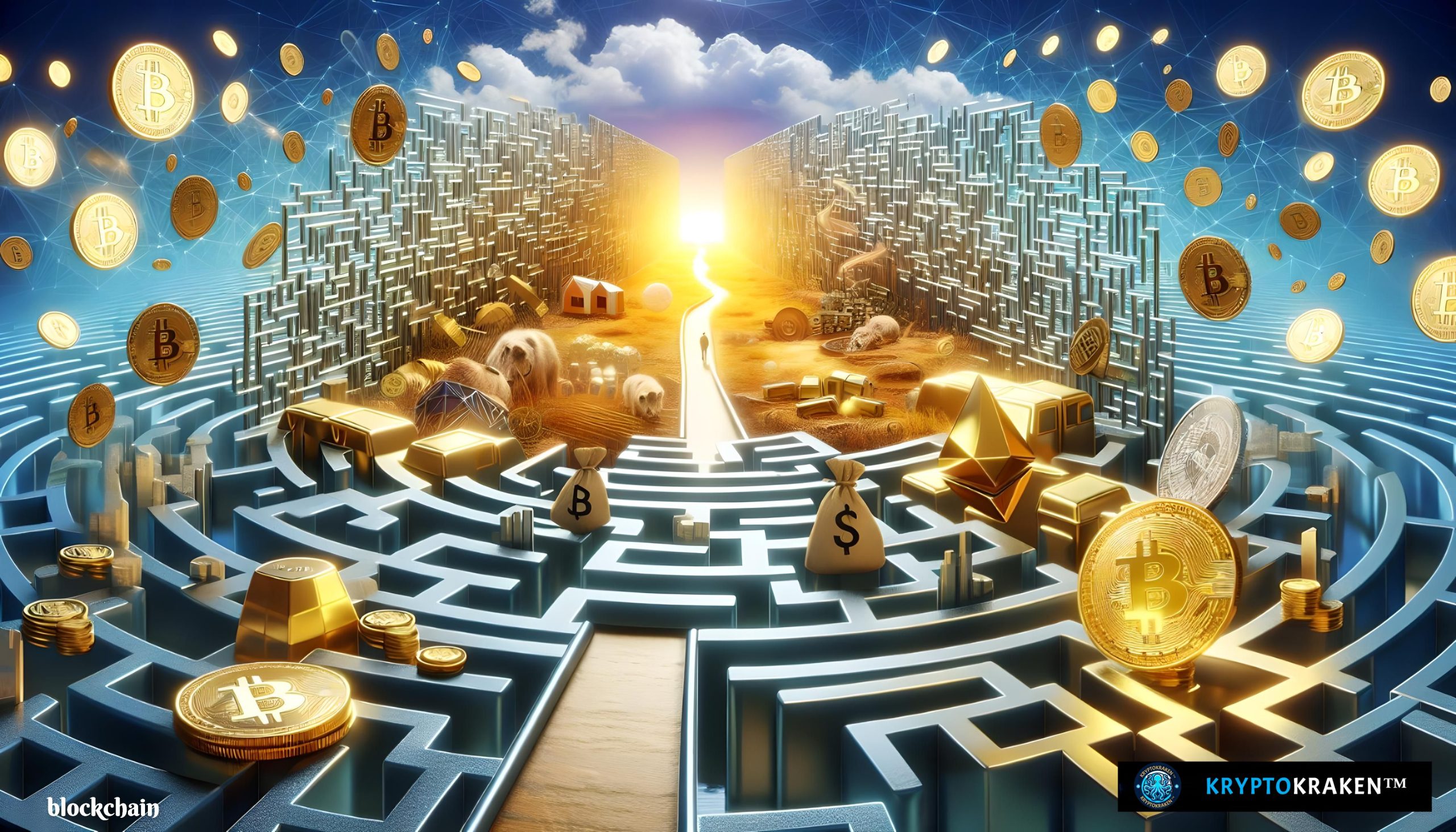
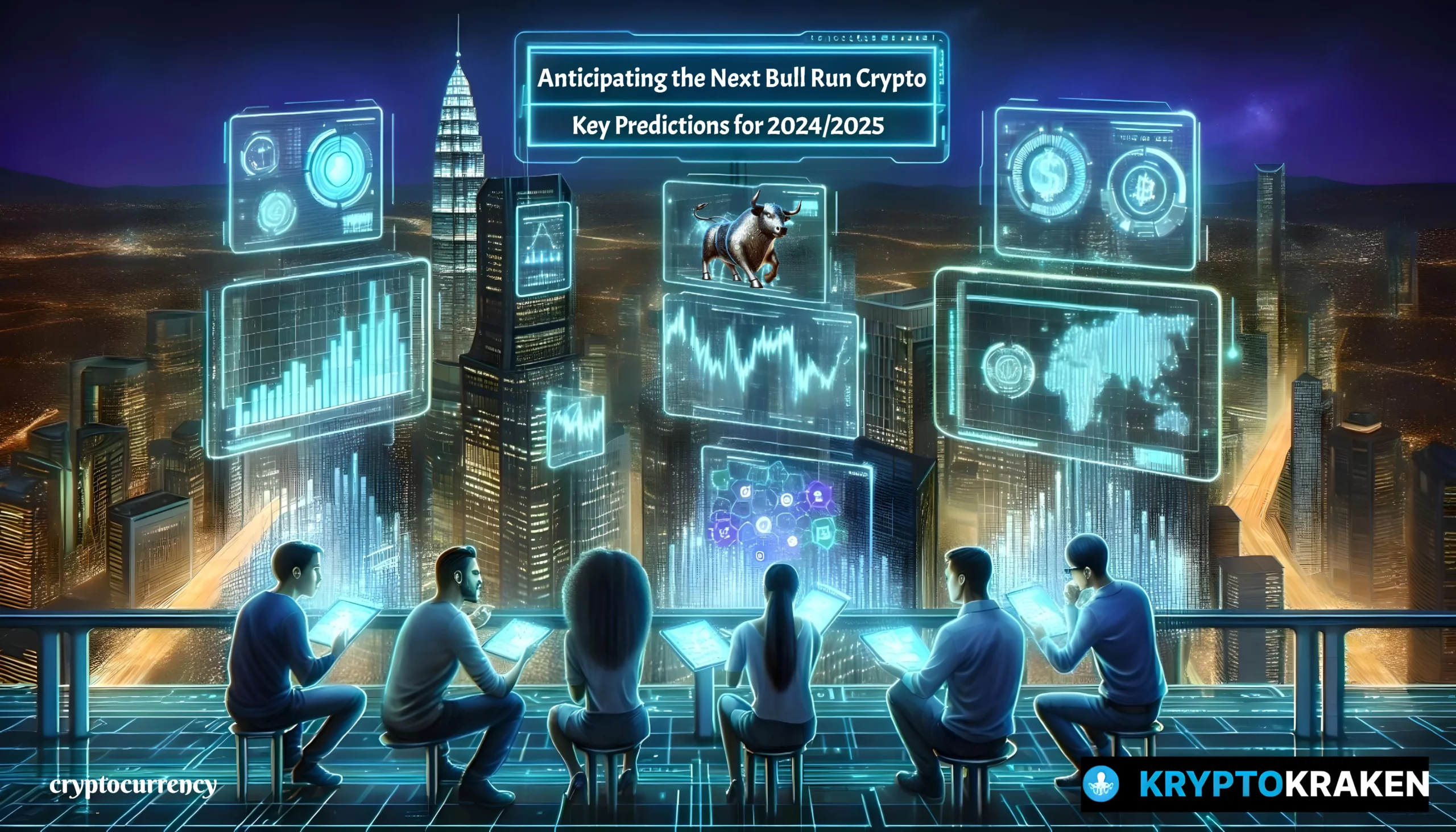
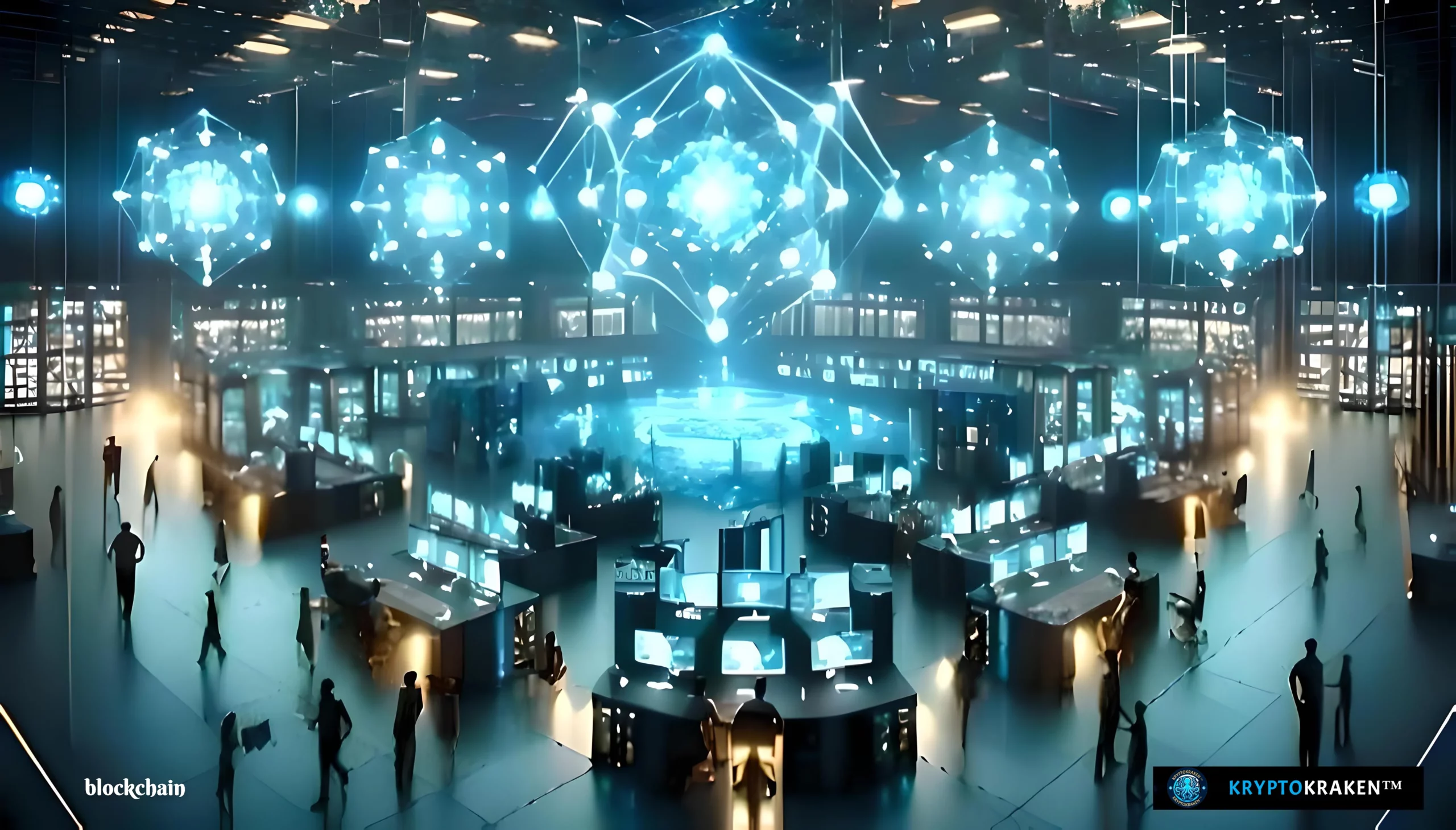


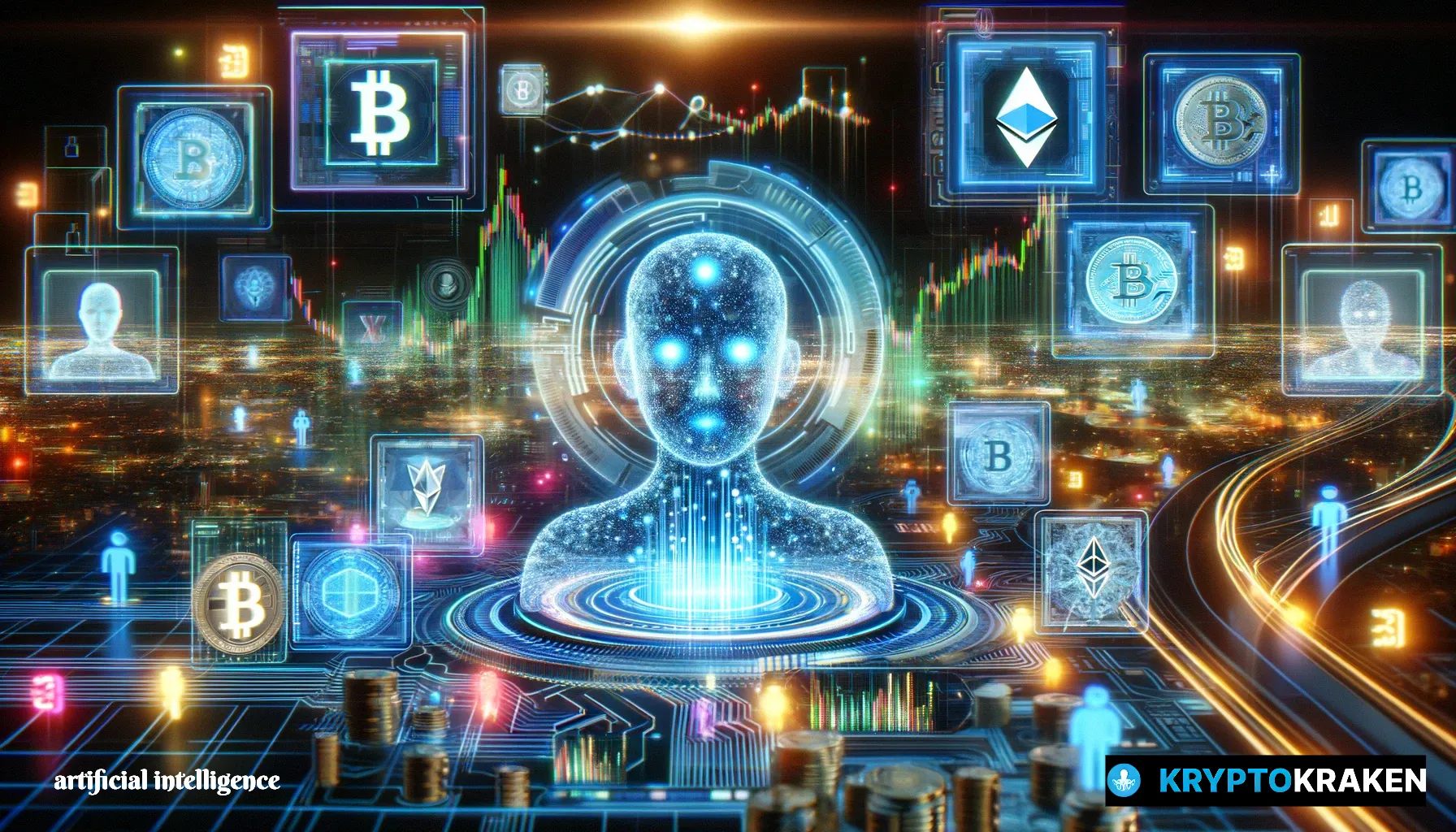
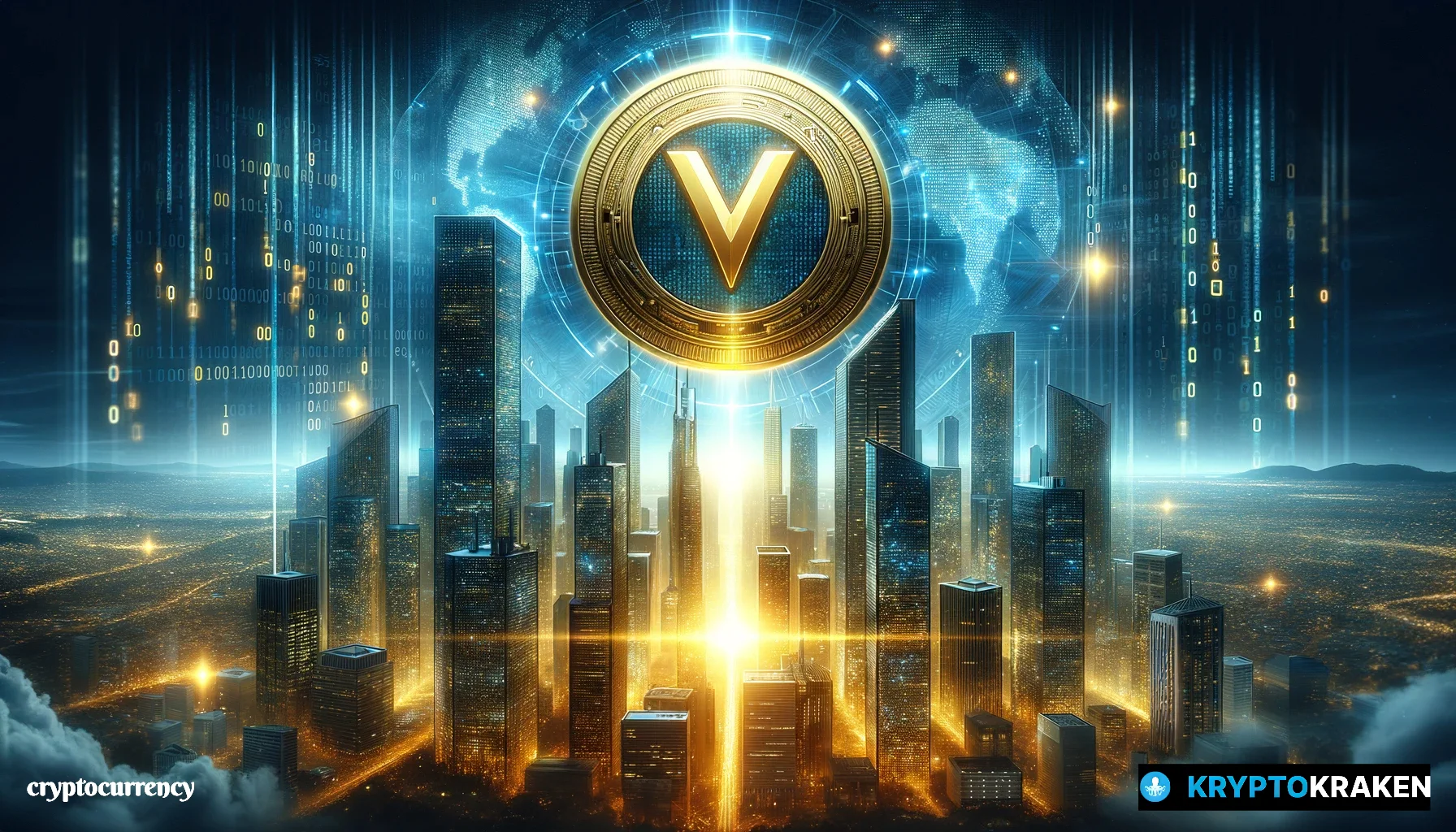
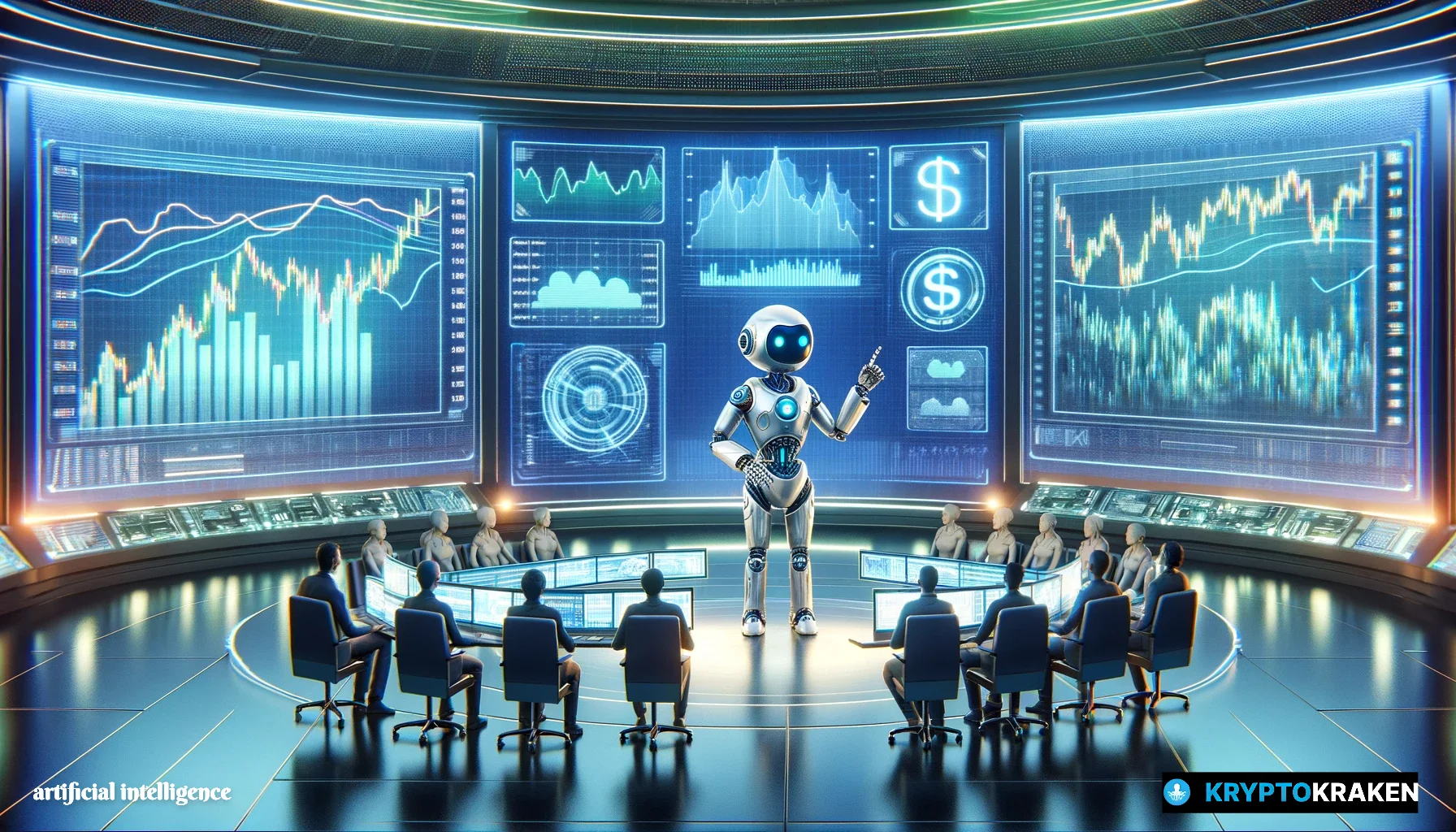

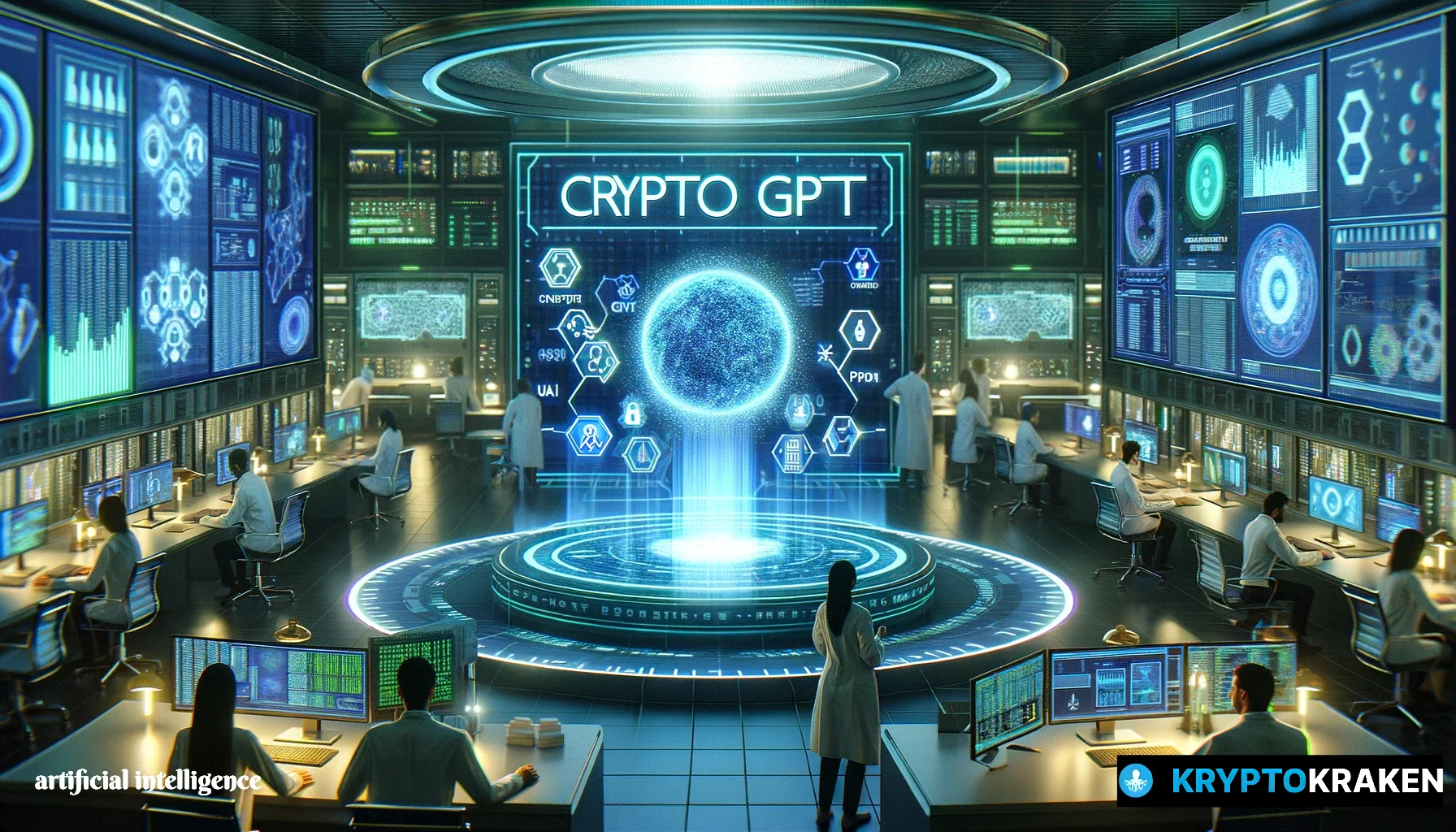
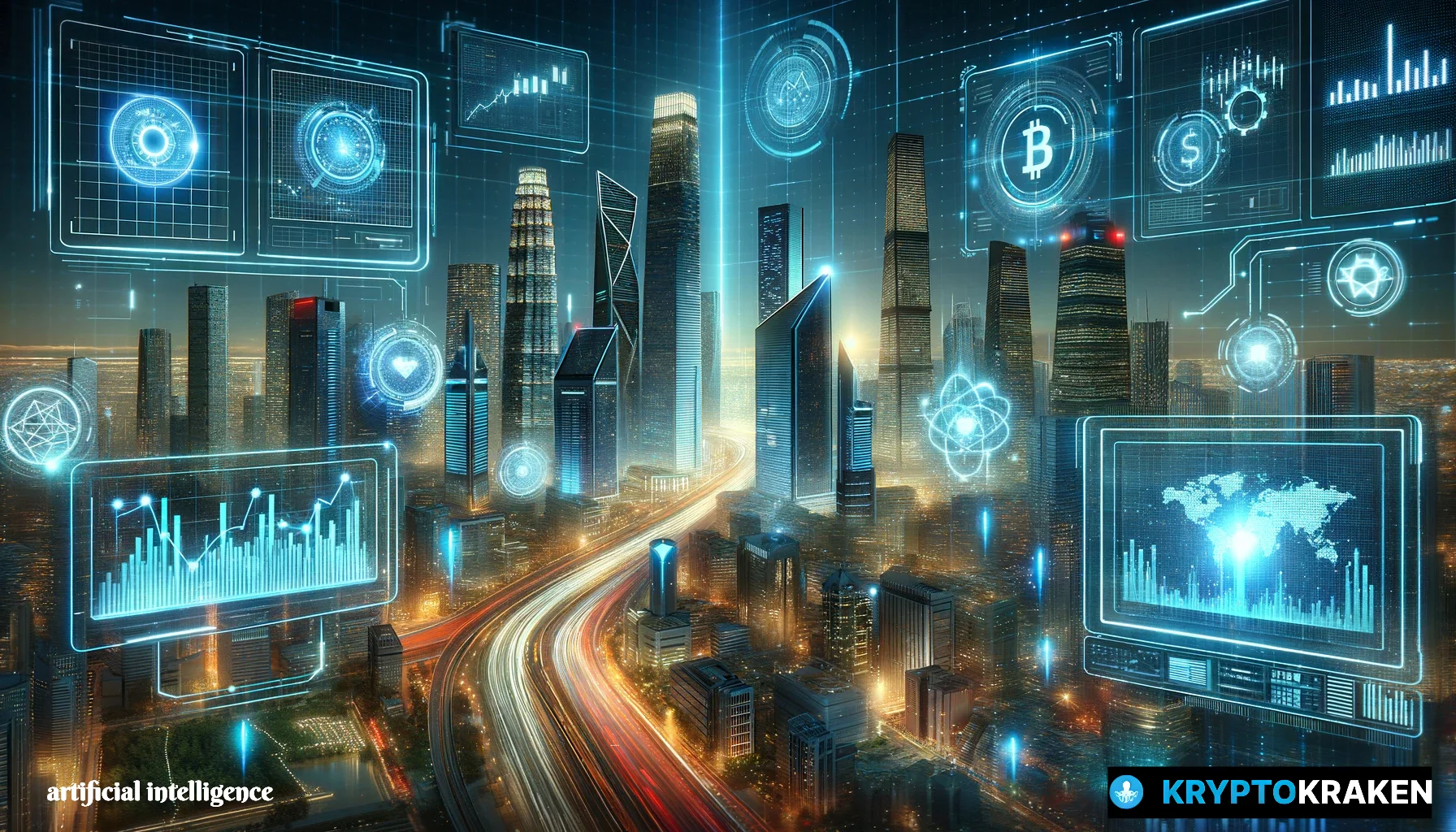
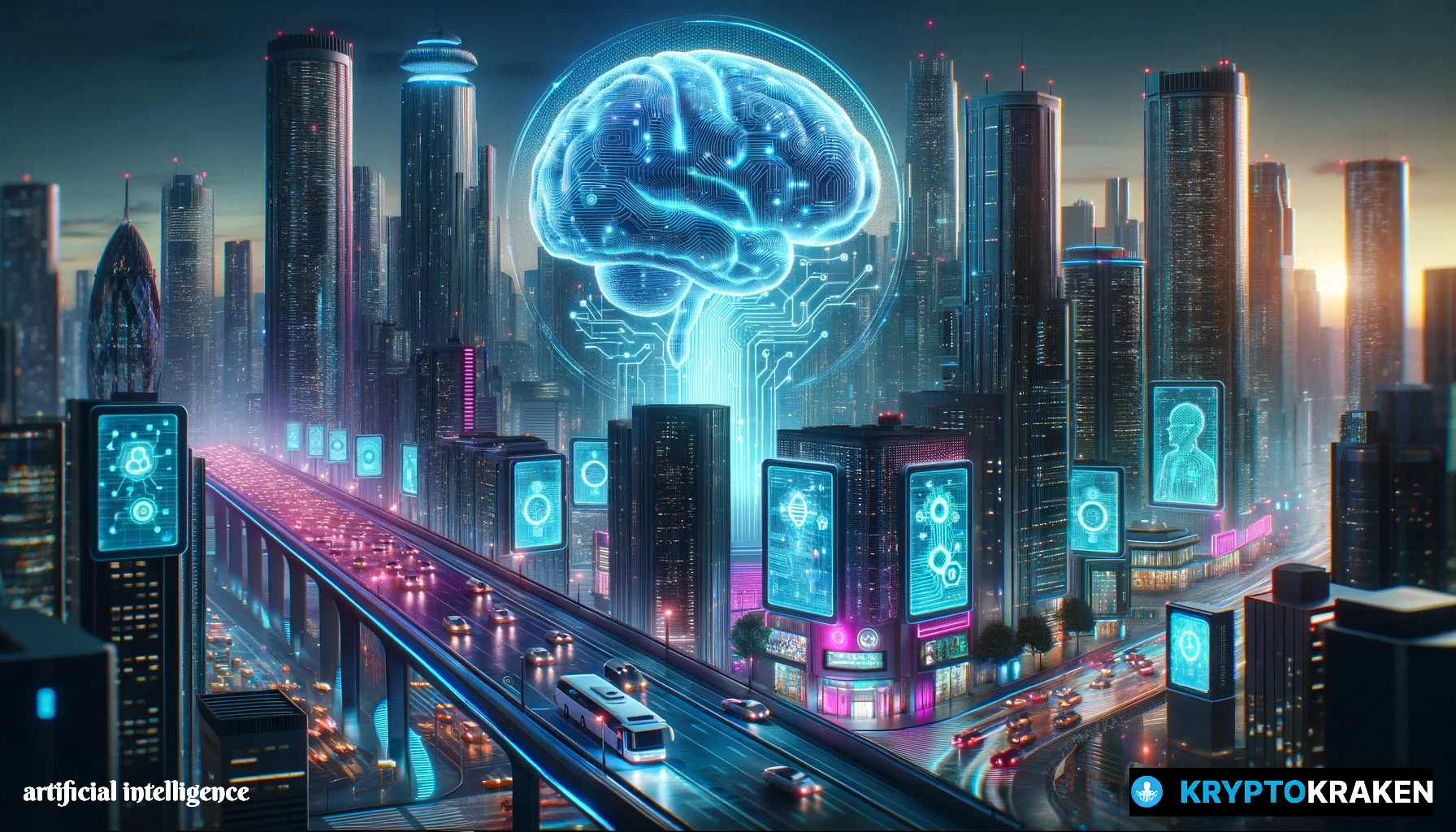
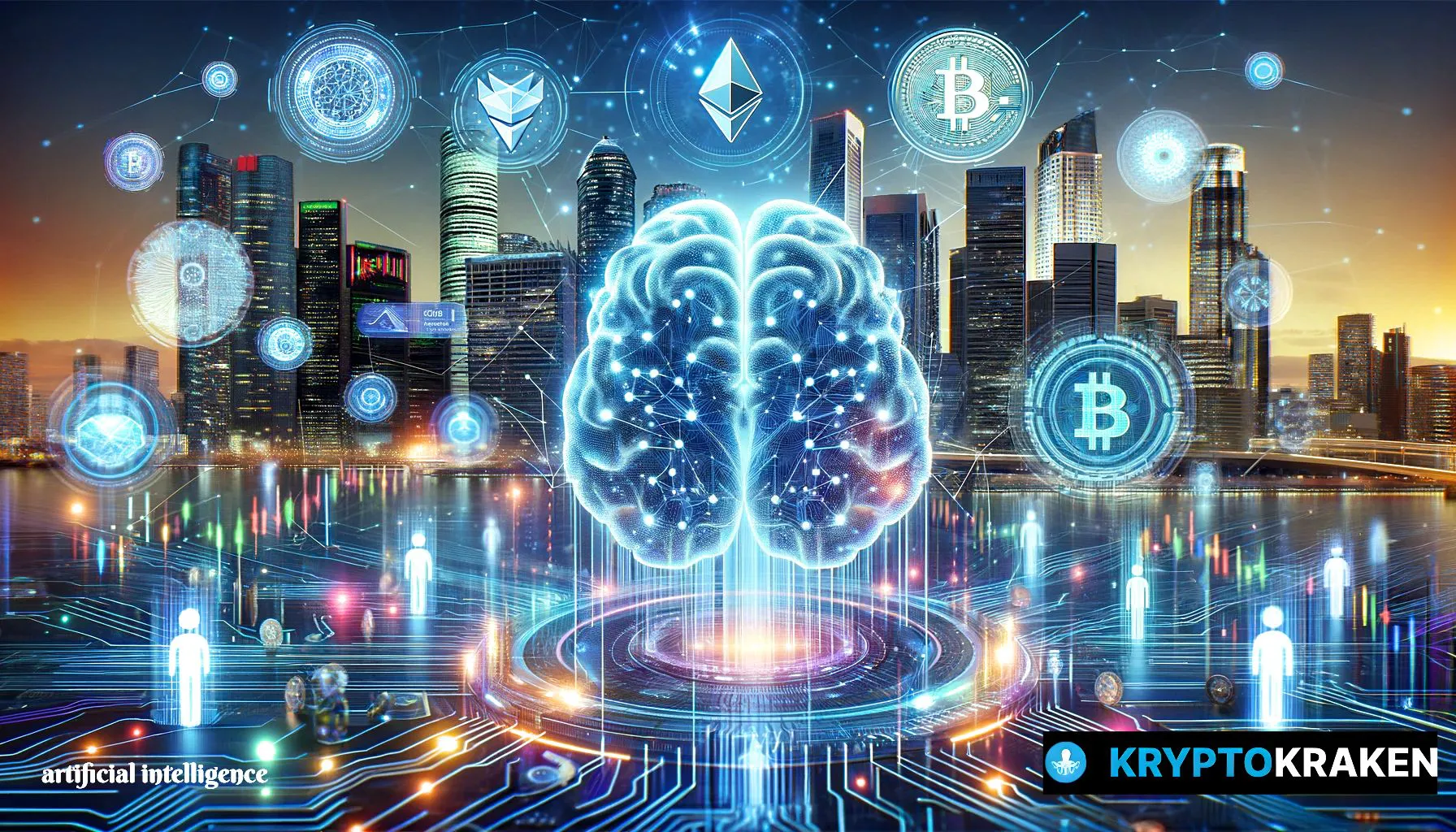
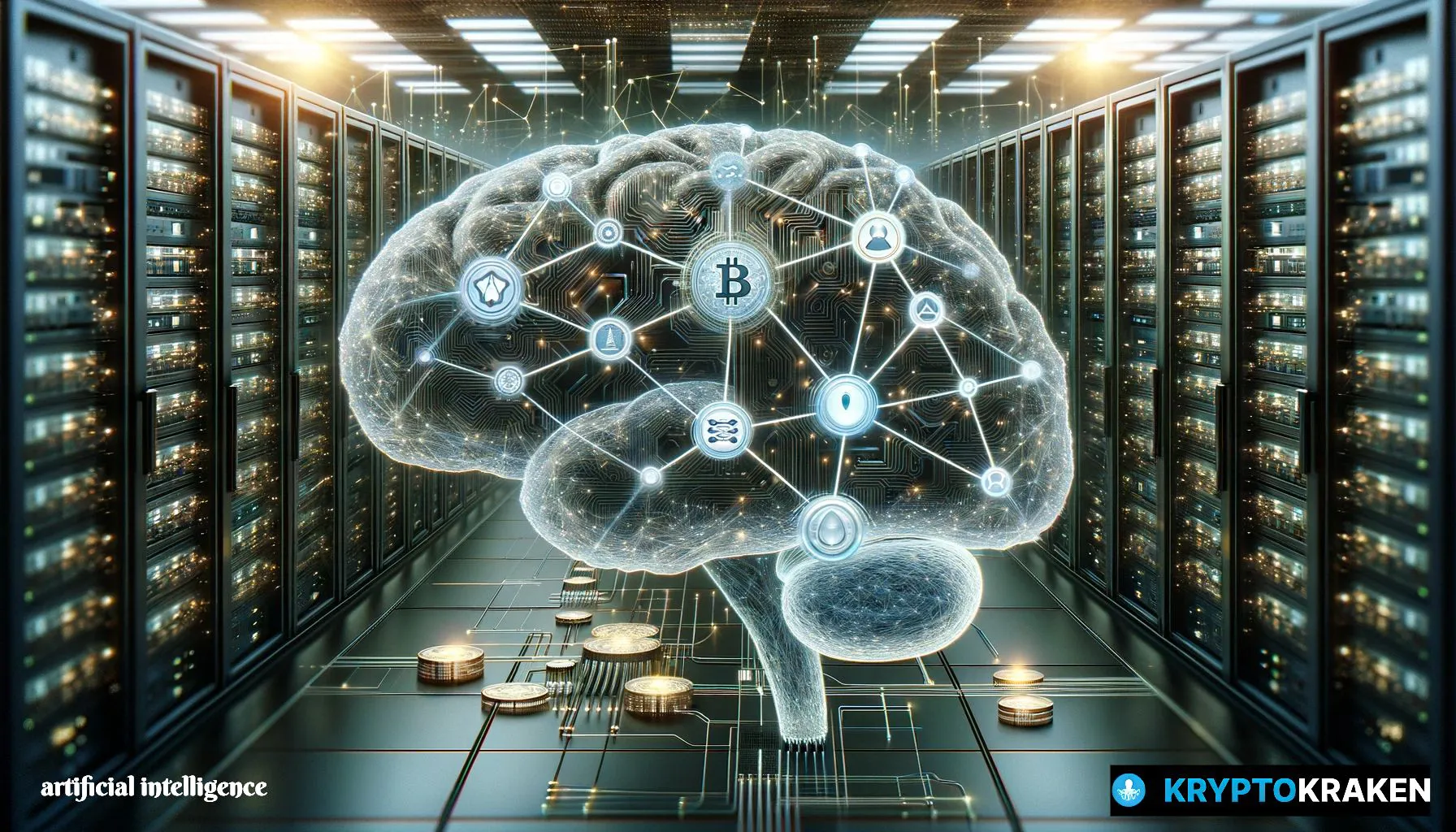

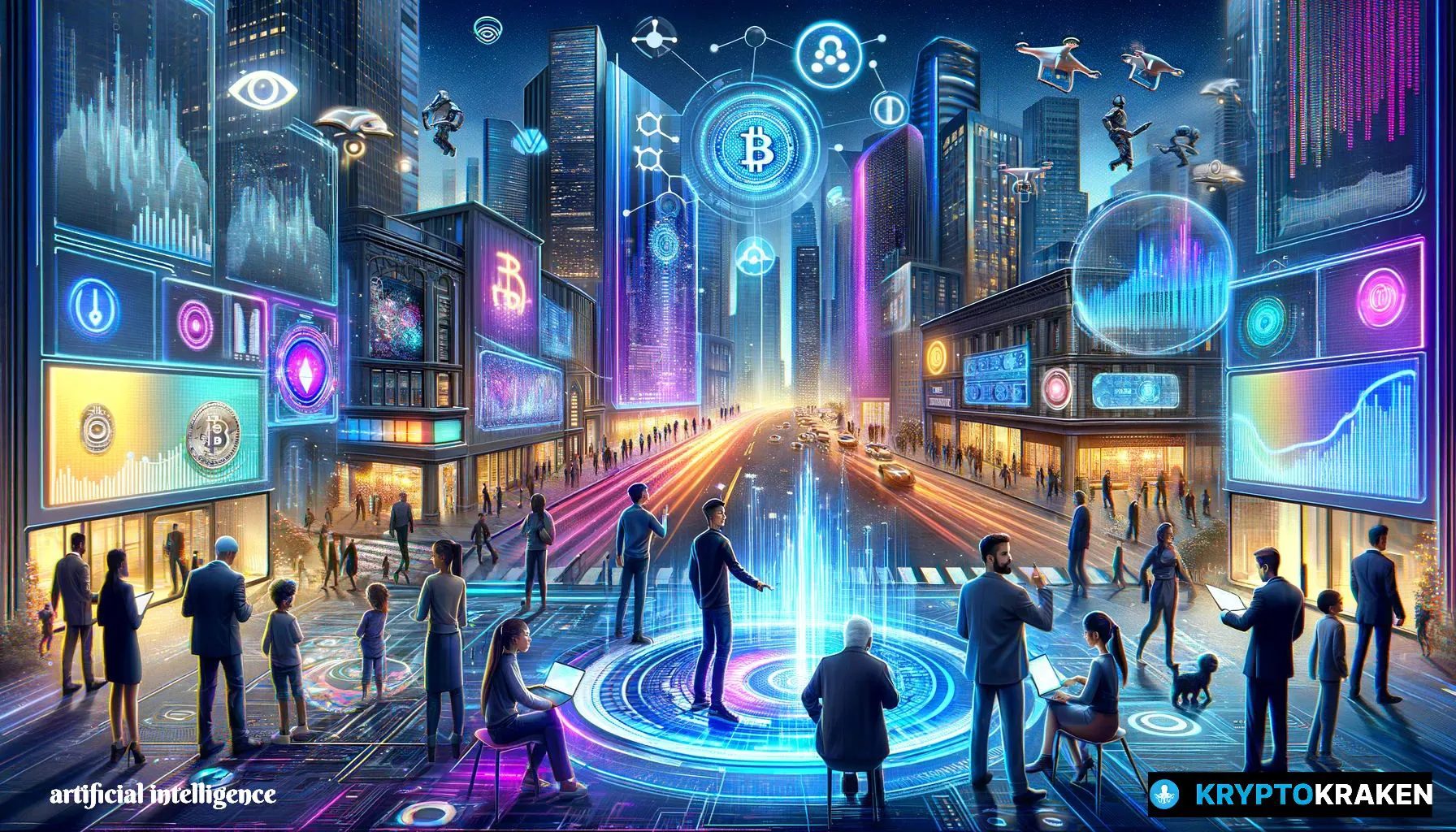
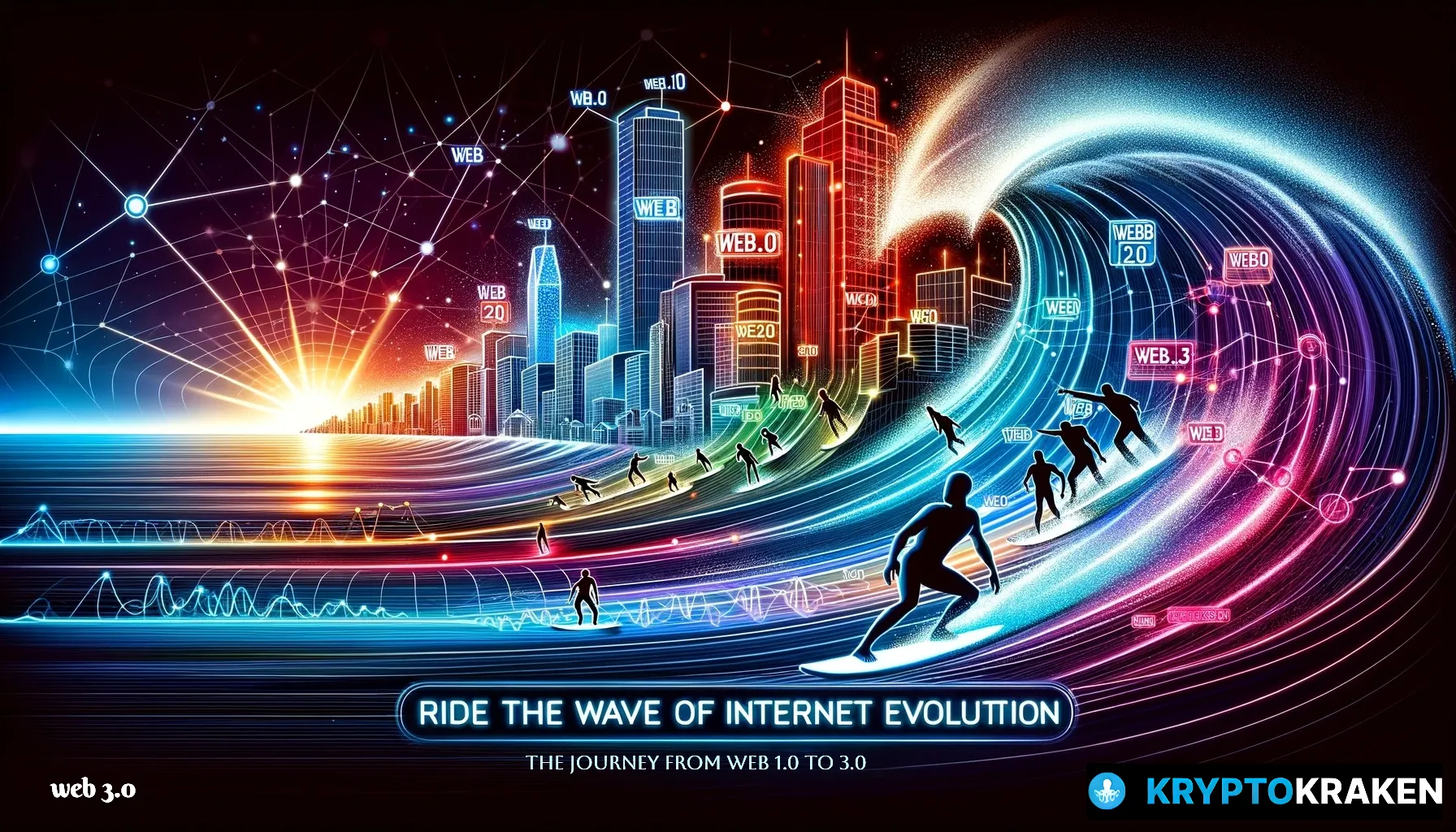


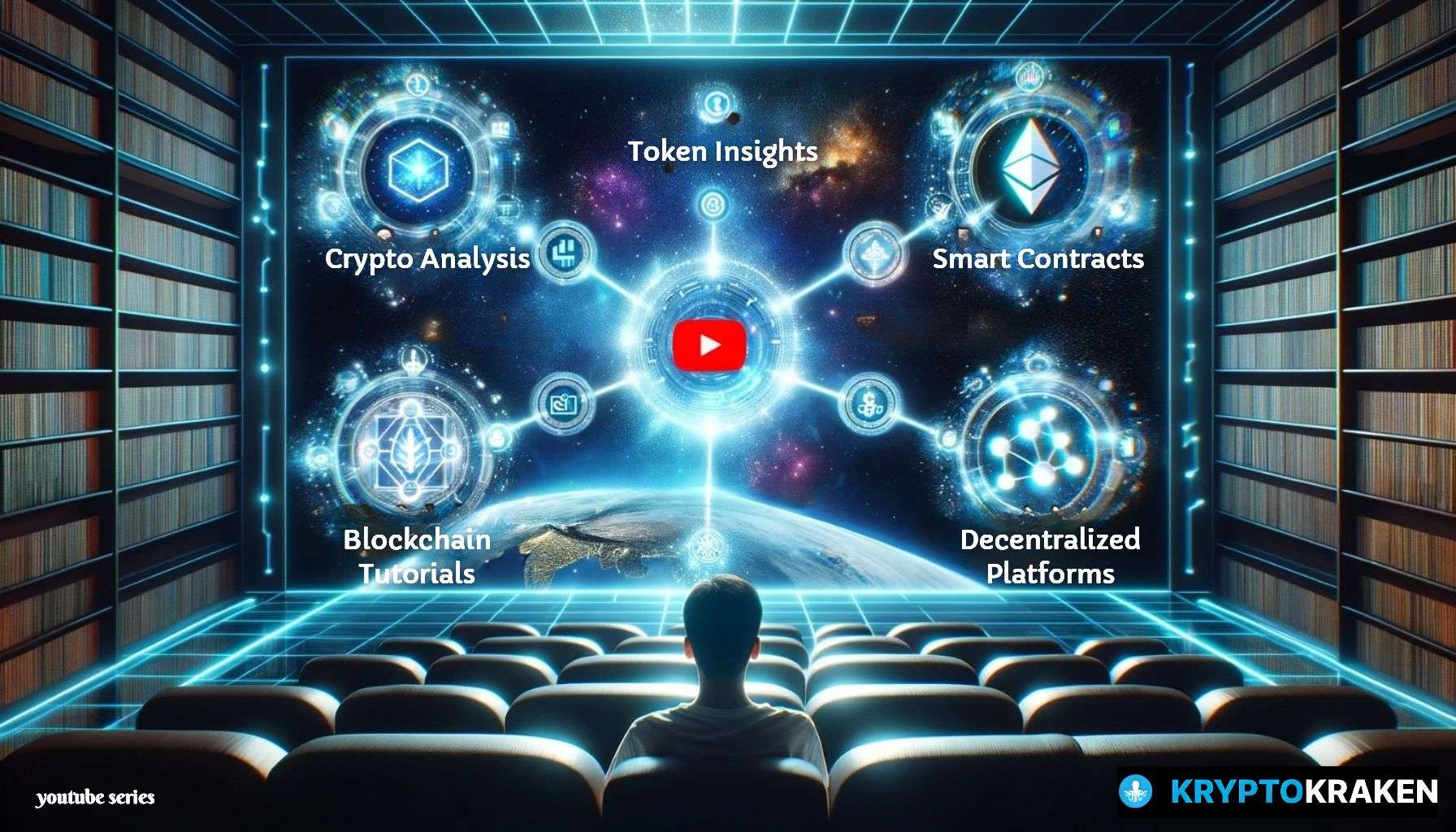
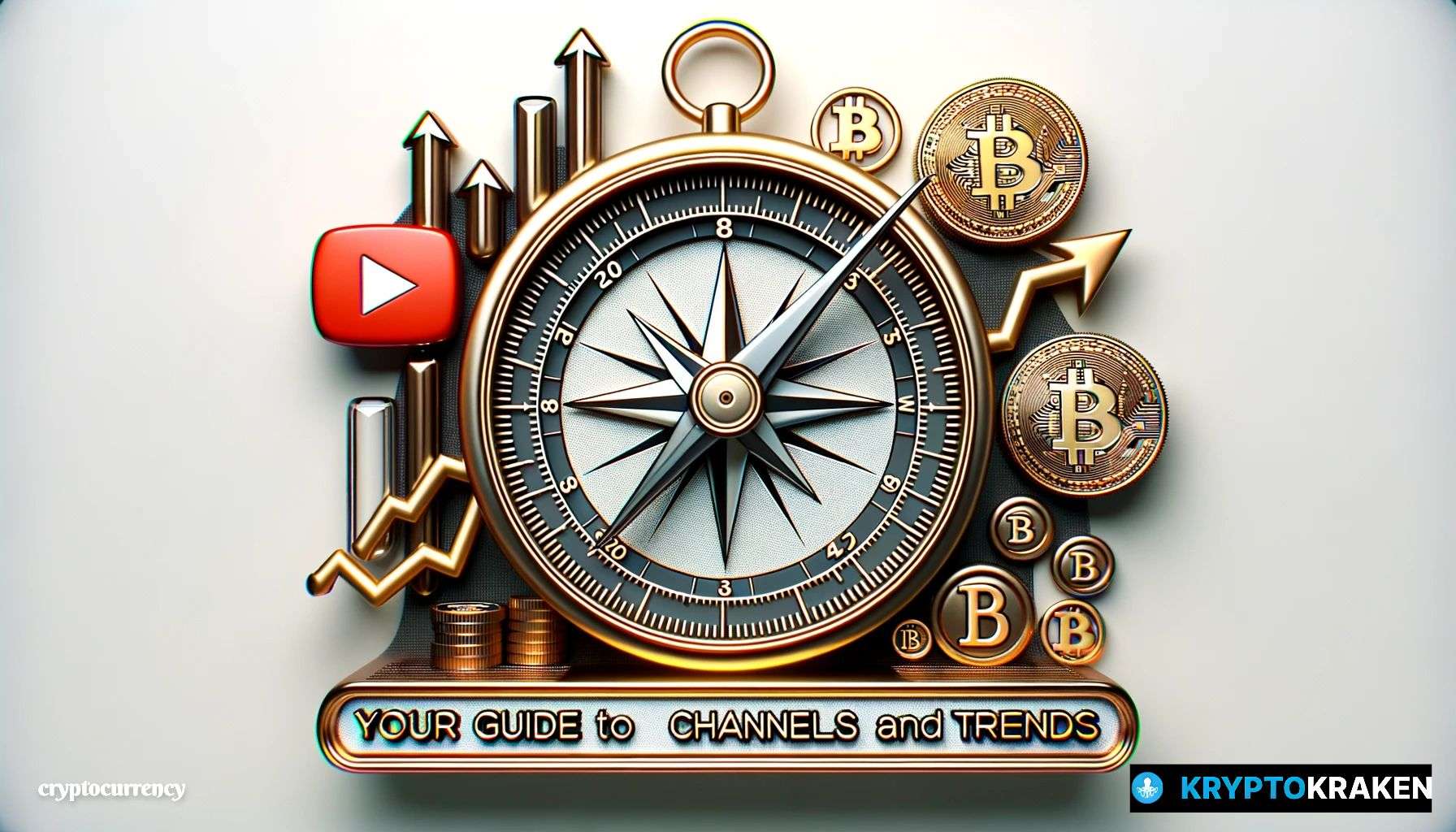


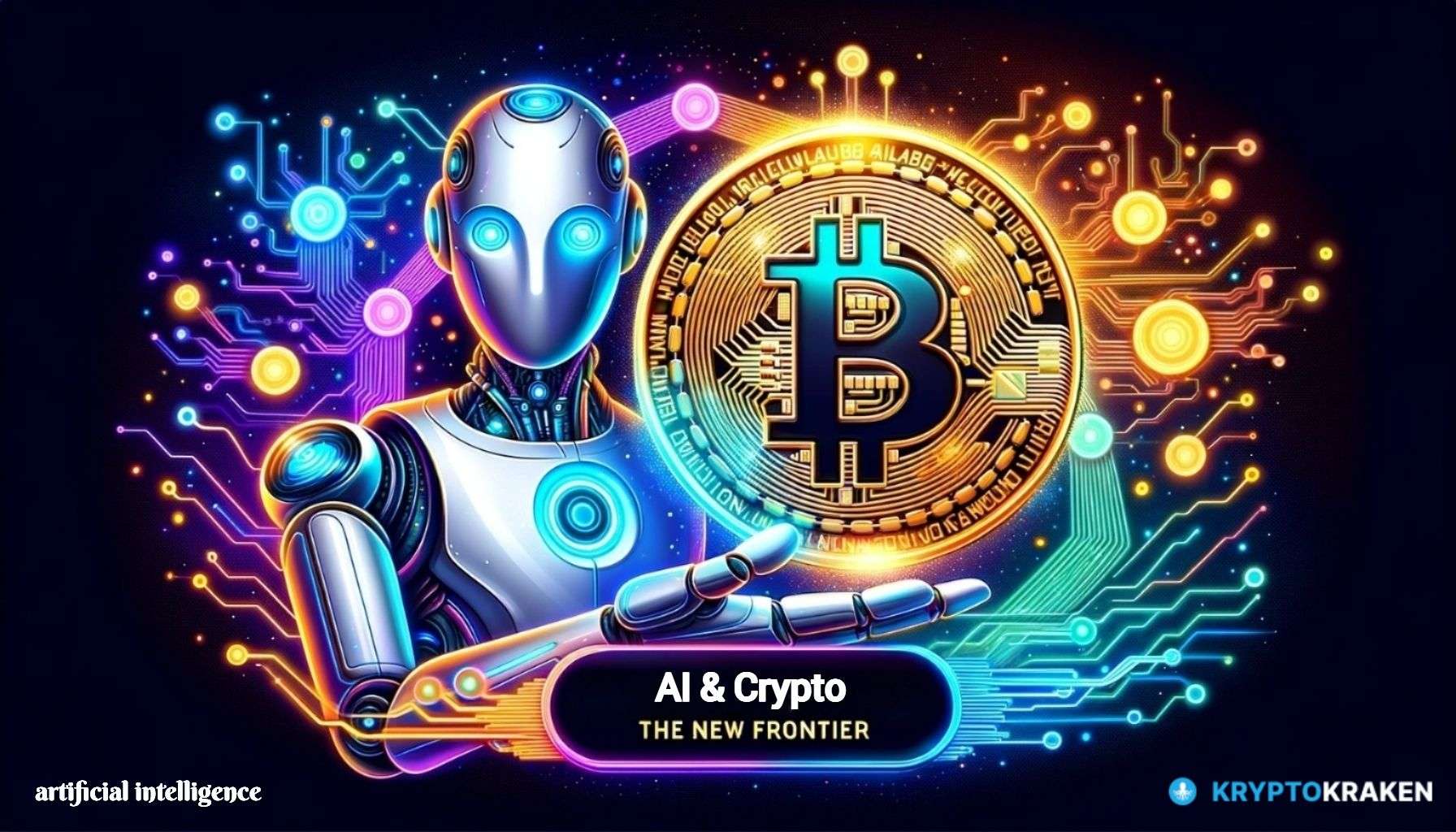

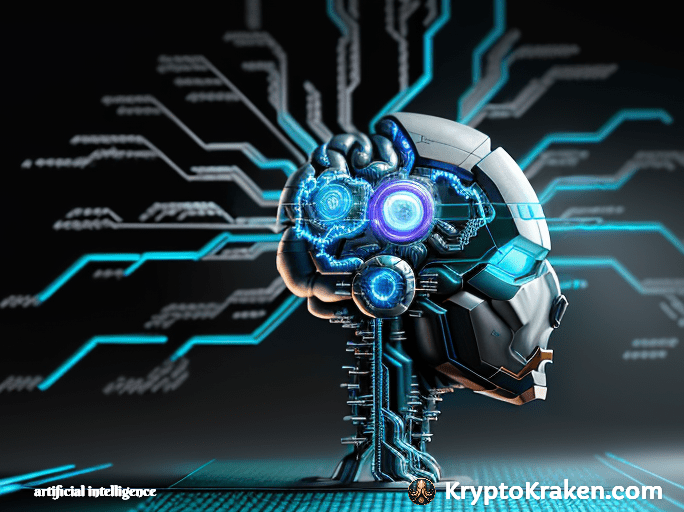
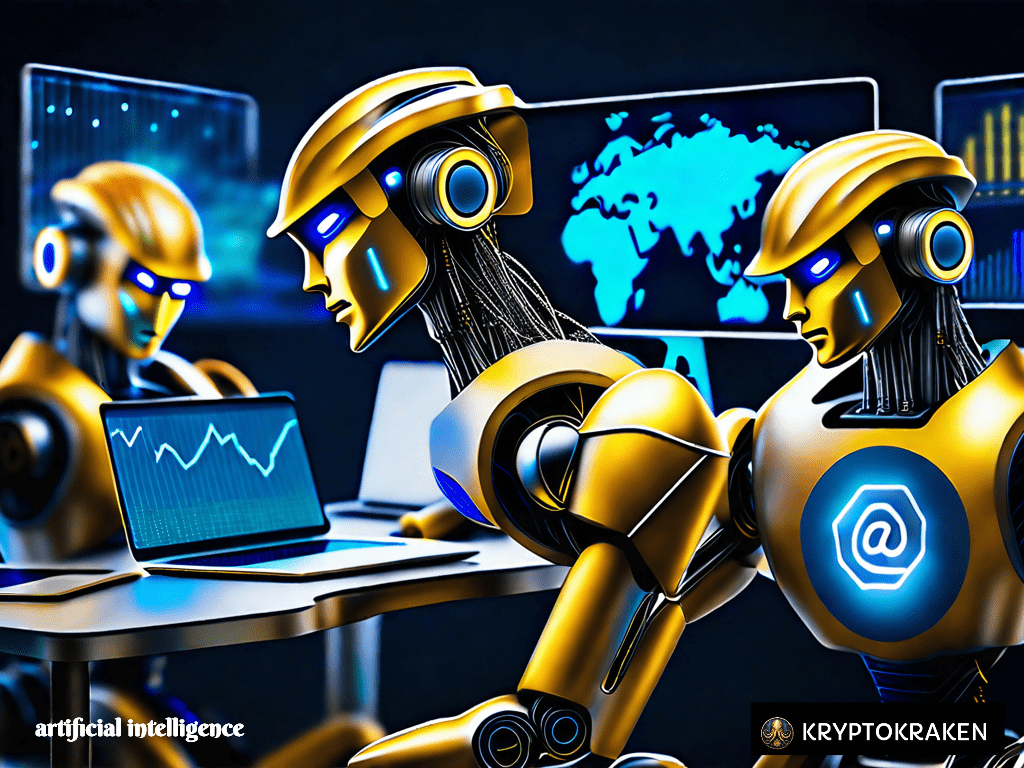
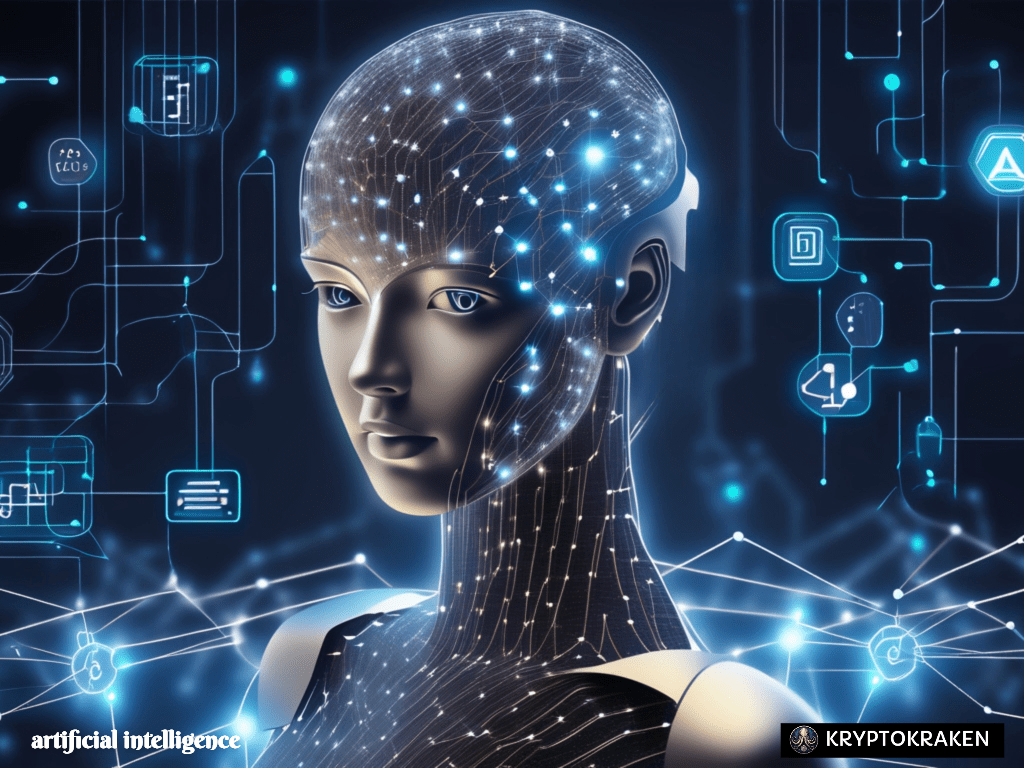
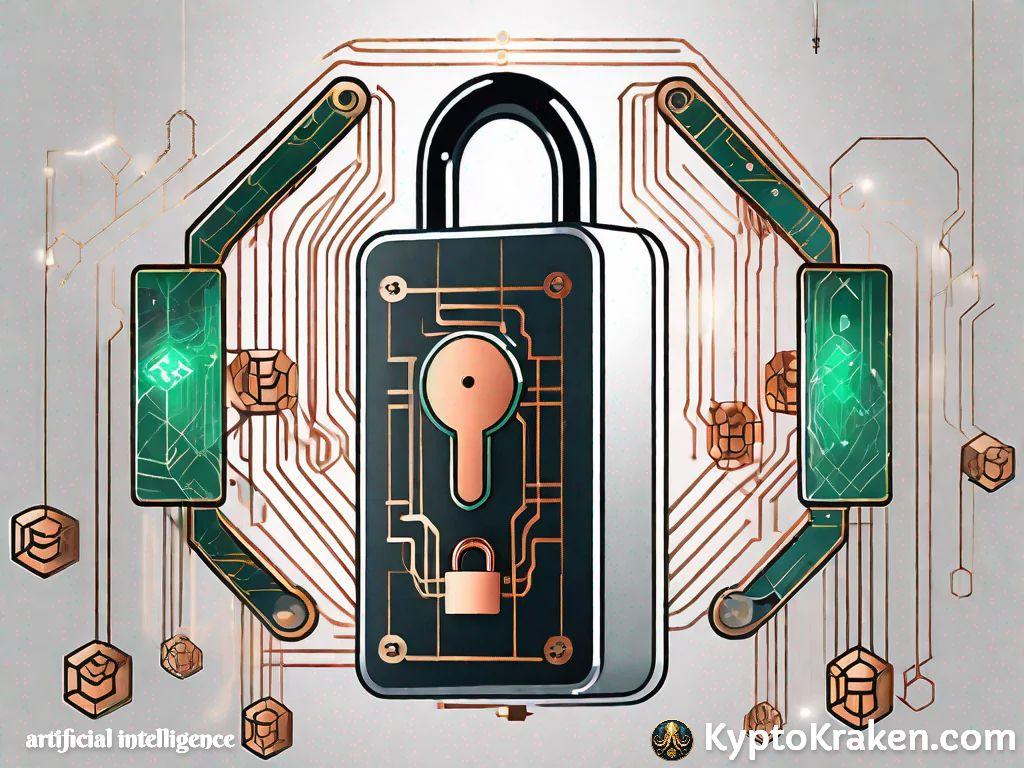
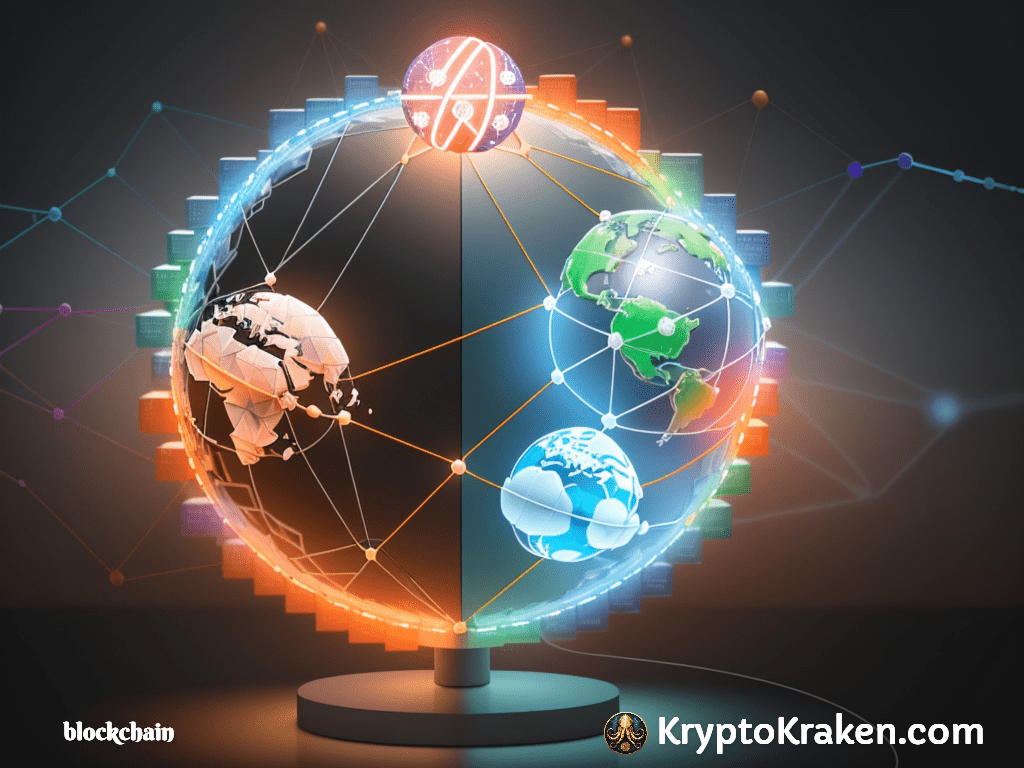
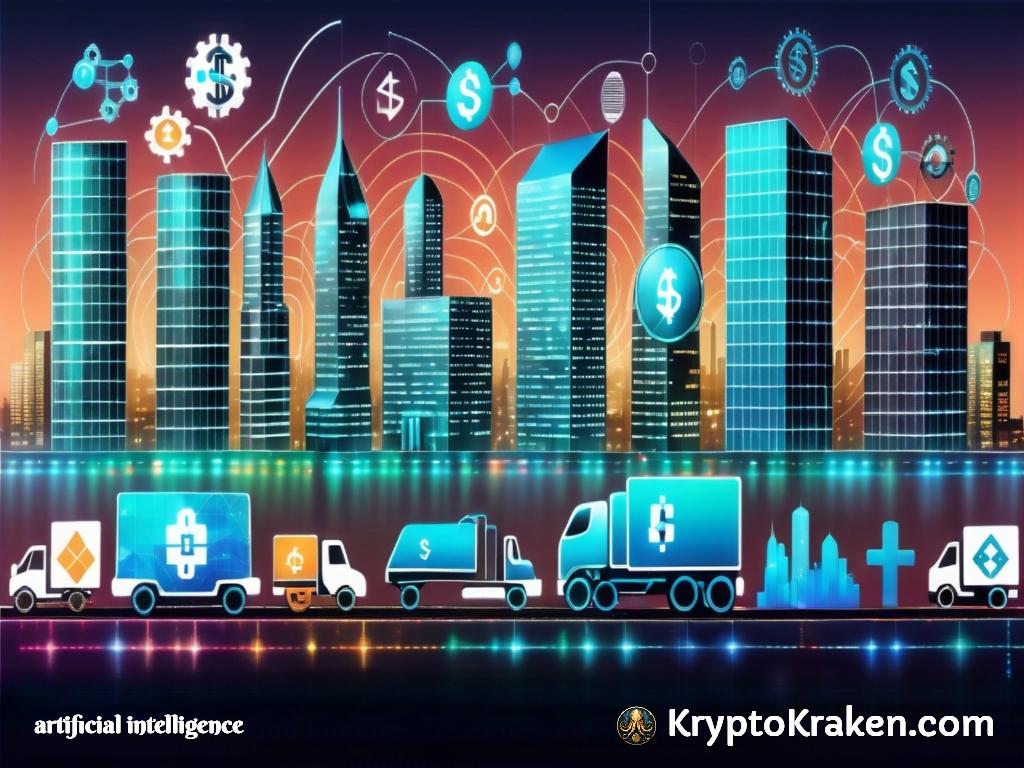
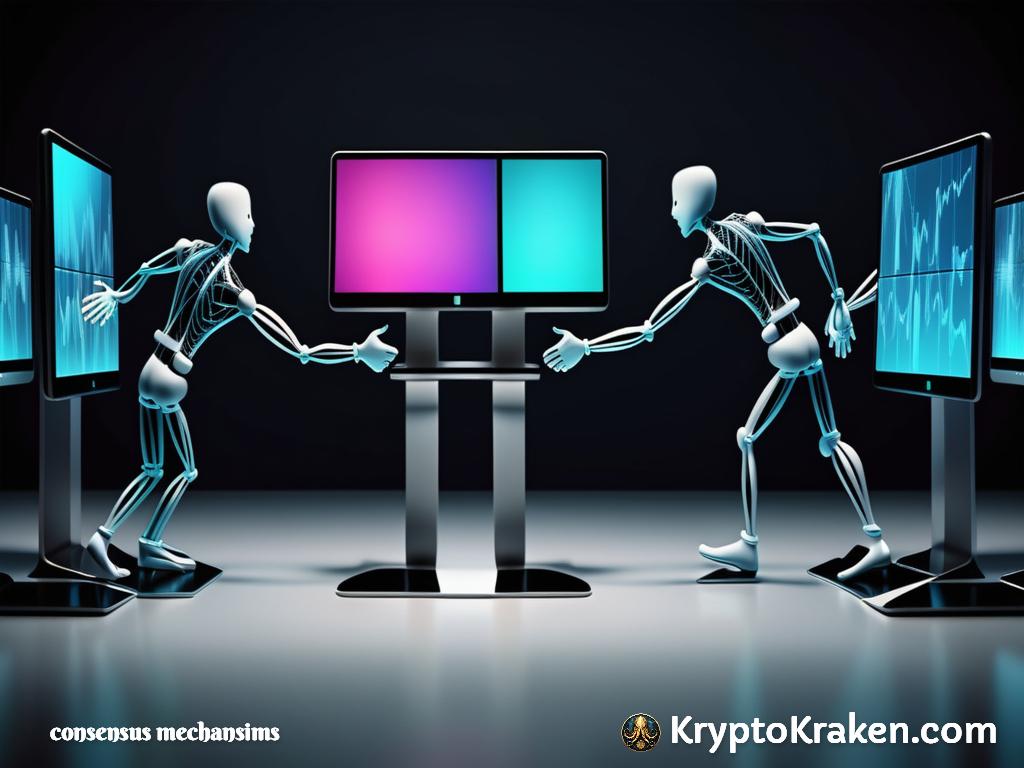
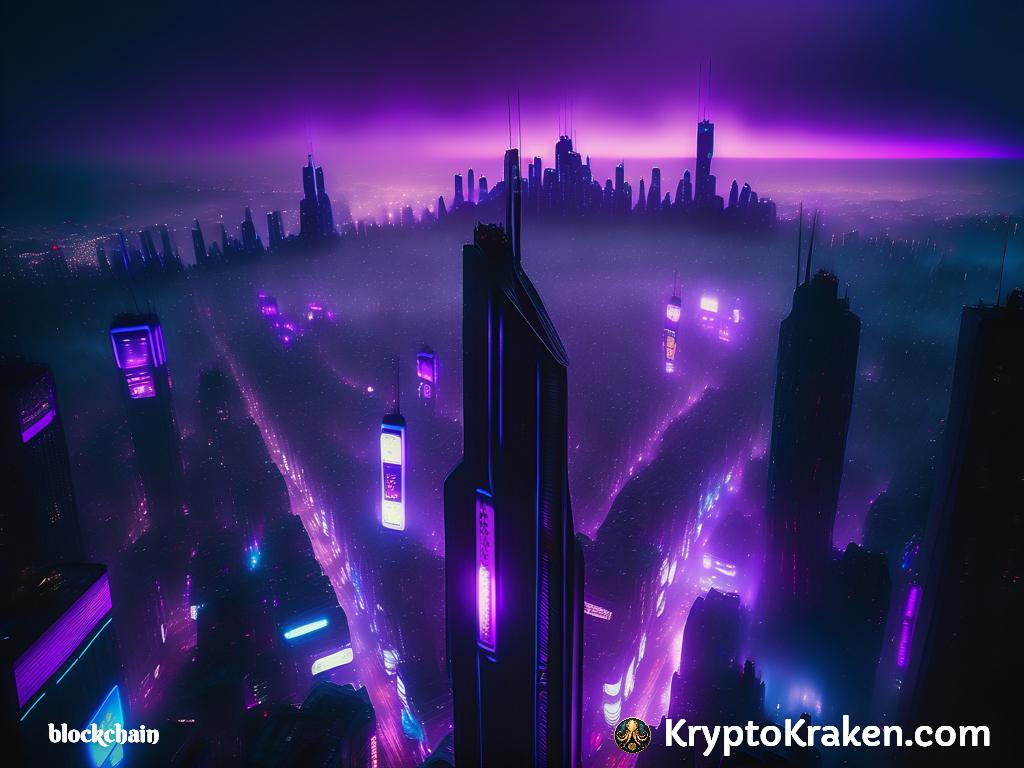
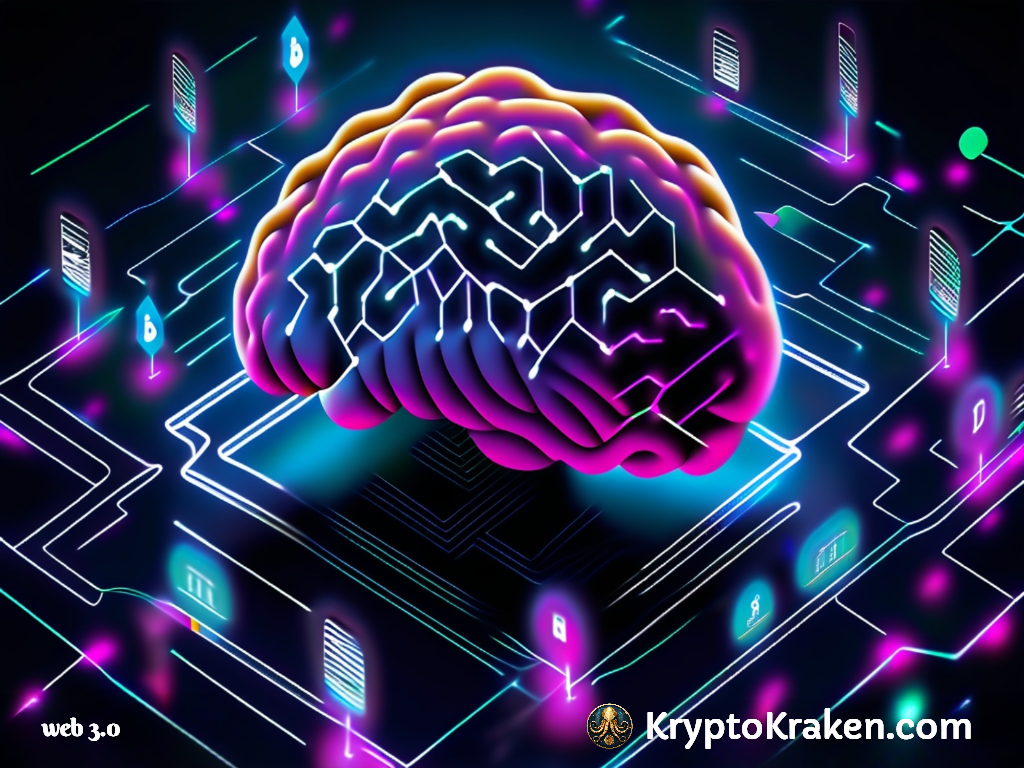
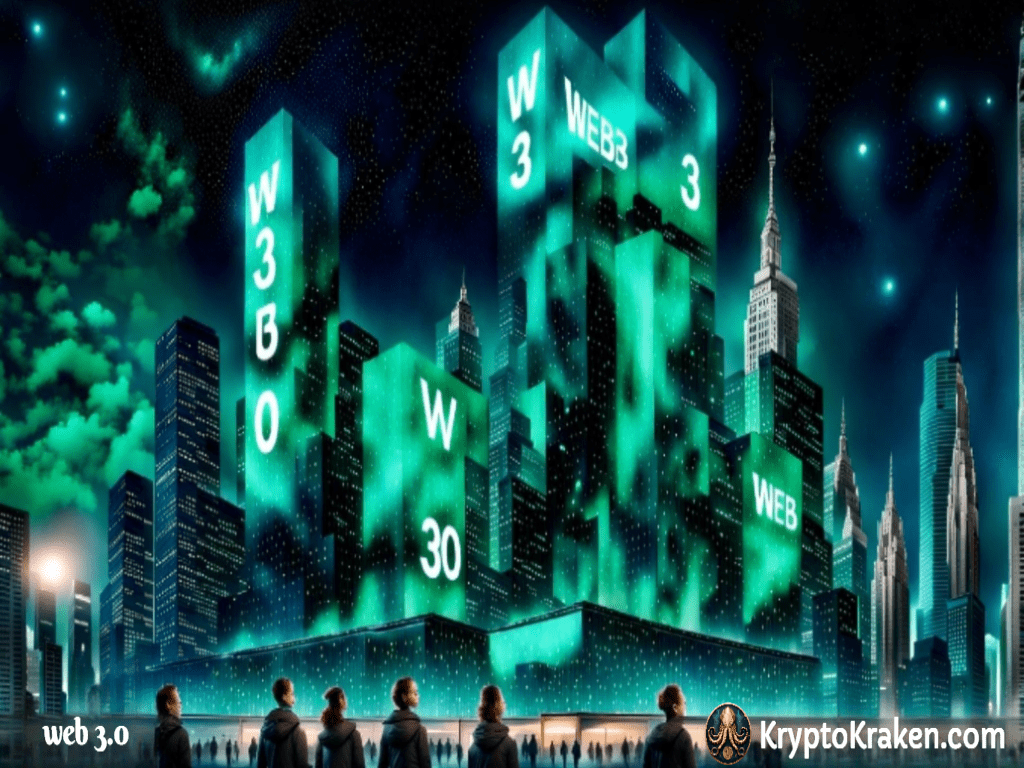
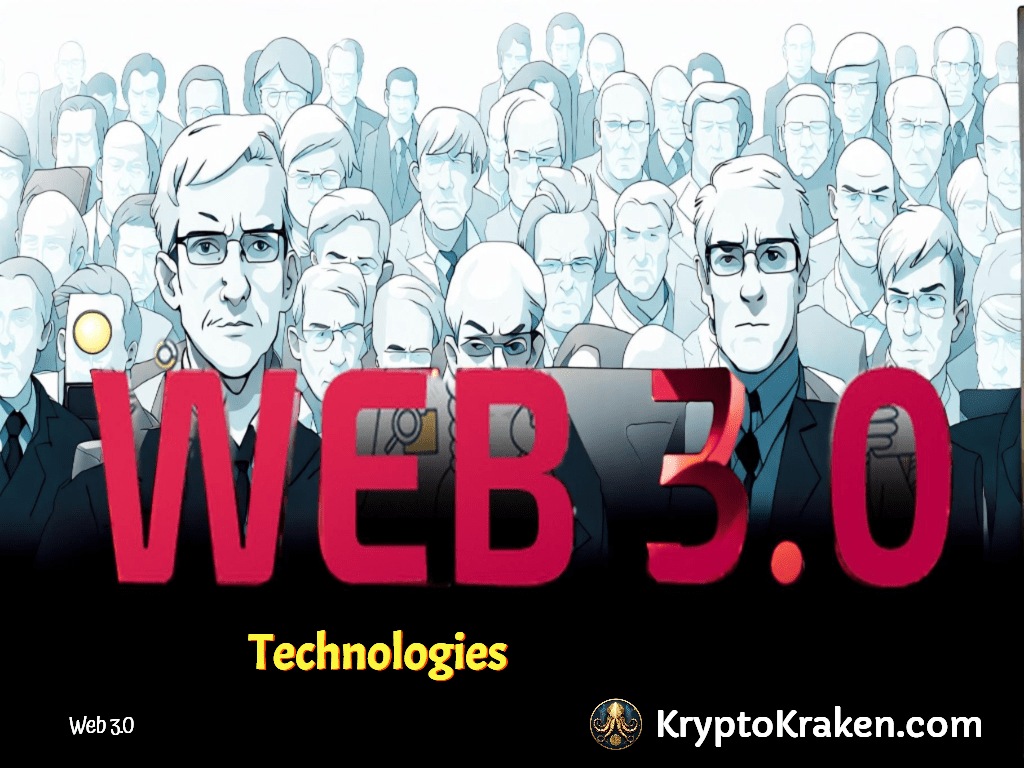
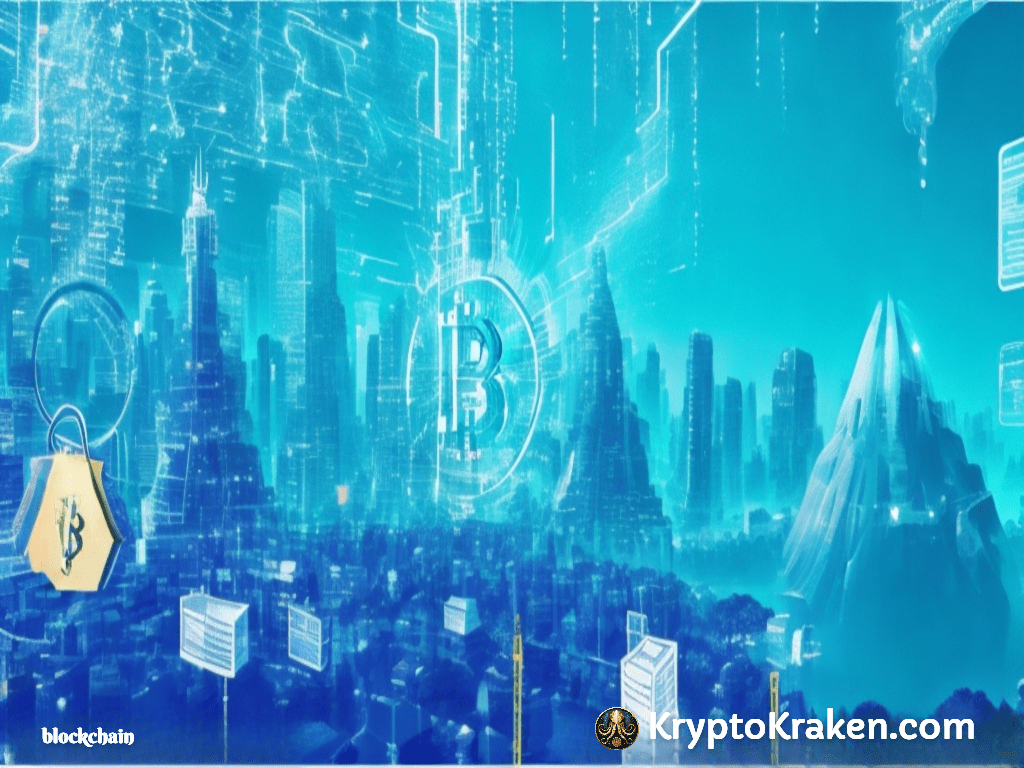
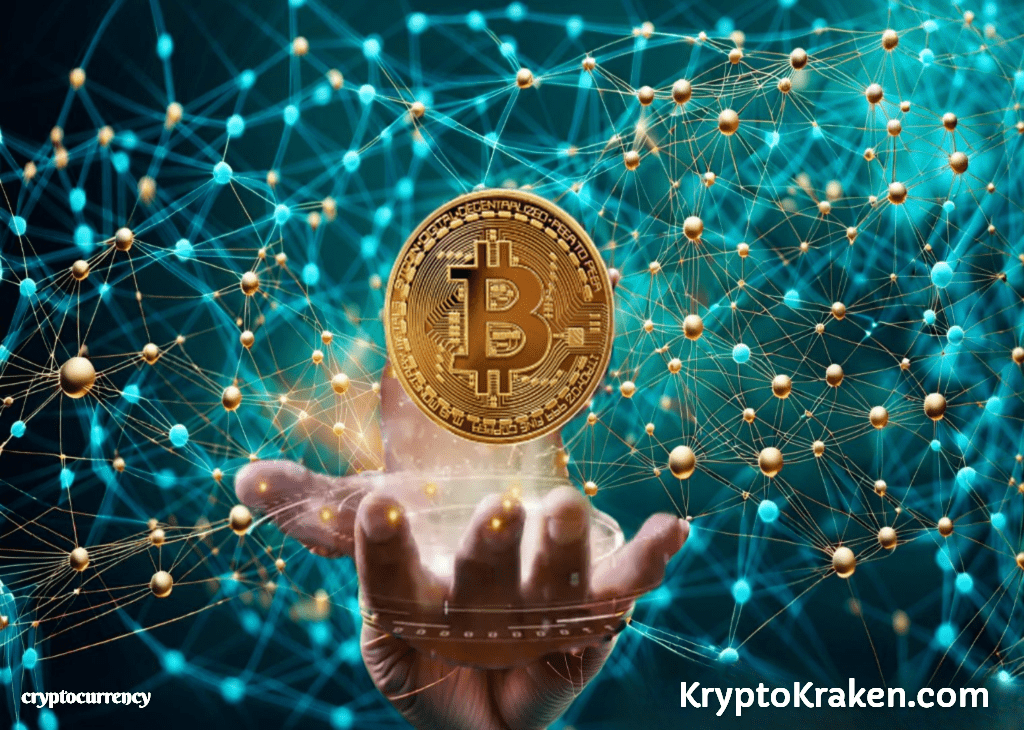
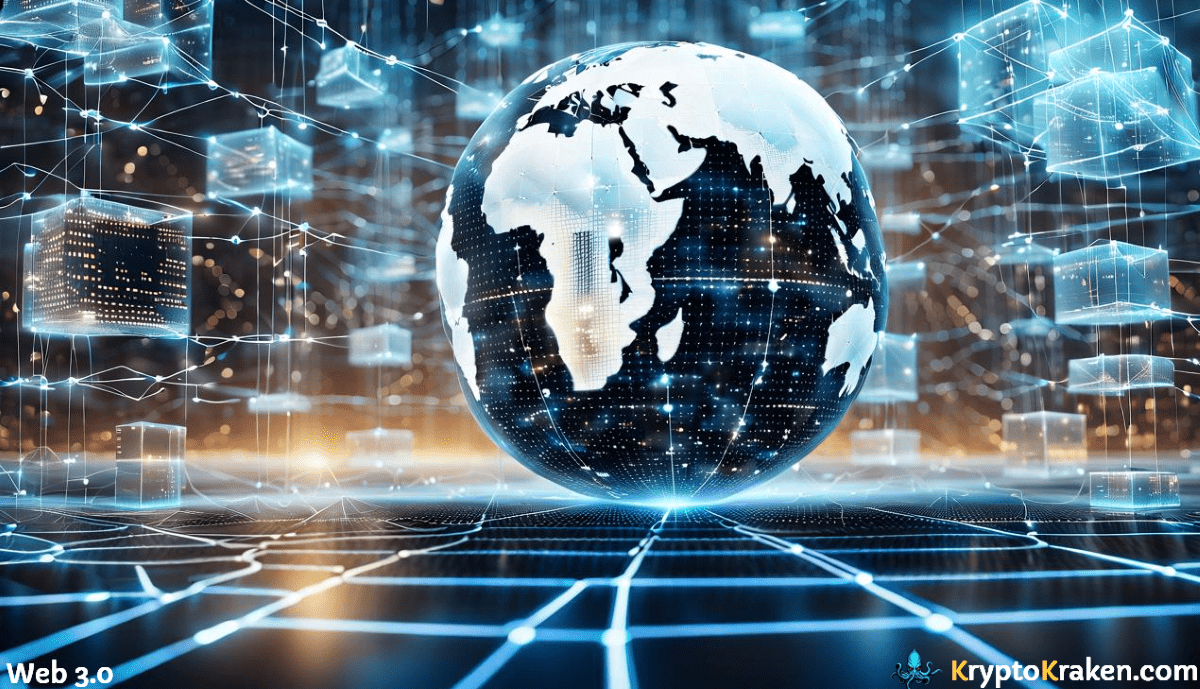
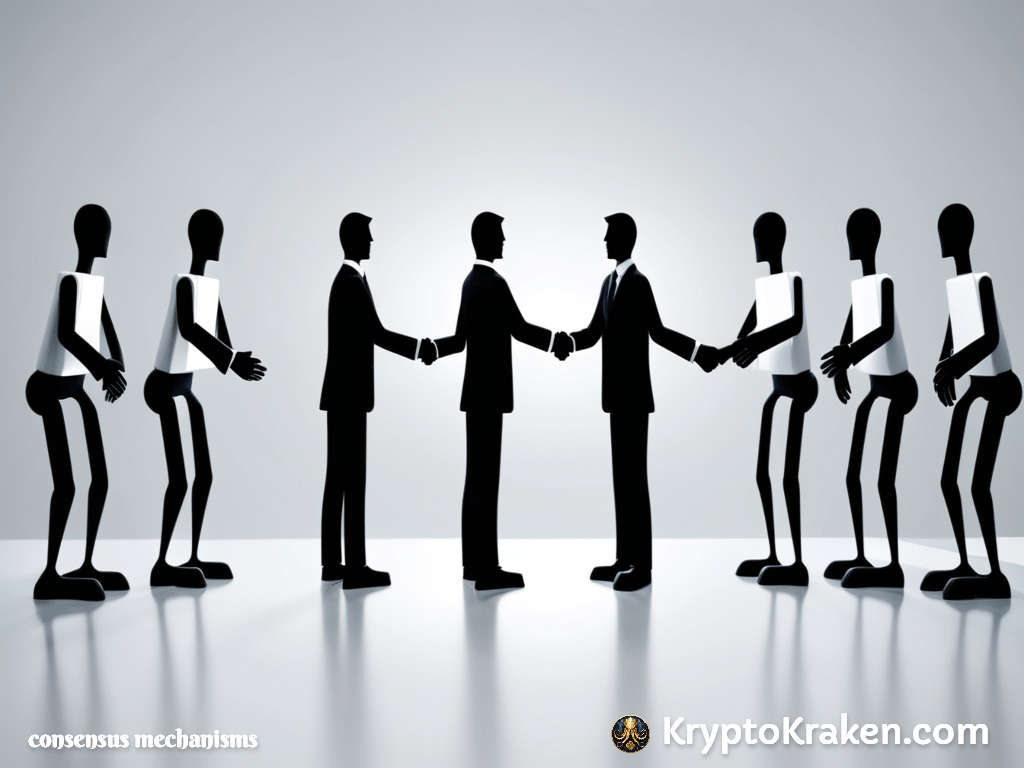
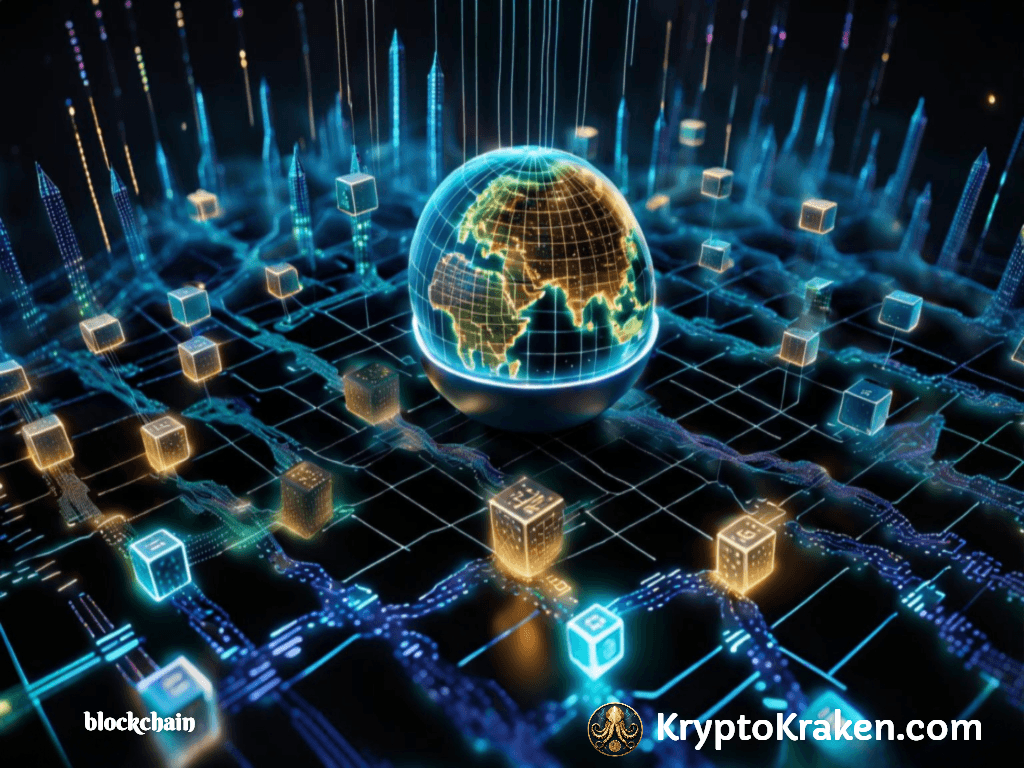
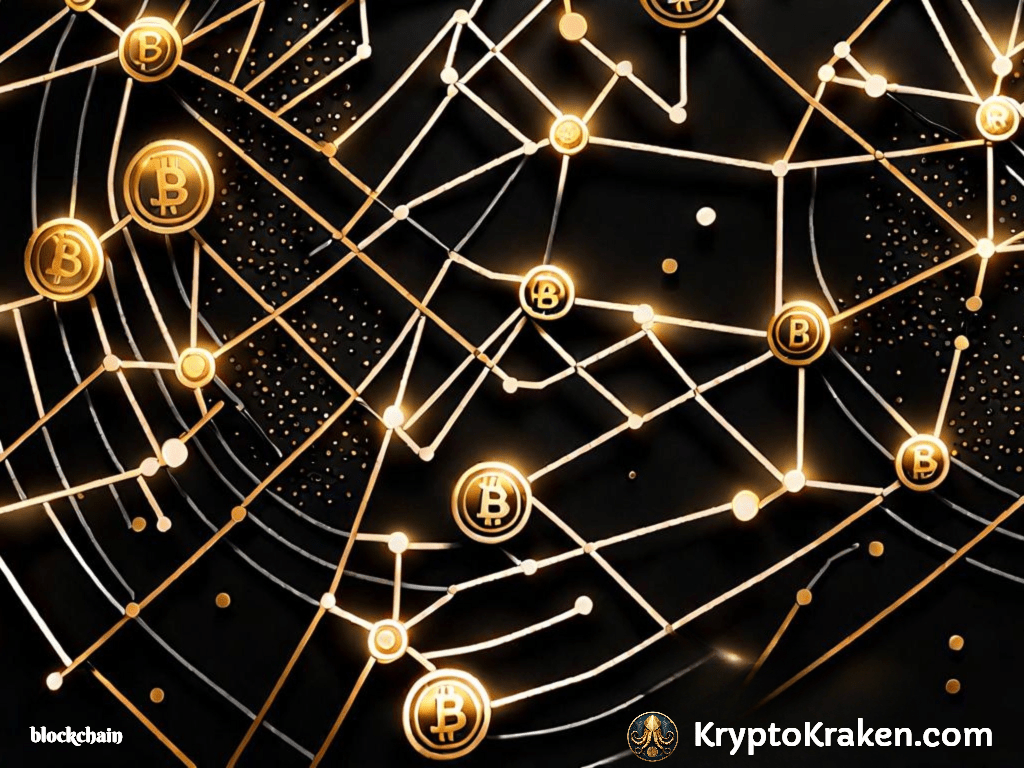
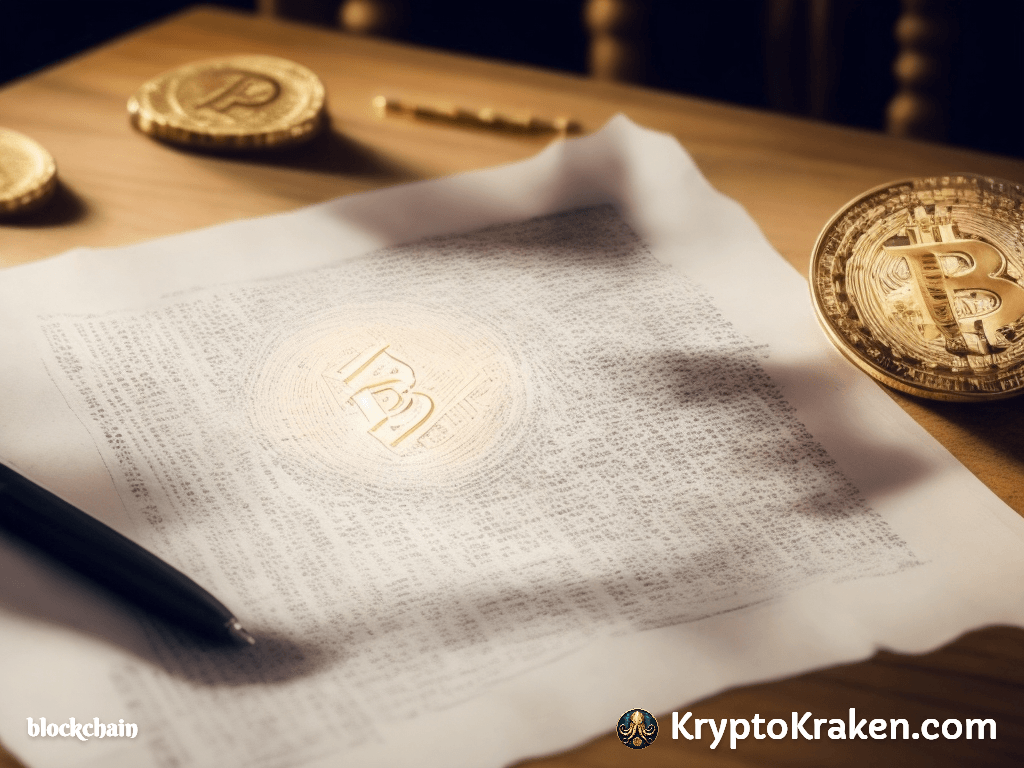
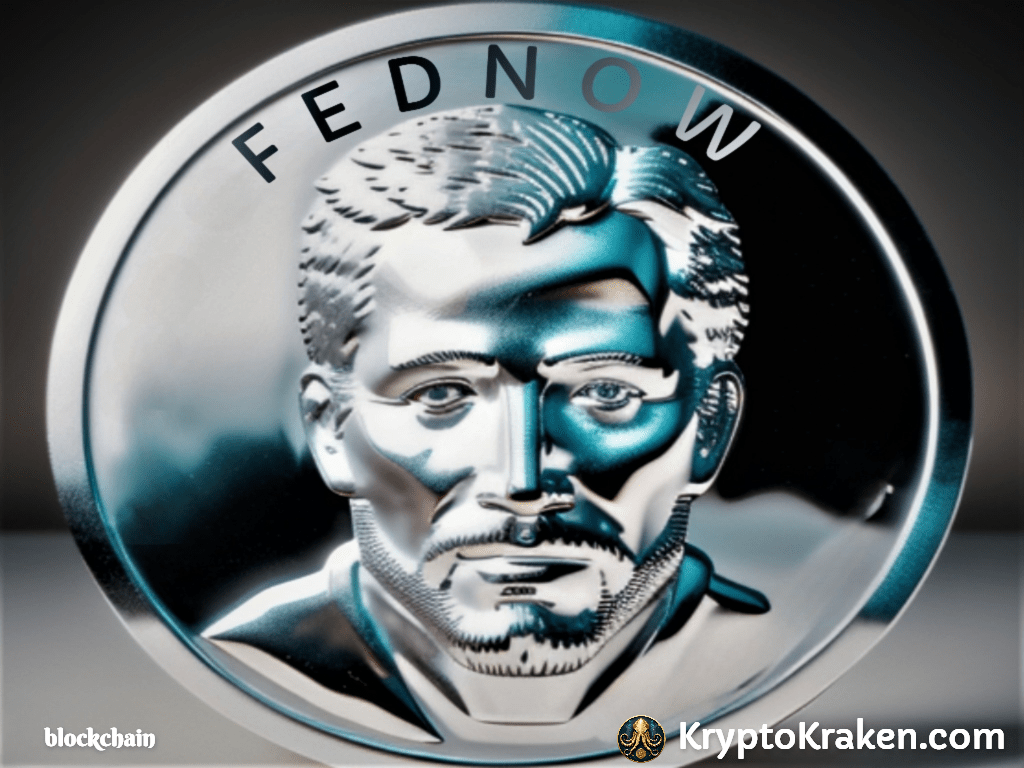
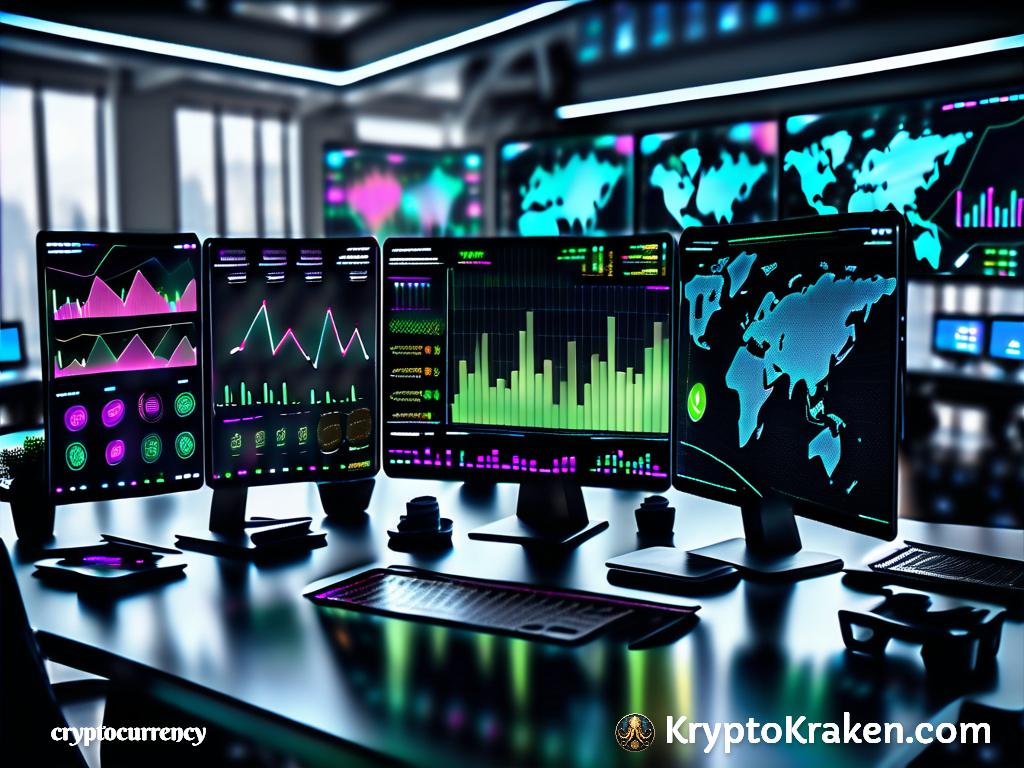
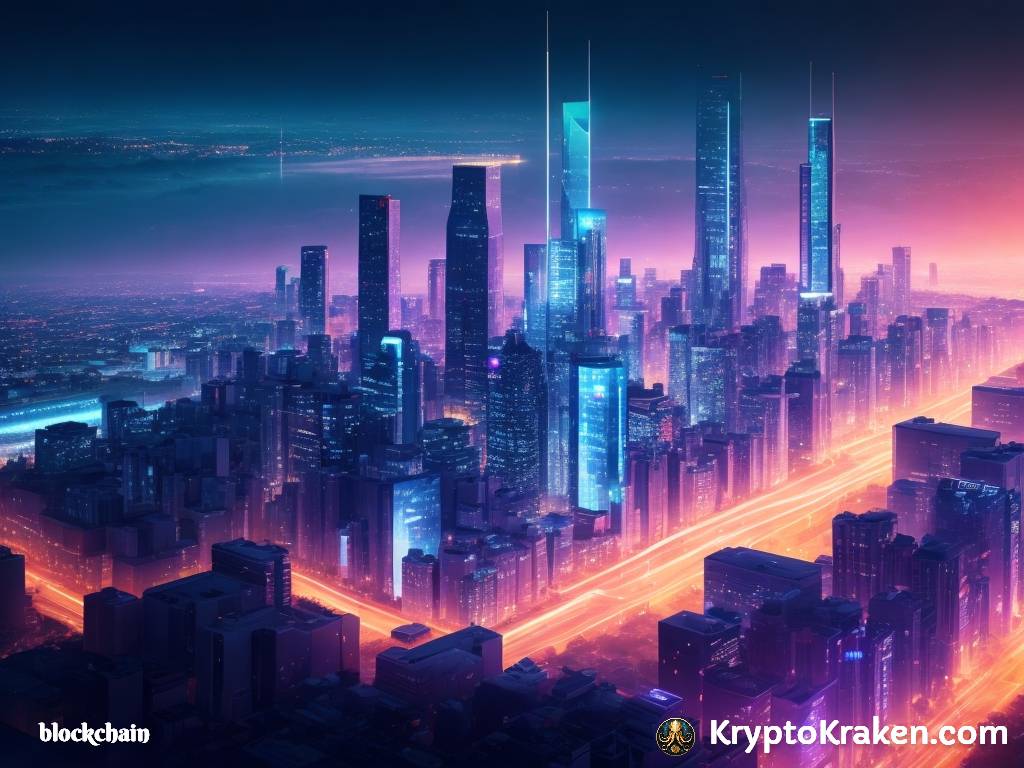
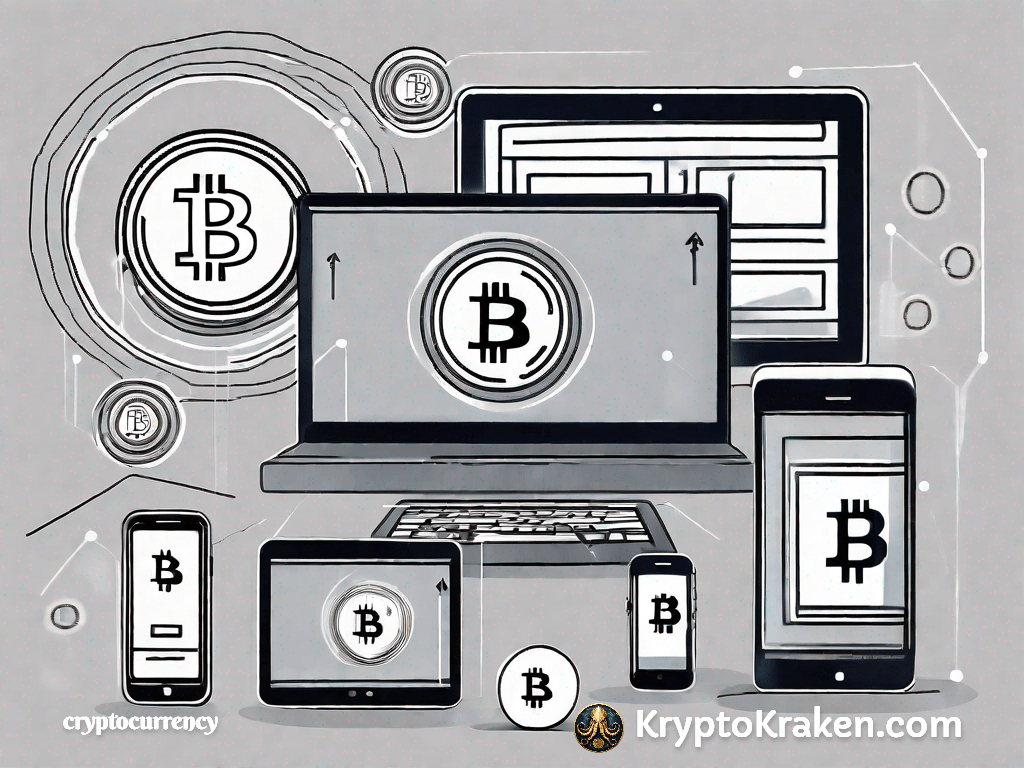
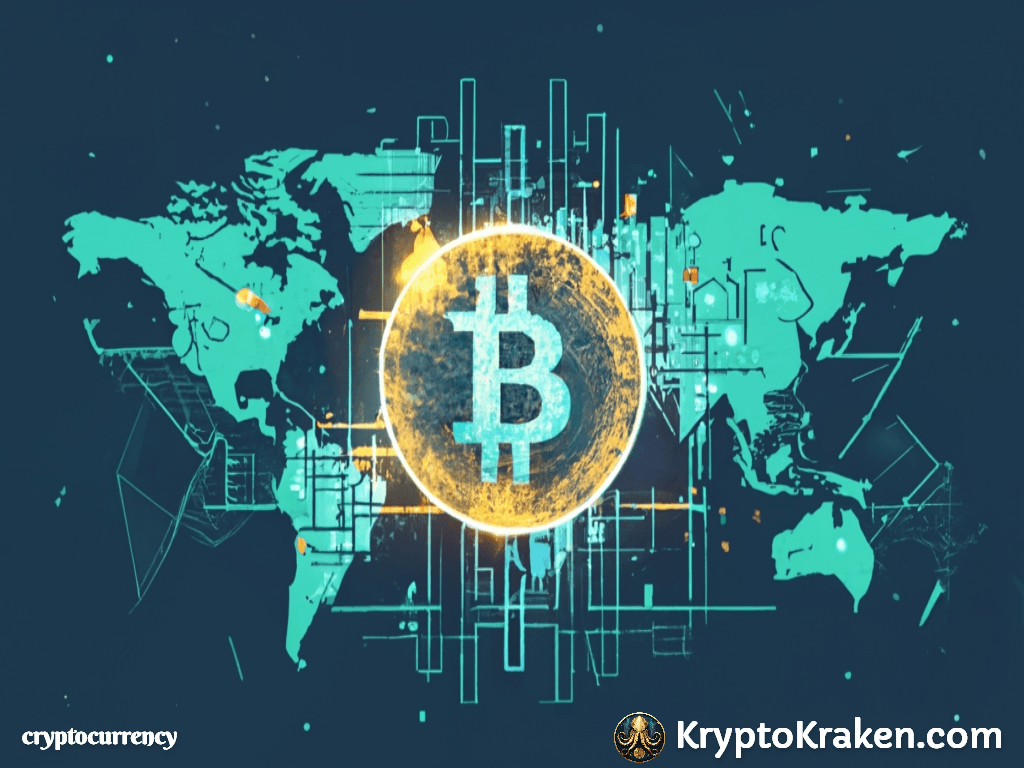
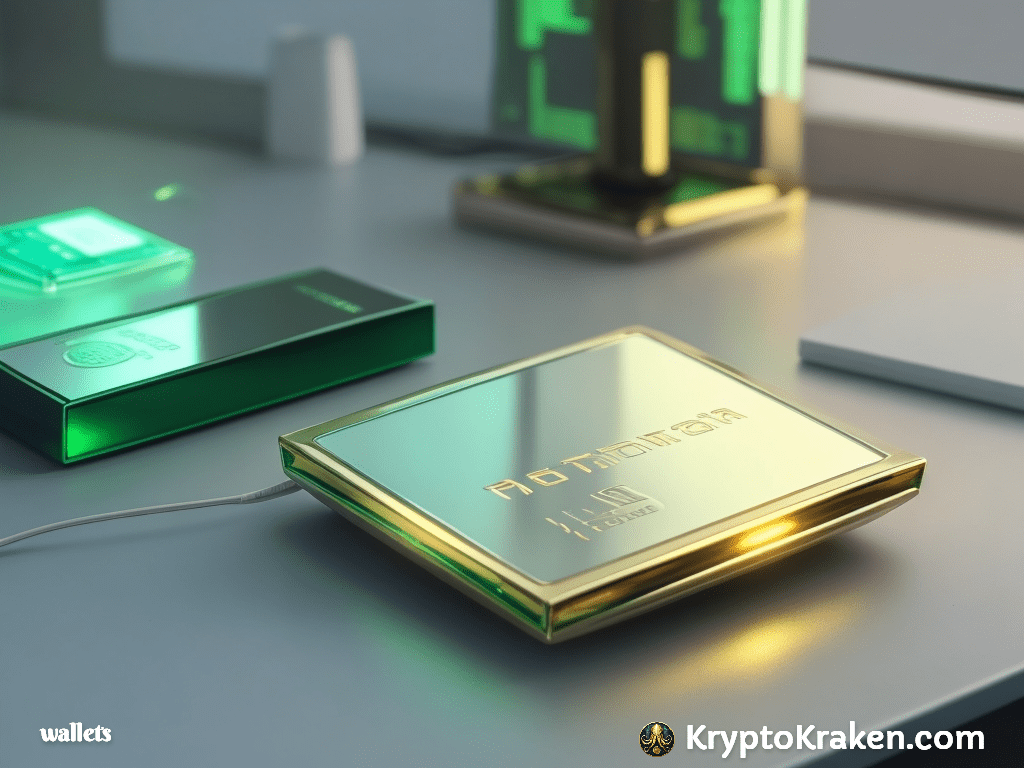

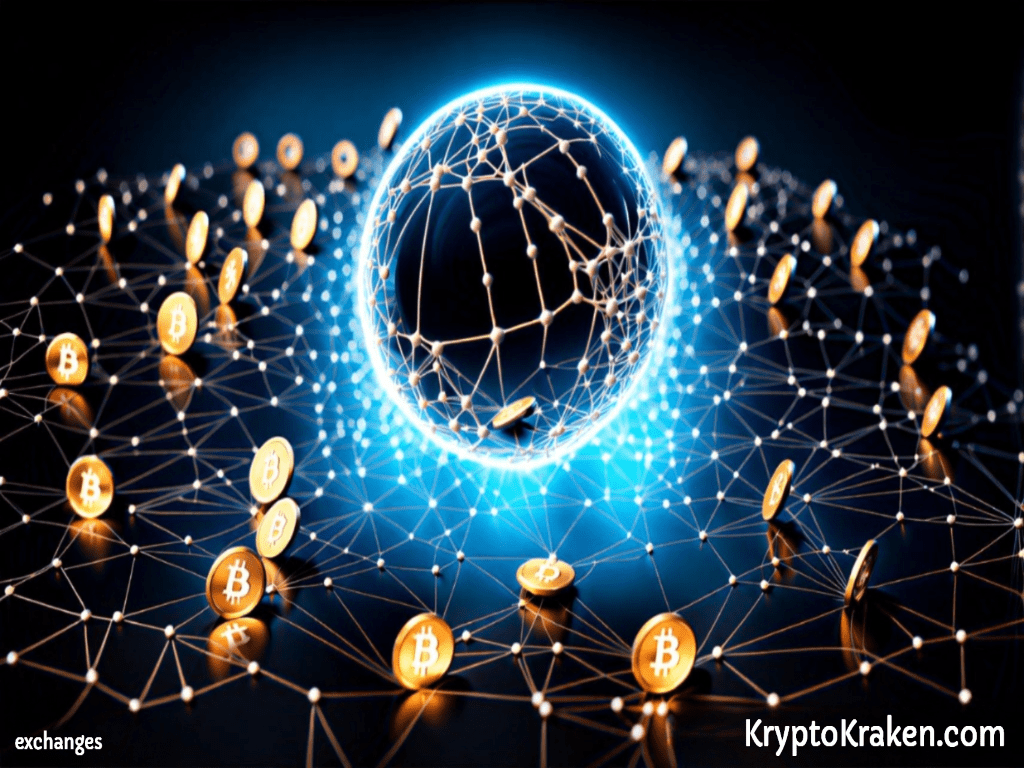
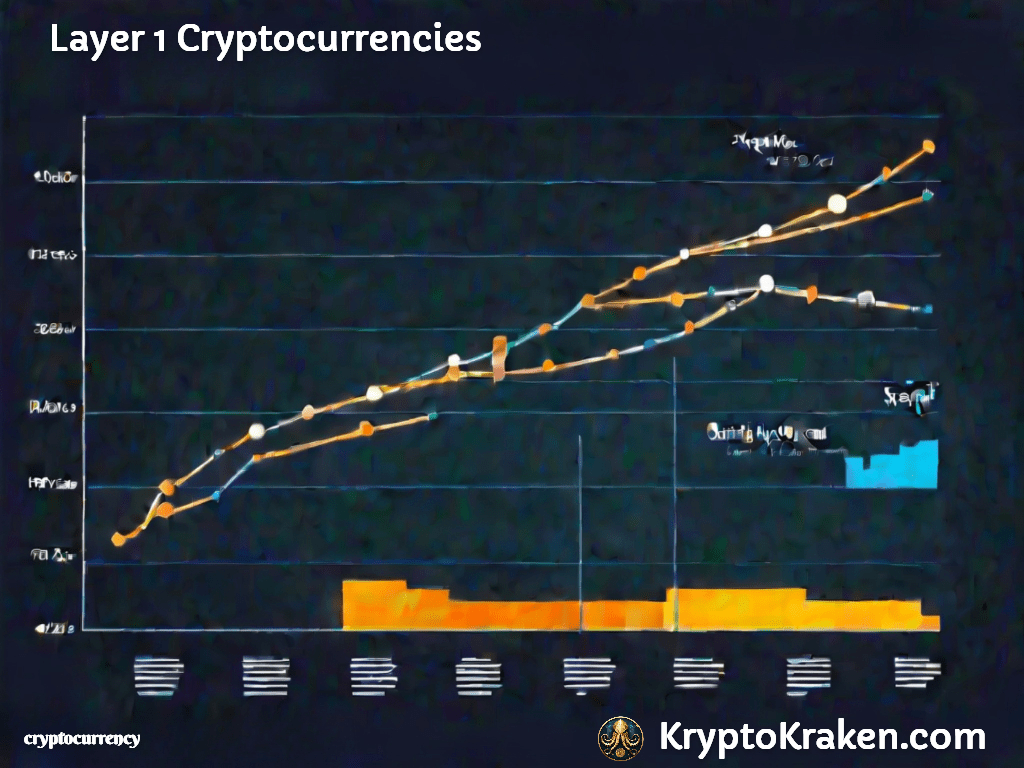


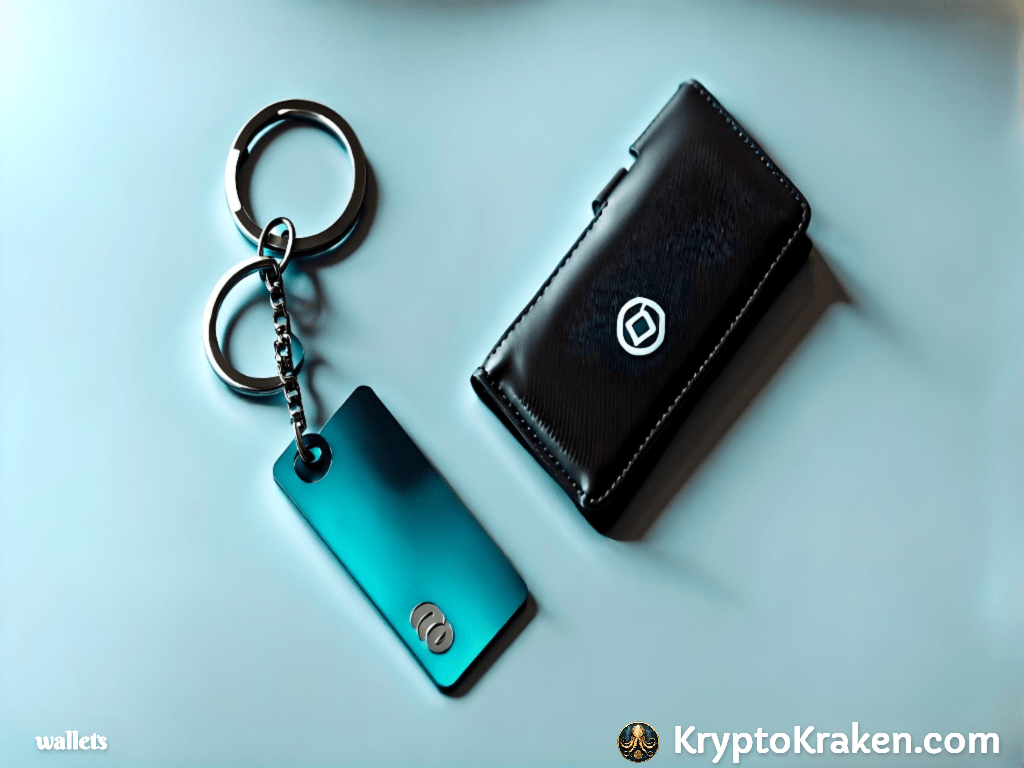
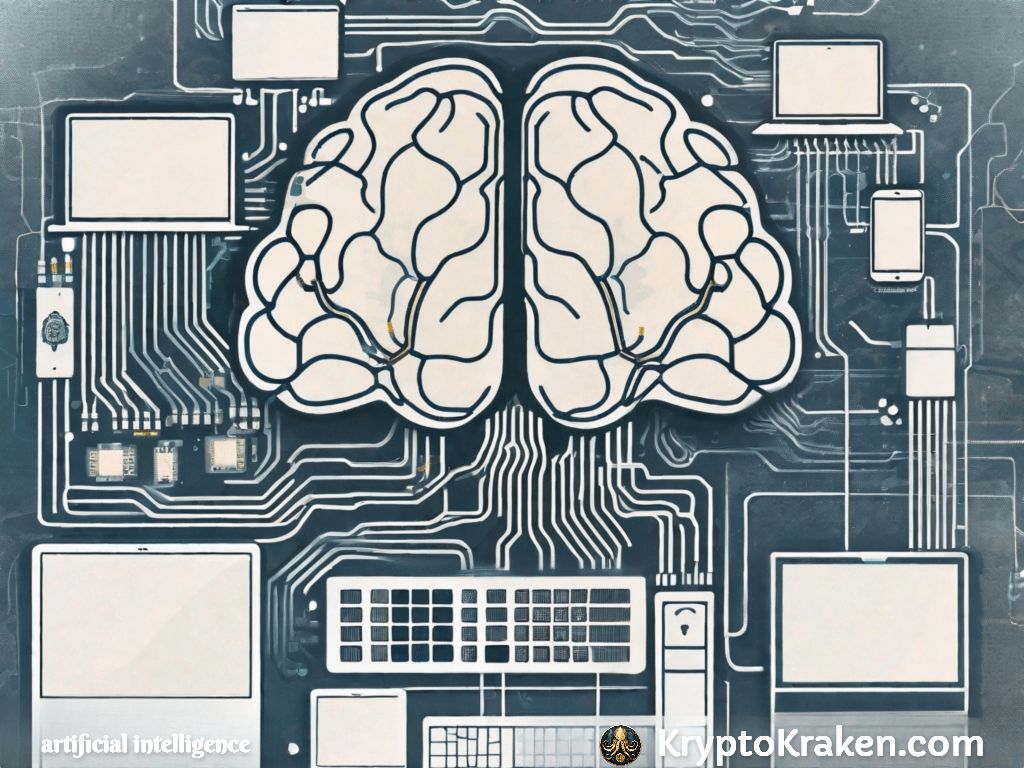
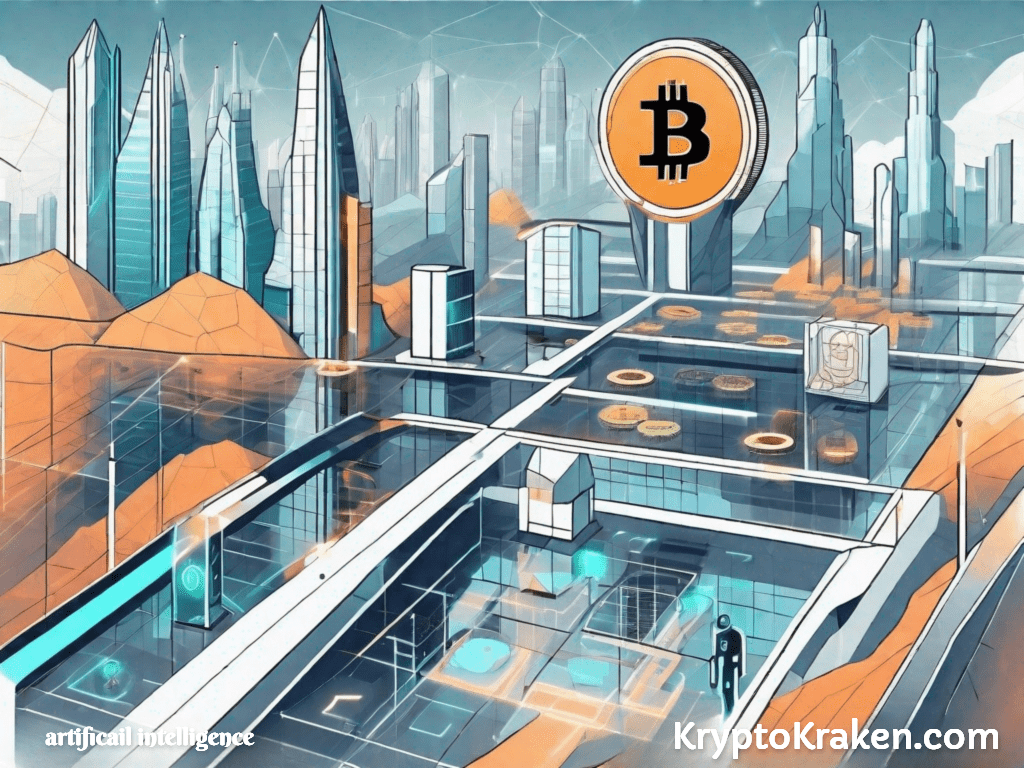
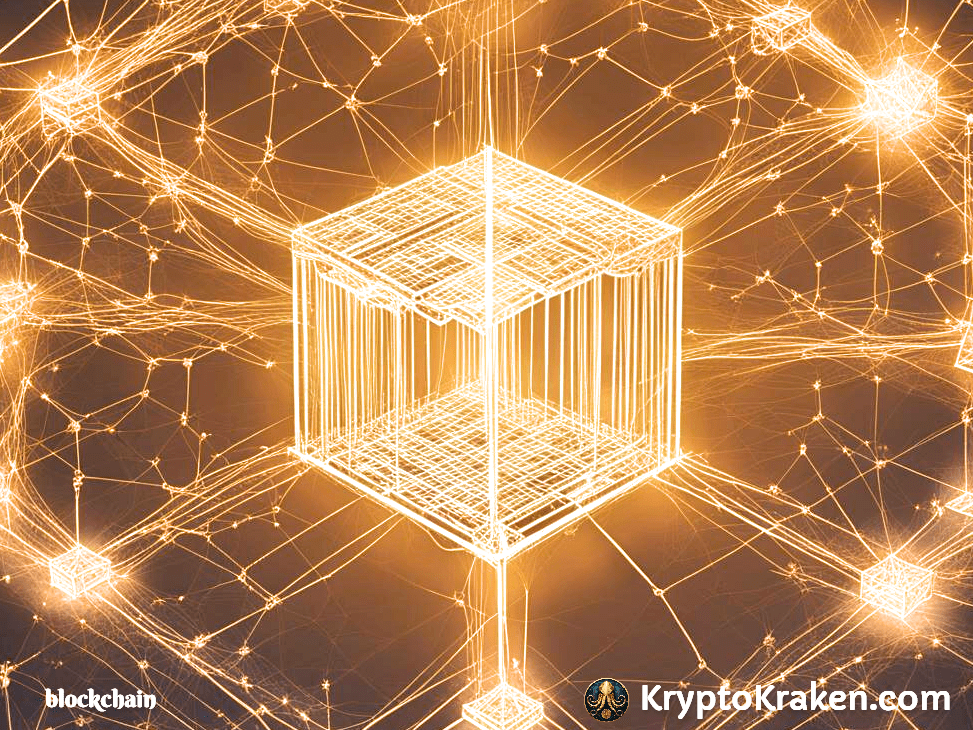
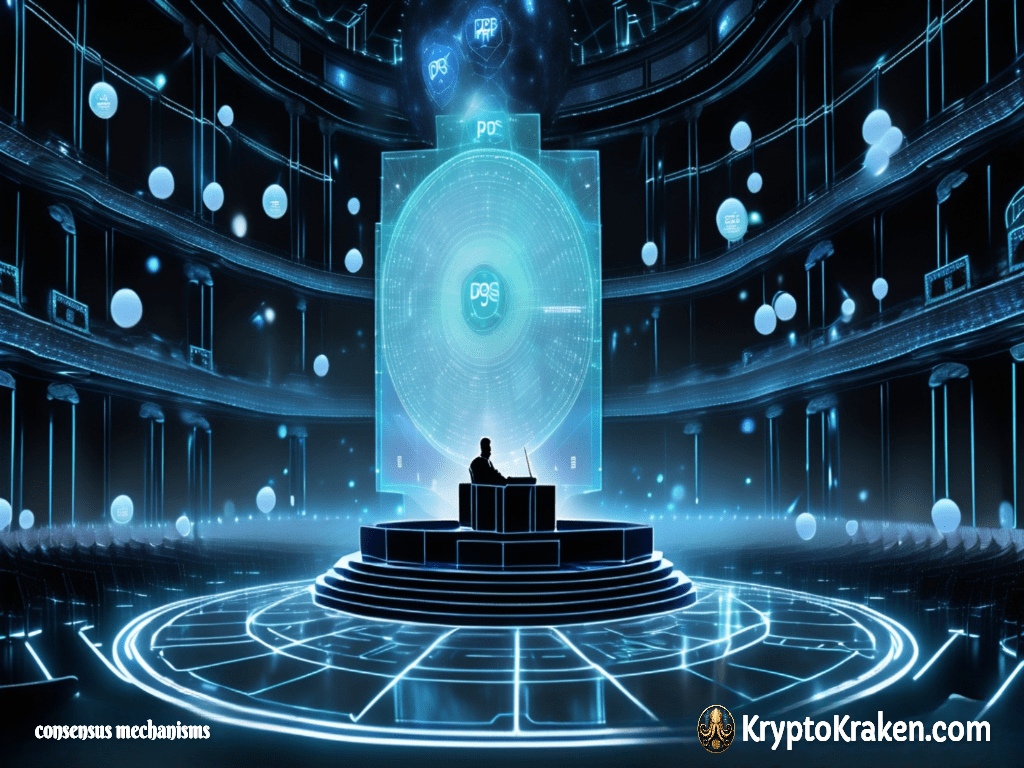
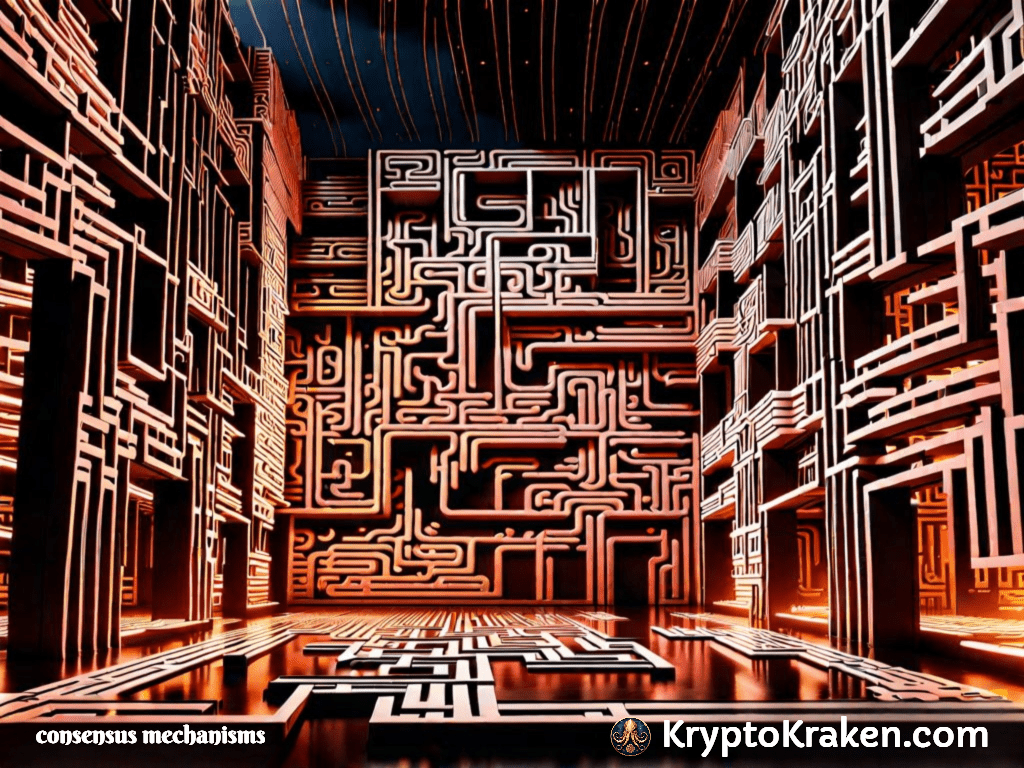

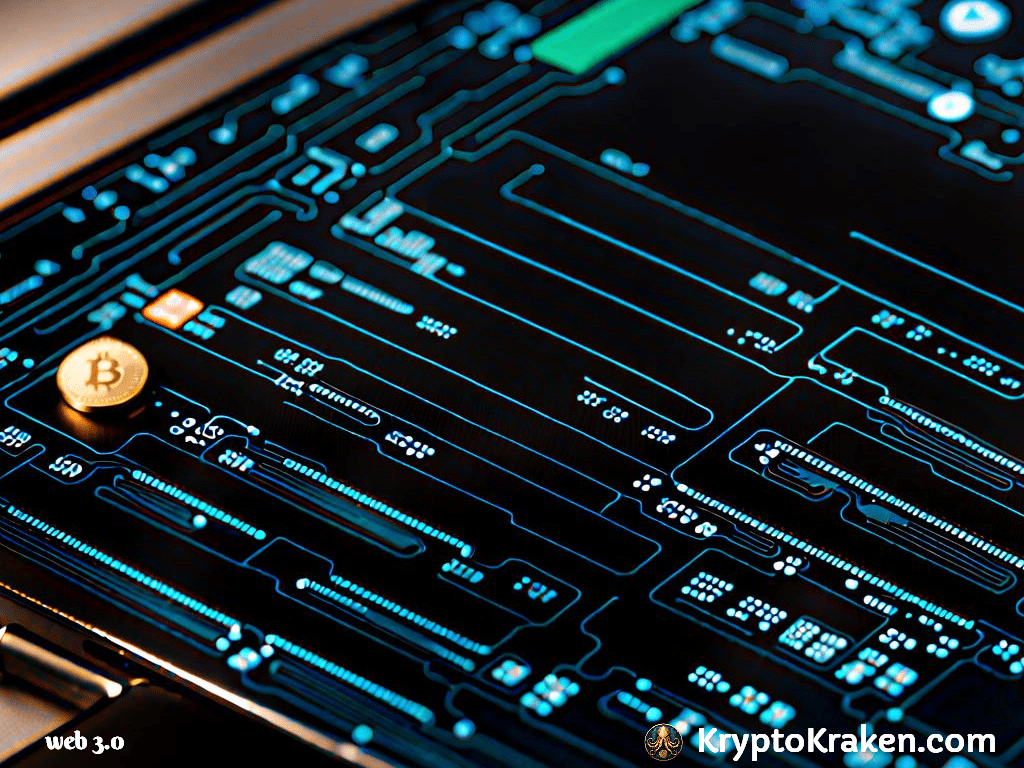
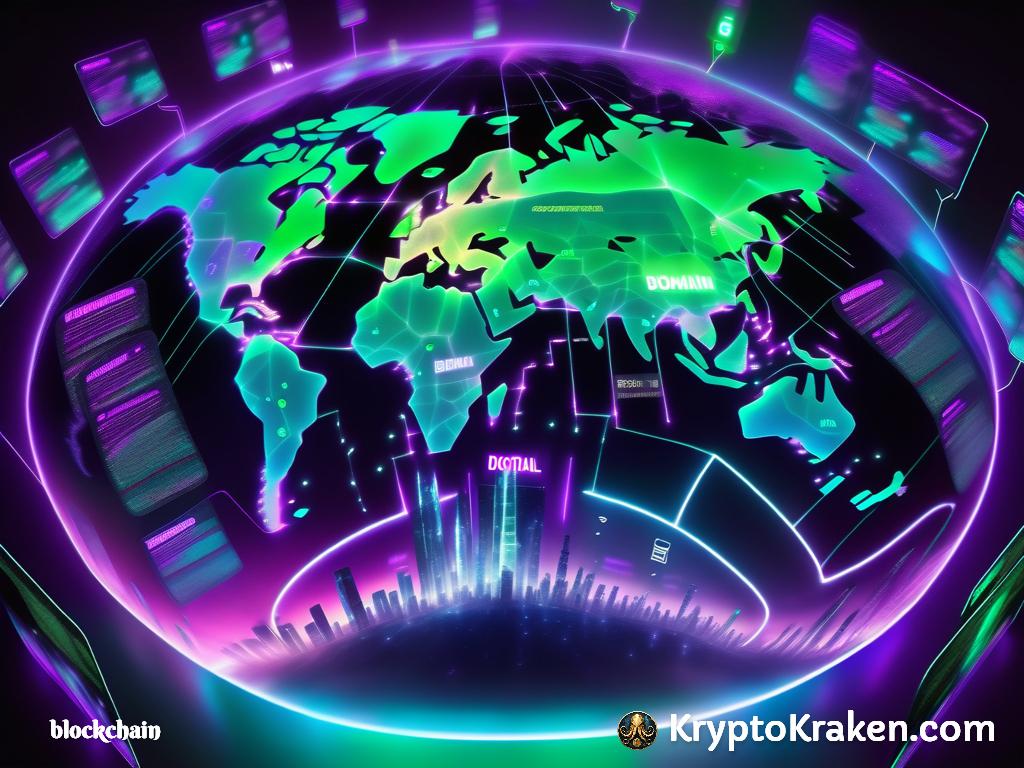
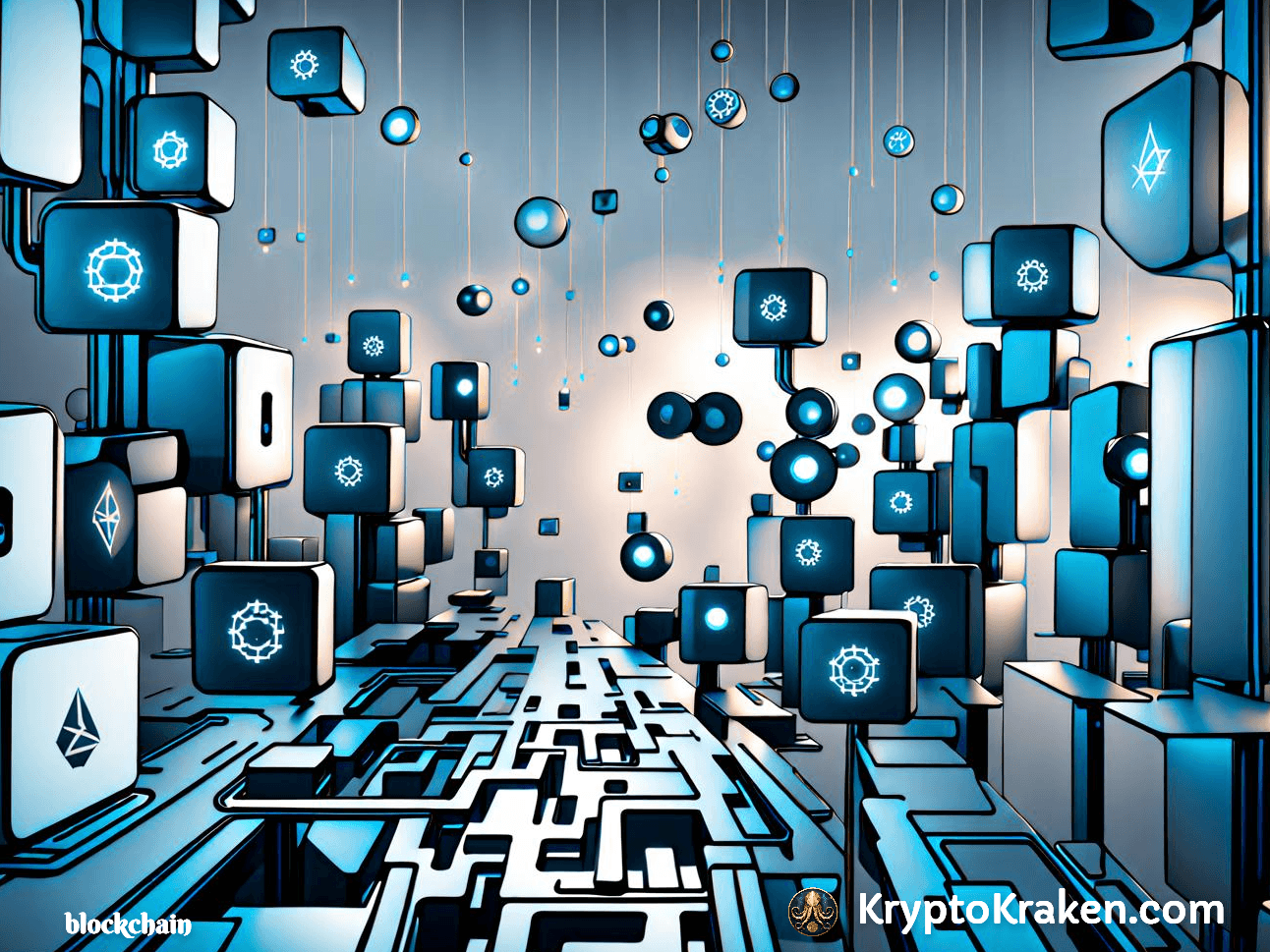


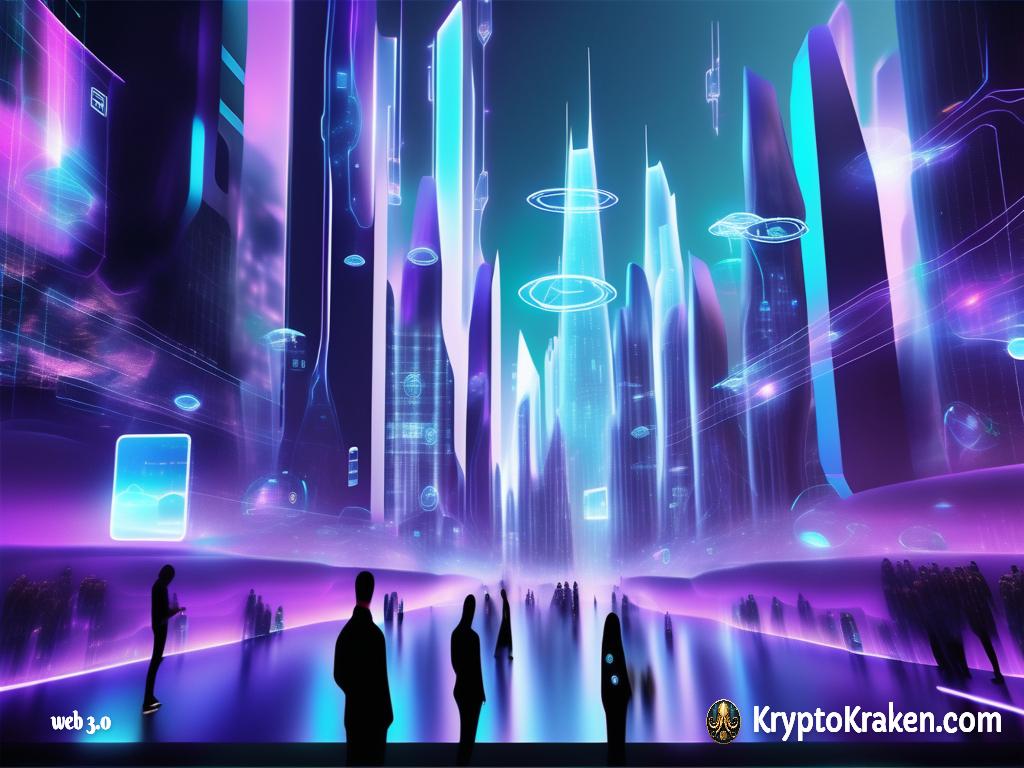
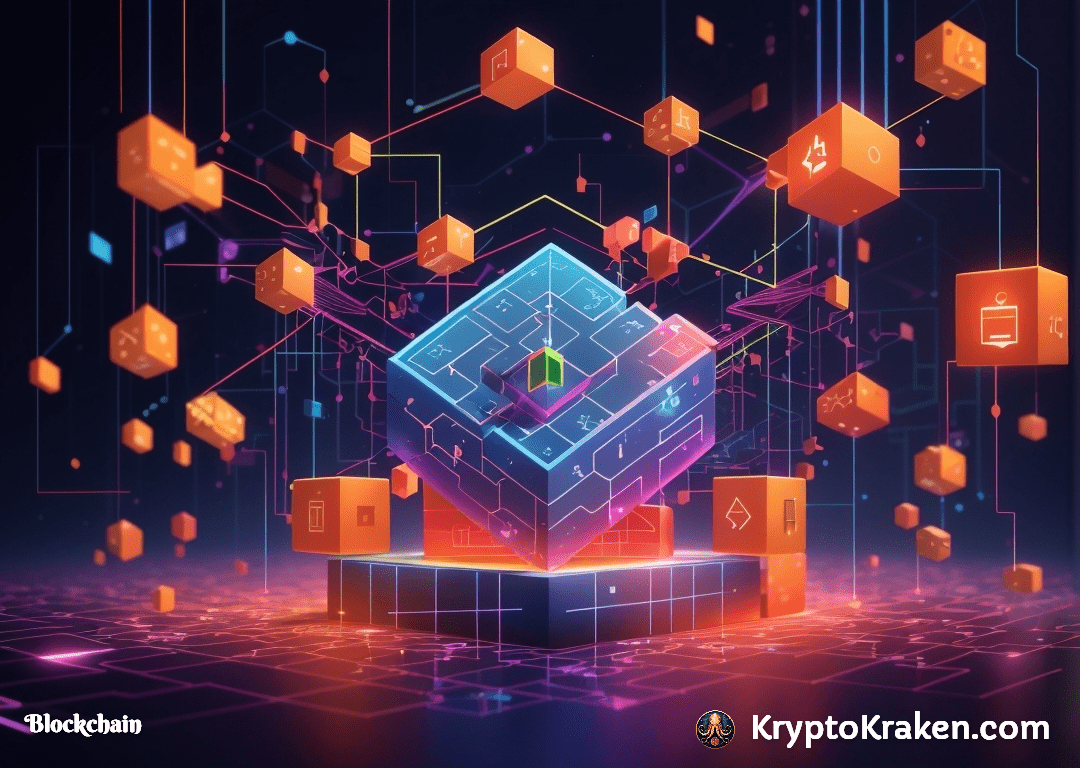
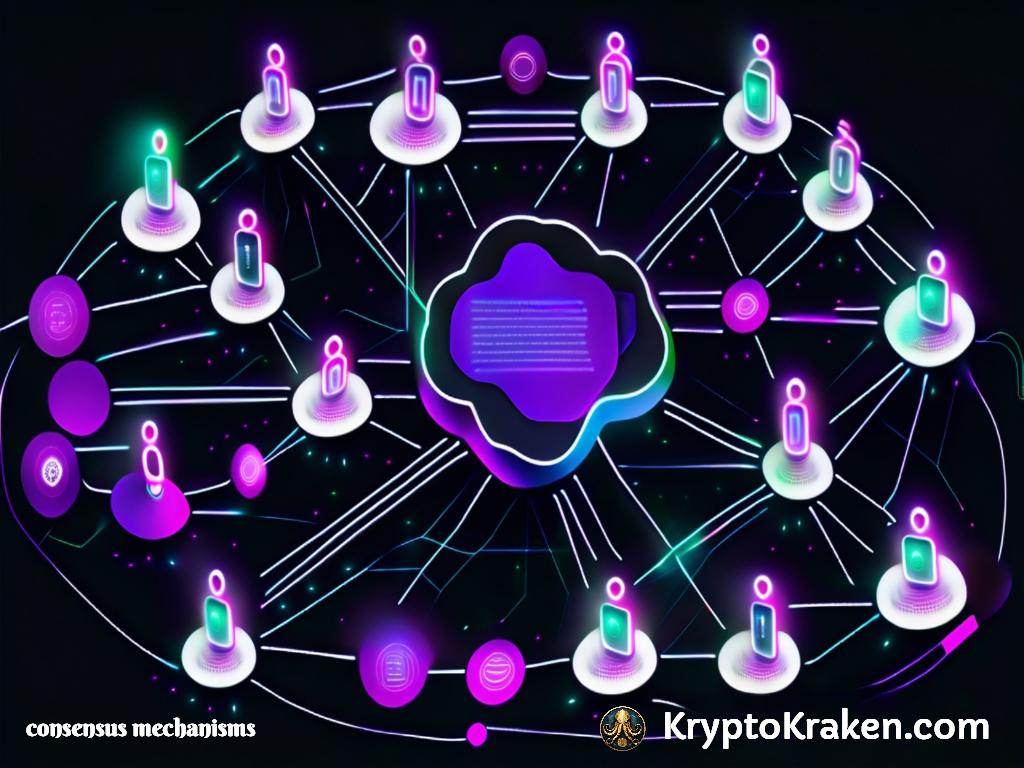
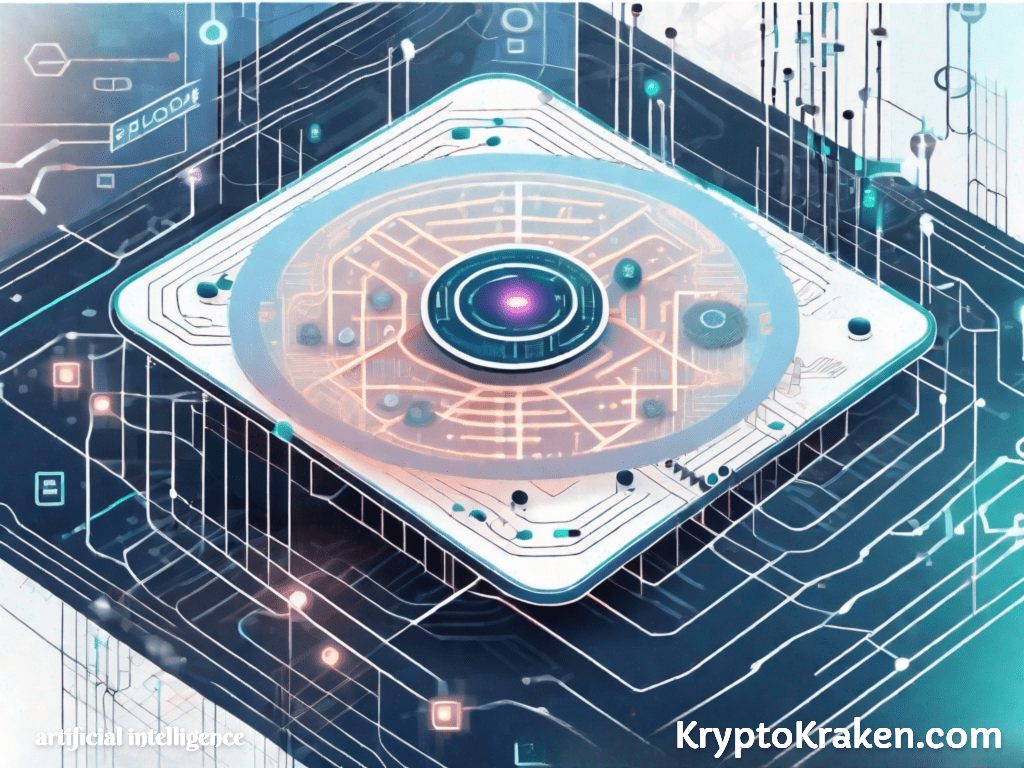
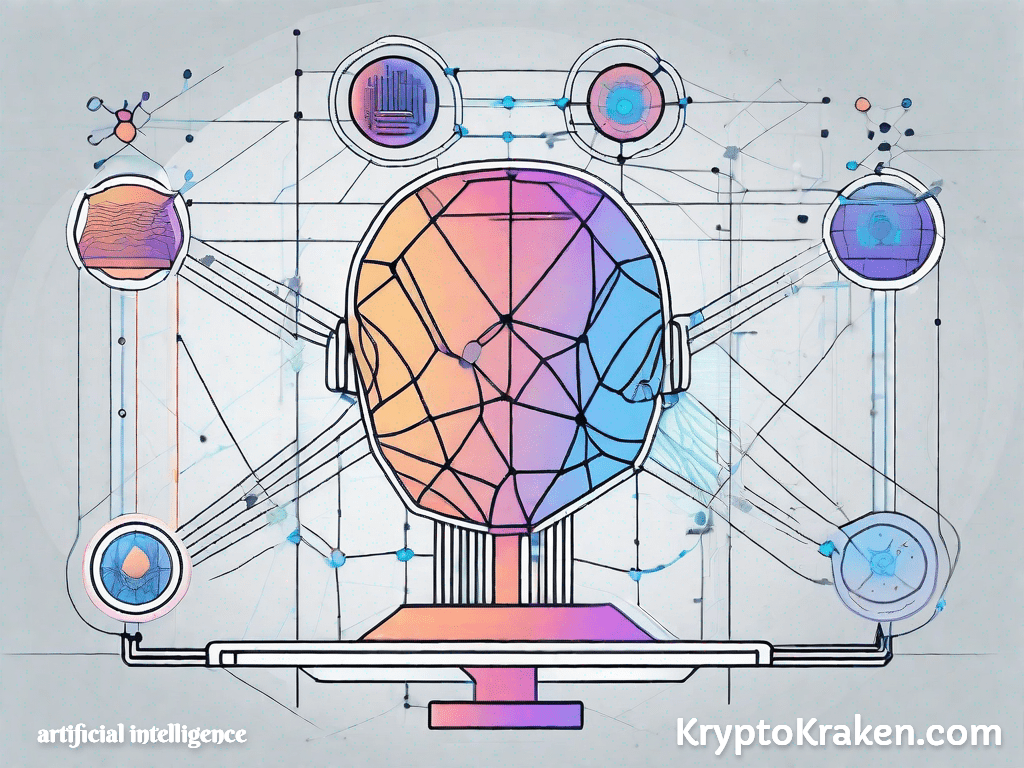
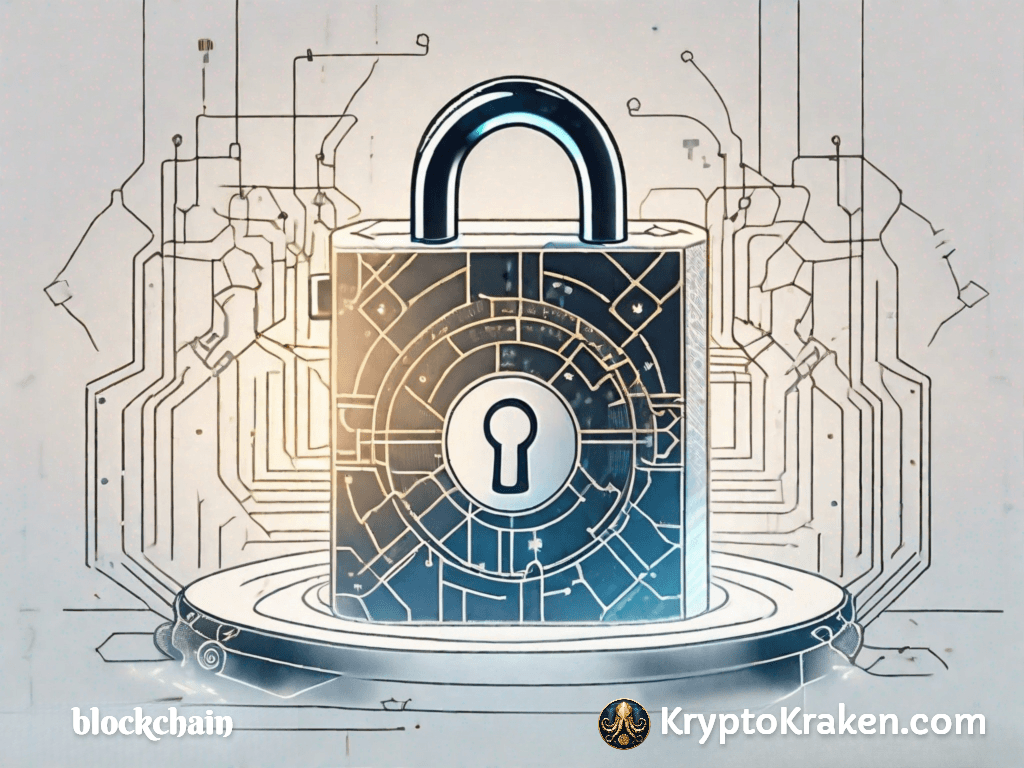
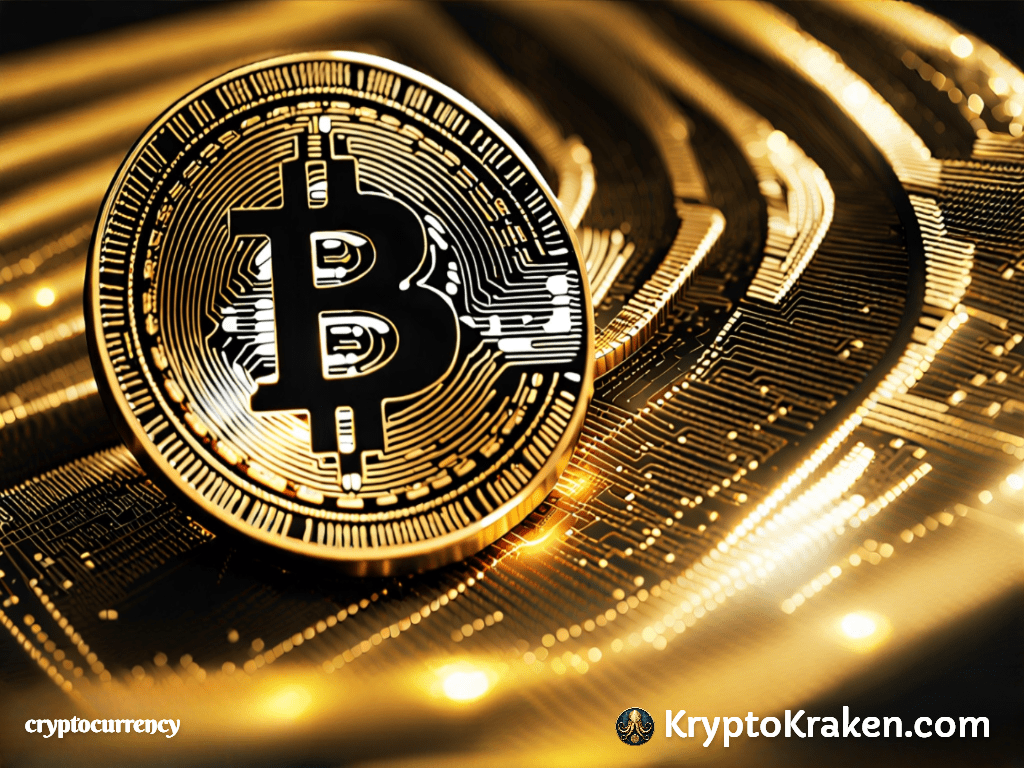
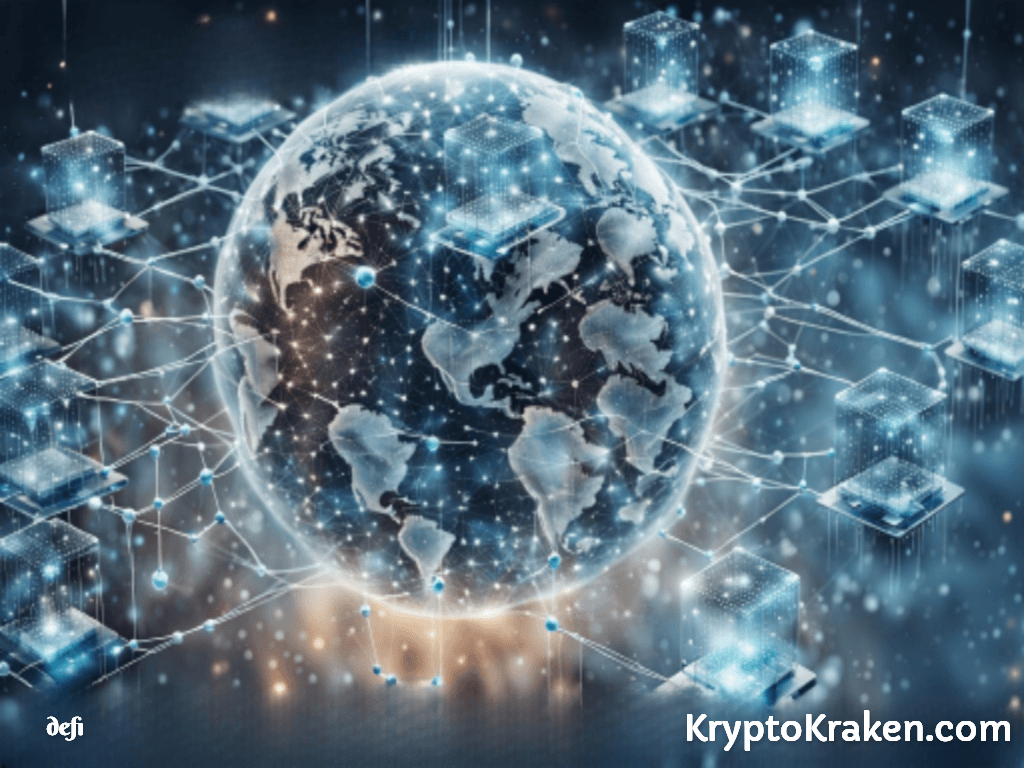
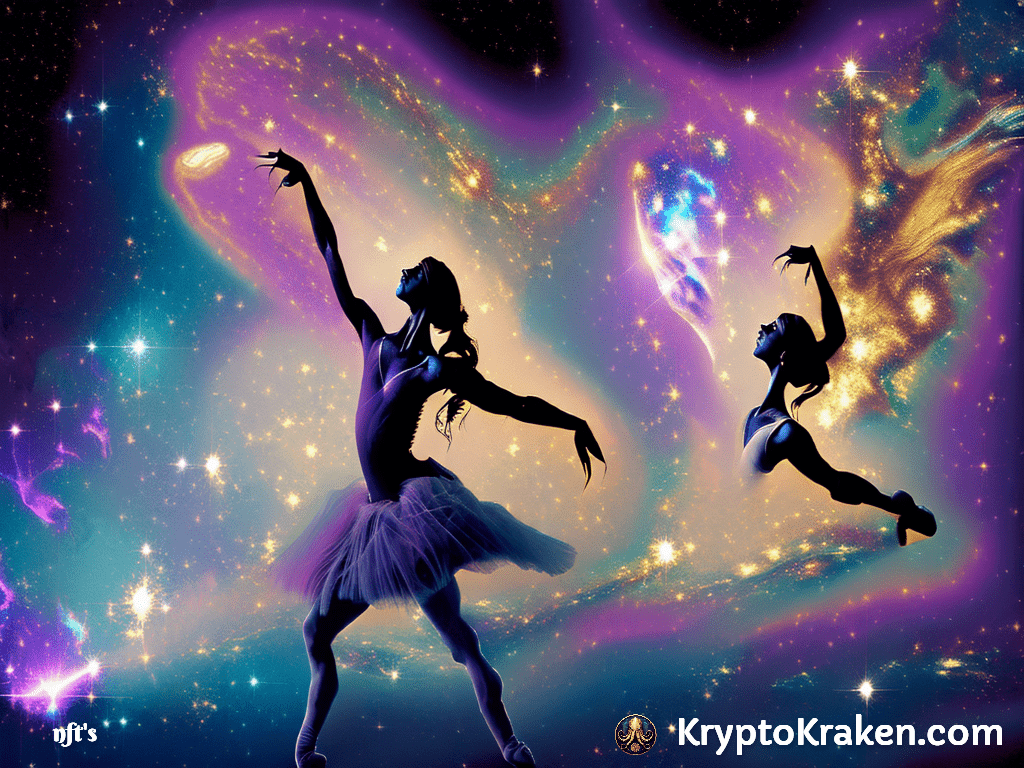
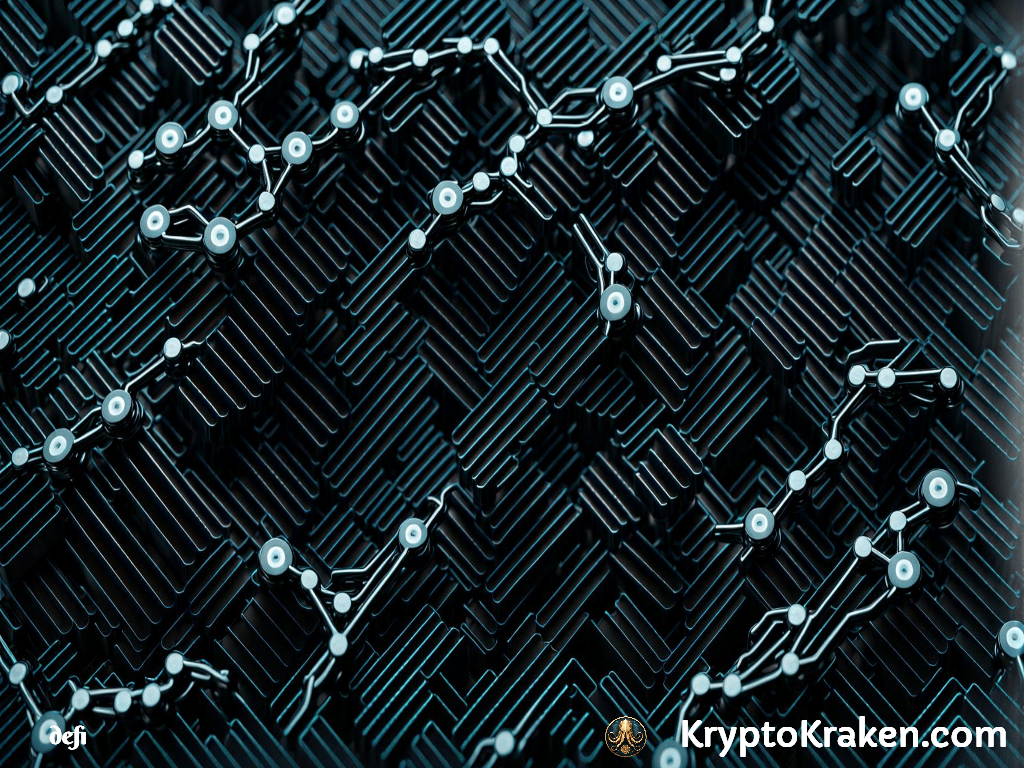
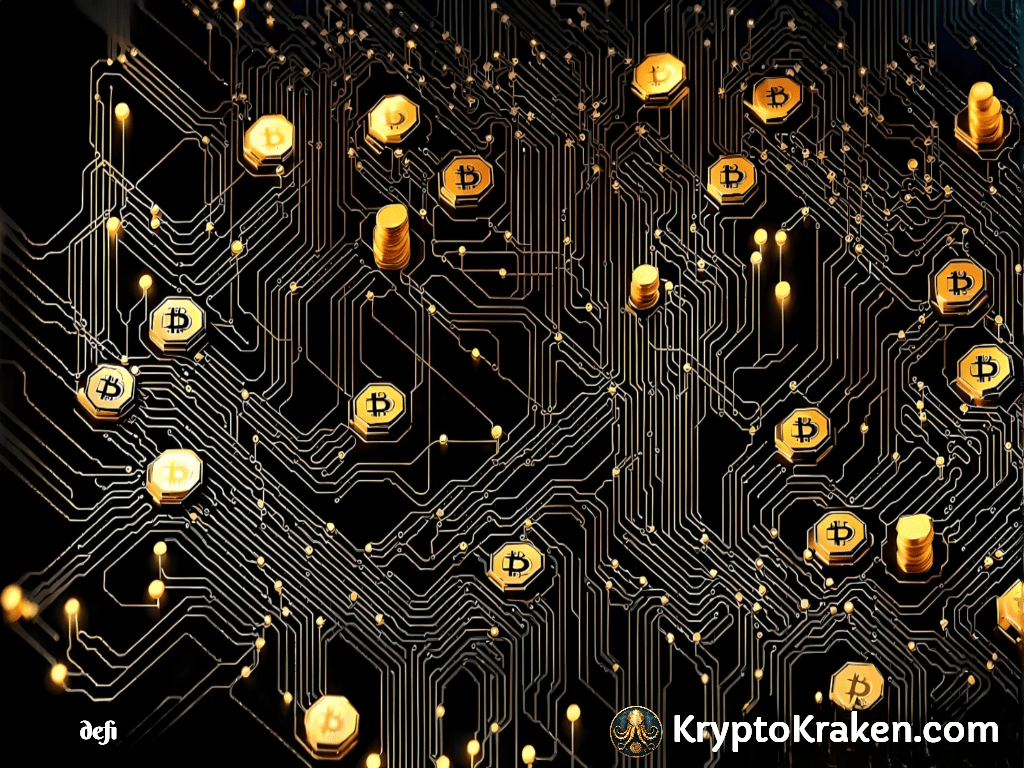

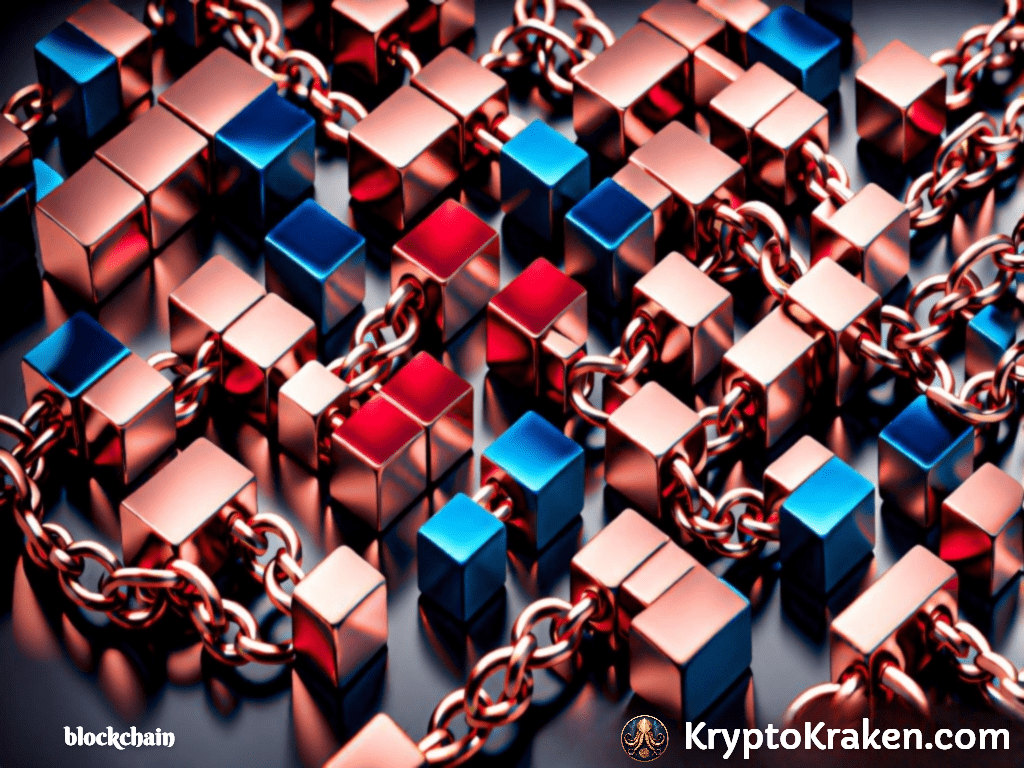


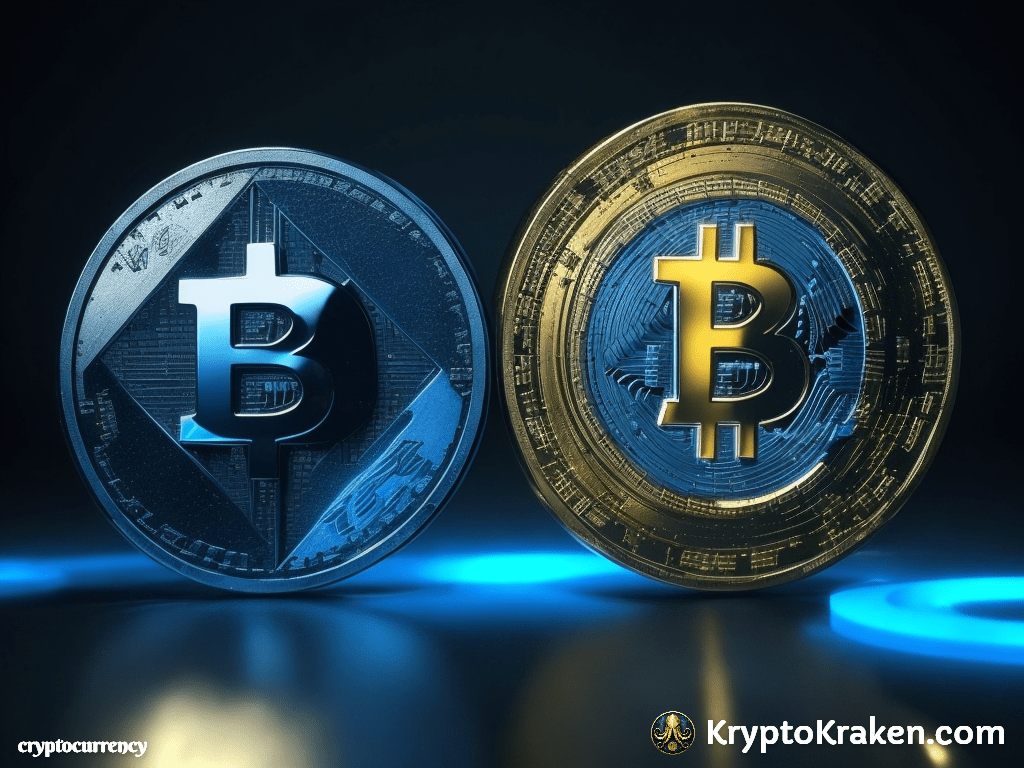
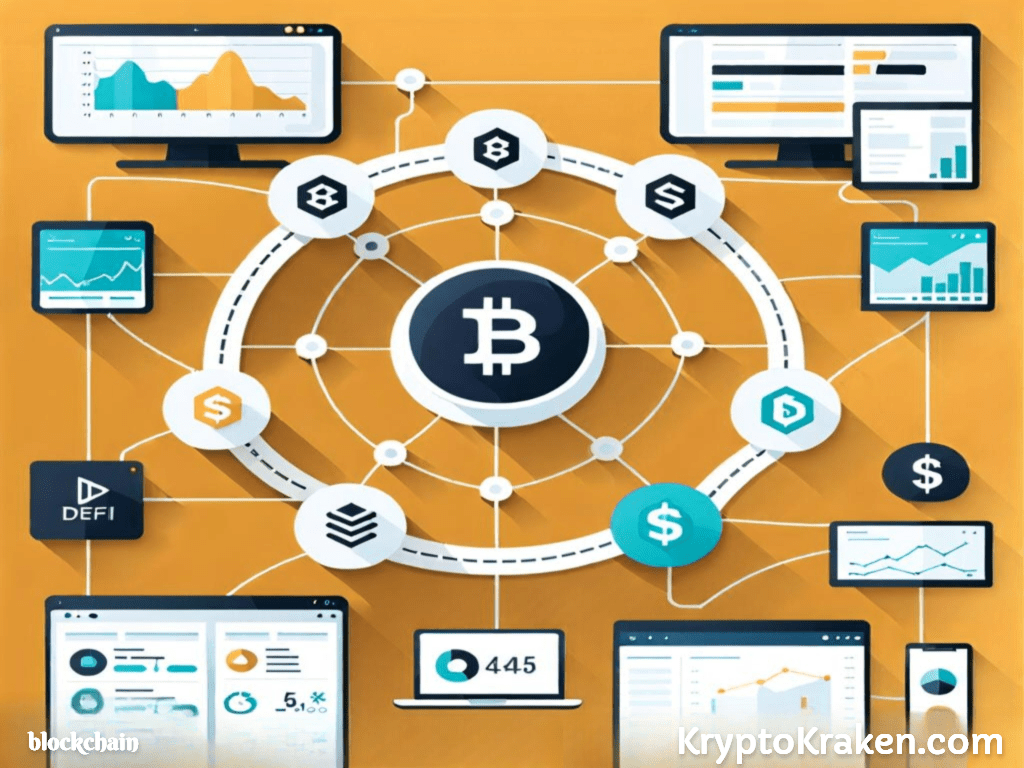
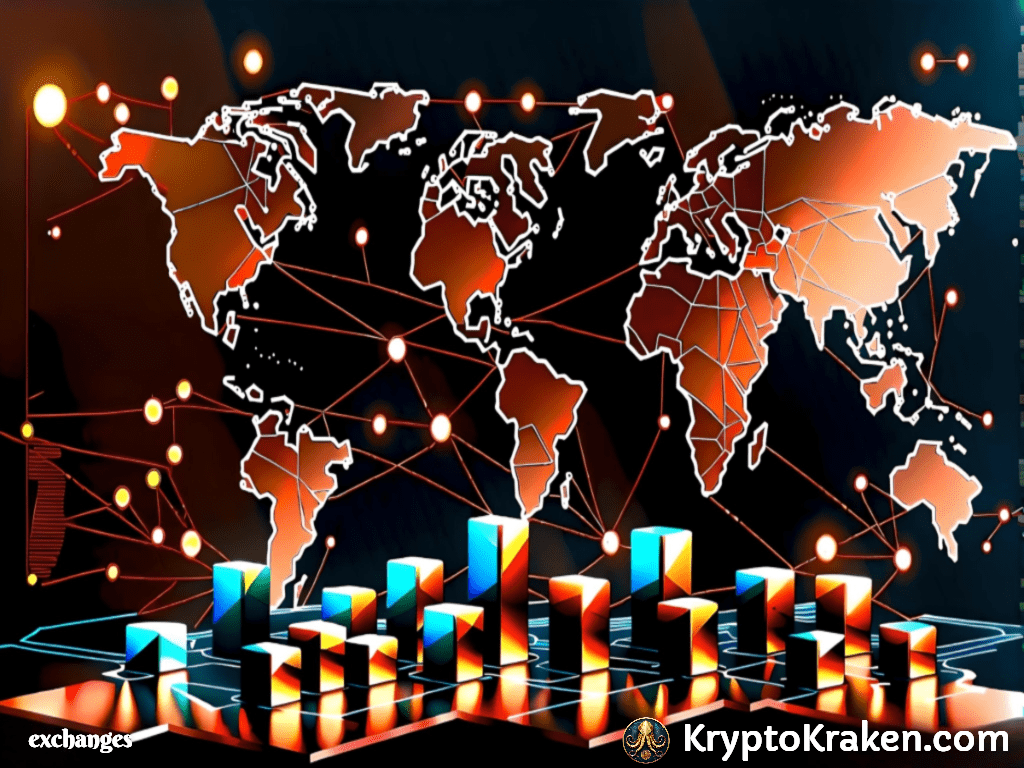
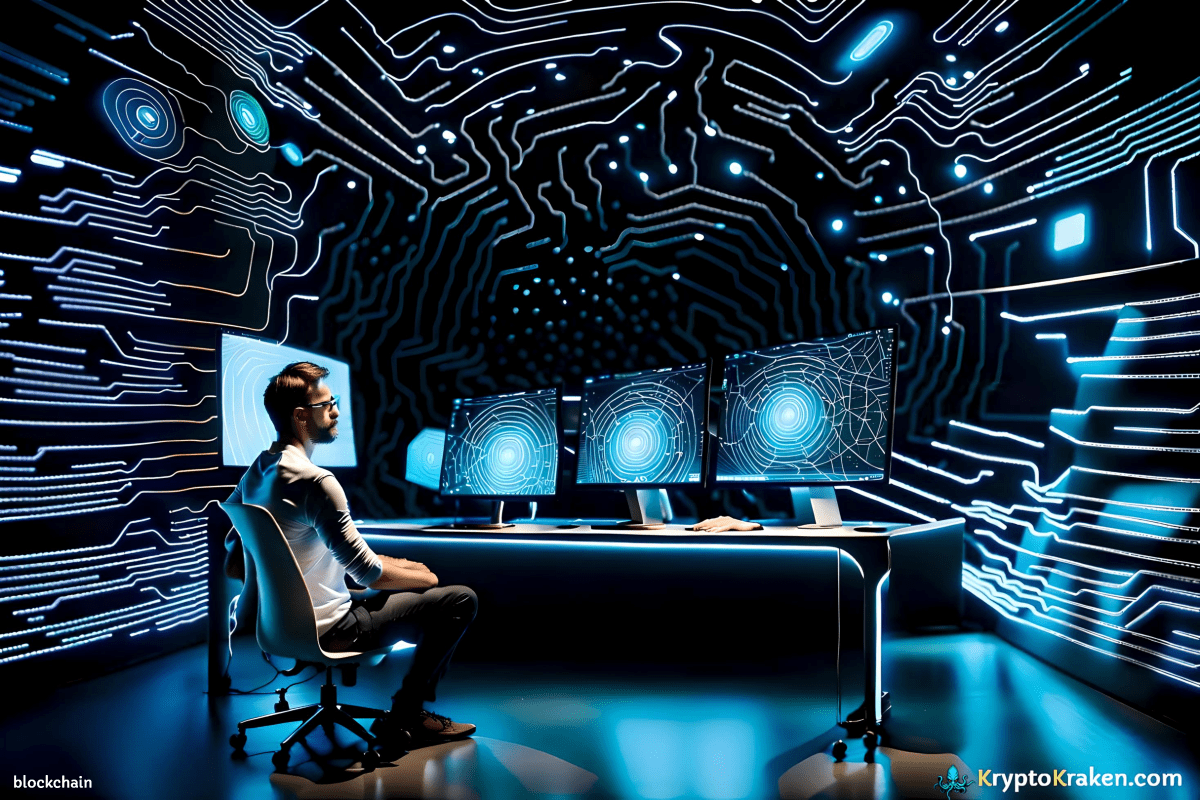
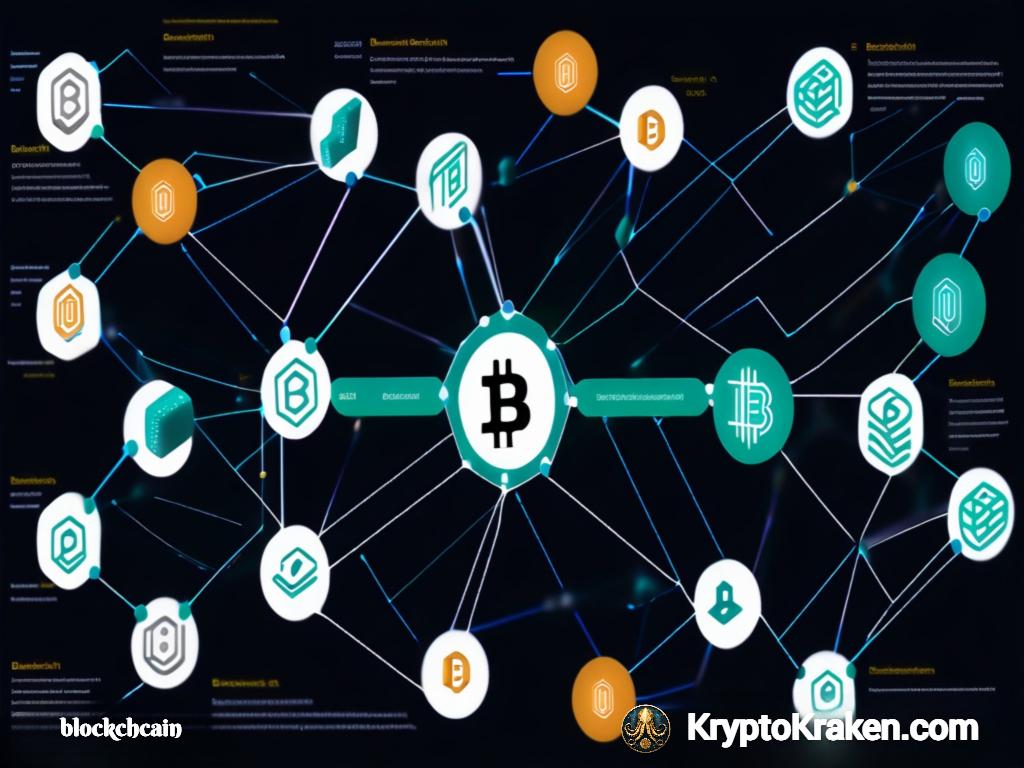
6 comments on “Exploring the Applications of Artificial Intelligence in Decentralized Blockchain”